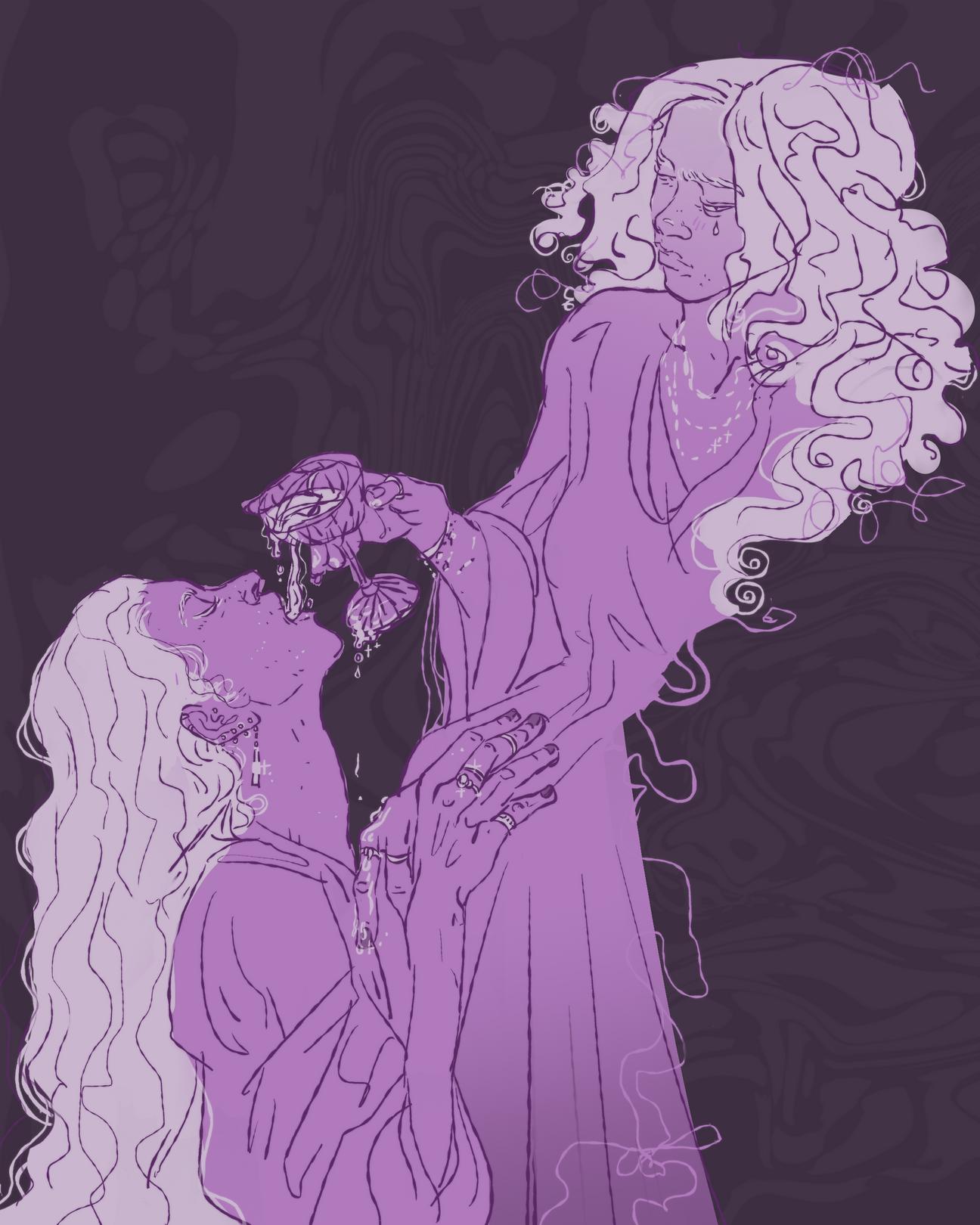
Literary&ArtMagazine Voices
Canyon
Issue 29 Spring 2024

PUBLISHER
Julie Amparano García
C0-Editor-in-Chiefs
Karen Dyer-McGowan | Emilly Vargas
Design Directors
Alec Aultz | Don Ngo
Co-Managing Editors
Zoe Folte-Neul | Ruby Lazcano Cortez
Production Manager
Jen Roberts
Alcove Editor
Michael Arbizo
Editors at Large
Michael Arbizo
Alec Aultz
Jeffrey Bowman
John Francis
Stacia Moore
Cody Potts
Jen Roberts
Genesis Sandoval
Tyler Shelt
Staff Editors
Sebastian Cano
Shane Douglas
Rachel Hard
Kayla Le
Lisa Schepper
CANYON VOICES is a student-driven online literary magazine, featuring the work of emerging and established writers and artists. The magazine is supported by the students and faculty of the School of Humanities, Arts, & Cultural Studies at Arizona State University’s New College of Interdisciplinary Arts & Sciences. Click here for submission guidelines. Front Cover image: Mirror Sisters by Regina Guist0
From the Co-Editors
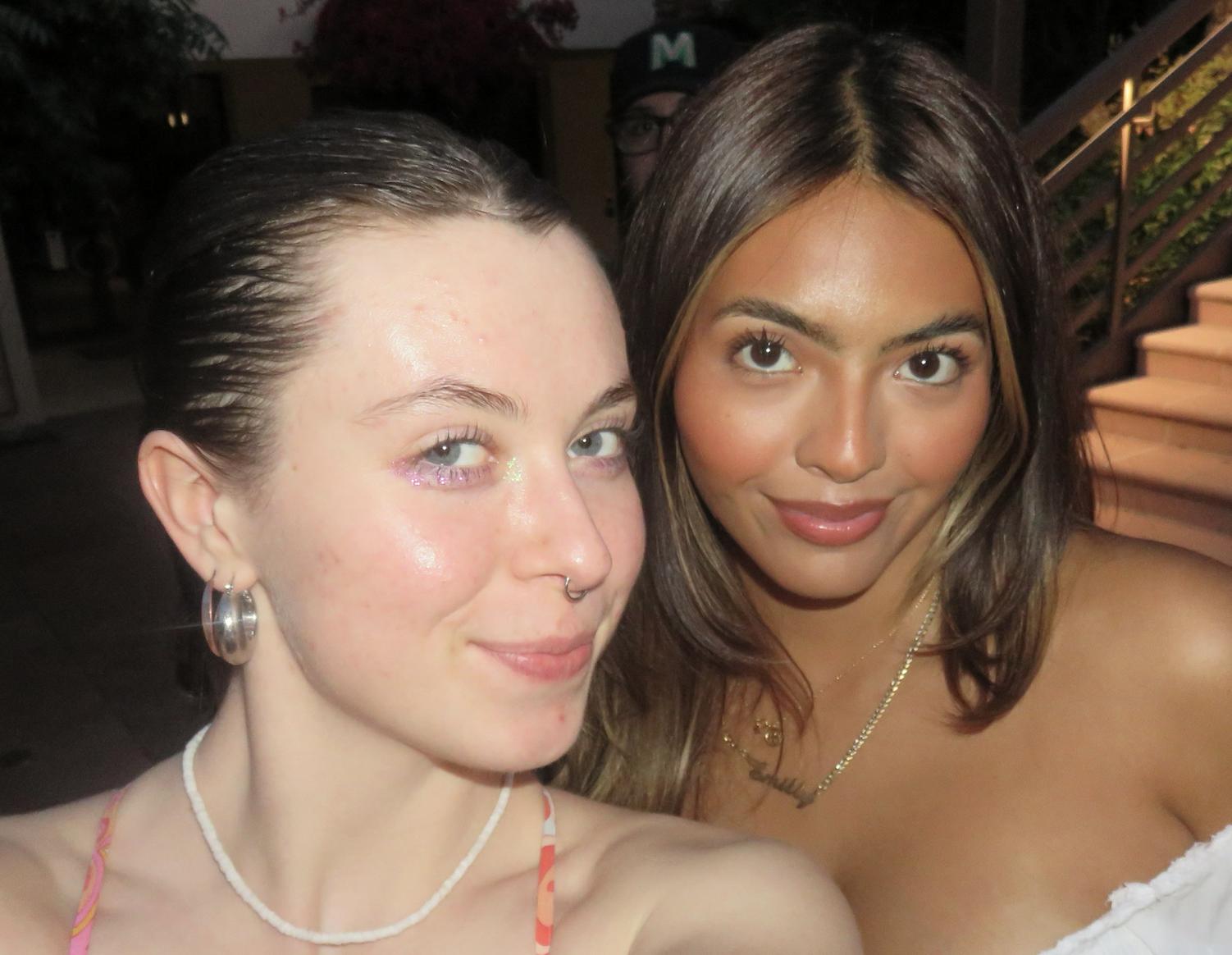
We’re so proud to present the 29th issue of Canyon Voices. After sixteen long weeks of combing through submissions, and curating the theme and design of the magazine in a way that highlights and compliments all of the authors featured, we’re incredibly excited to release this collage of unique voices into the world.
We hope that this publication will serve as a snapshot of the vastly interconnected culture we are currently experiencing today. With the diversity of work highlighted in the magazine, our current and future readers are able to peer into the wide range of worldviews and perspectives that are unique to this time and age.
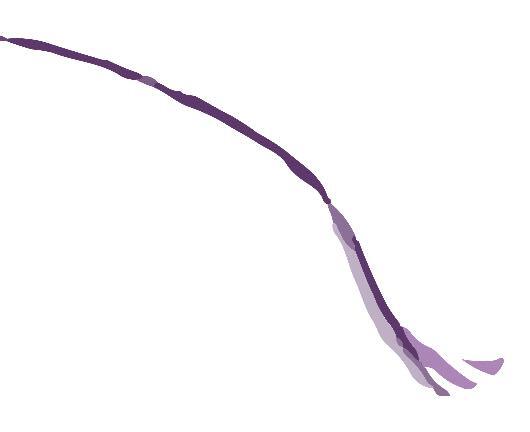
Canyon Voices and its dedicated staff, led by the expertise of Professor Julie Amparano, has upheld the tradition of bringing outstanding works to the masses. We’re honored to have played a role in this issue and are proud of everyone who poured their energy into its creation. Without our incredible staff , this issue wouldn't have been possible. We extend our heartfelt gratitude to all our fellow students who contributed to this remarkable endeavor.
Lastly, we extend our gratitude to all the creators who submitted to the magazine. We're continually amazed by the creativity that crosses our desks. It's truly the highlight of our experience. To those whose pieces were selected, know that your inclusion is a testament to the exceptional quality of your work. The world craves creators like those featured in Canyon Voices, and we firmly believe that those showcased in this issue will captivate the attention of a widely diverse audience.
Sincerely,
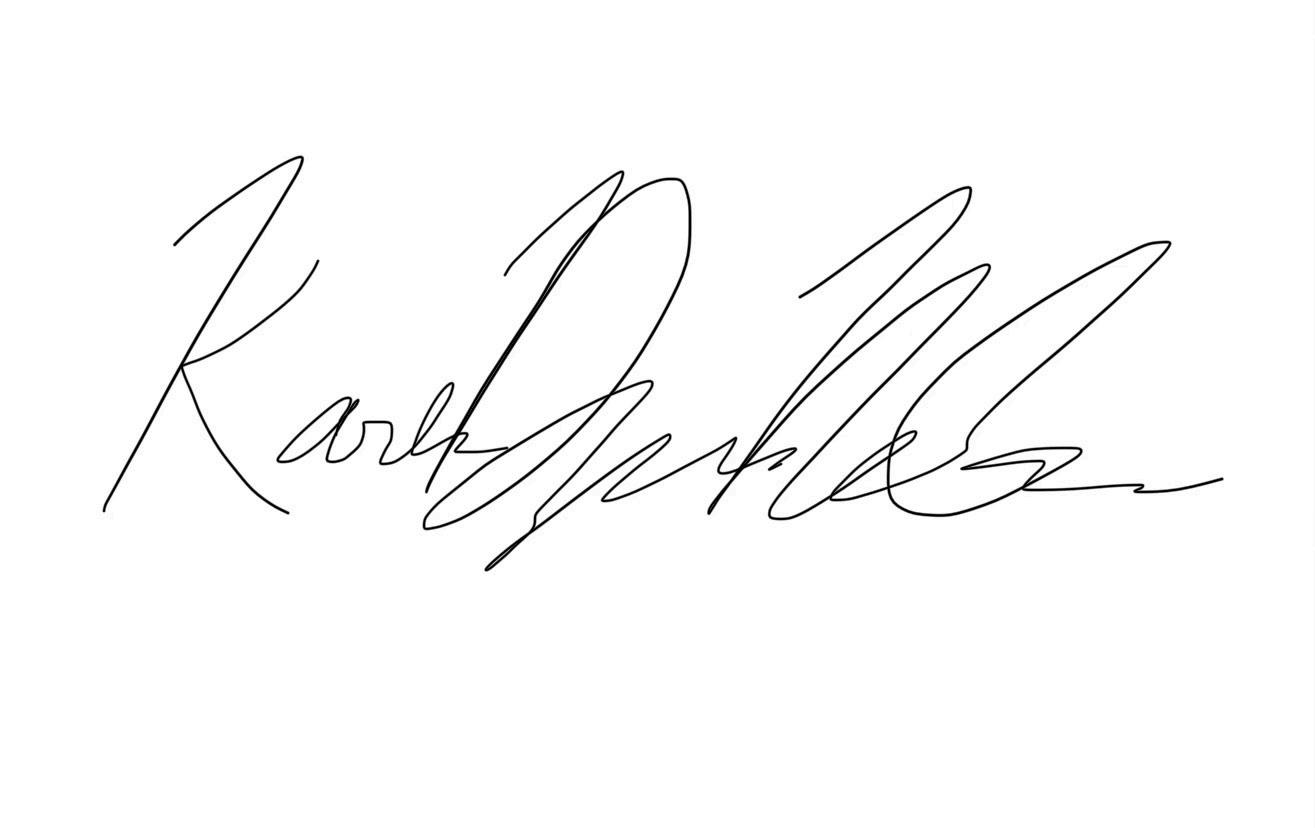
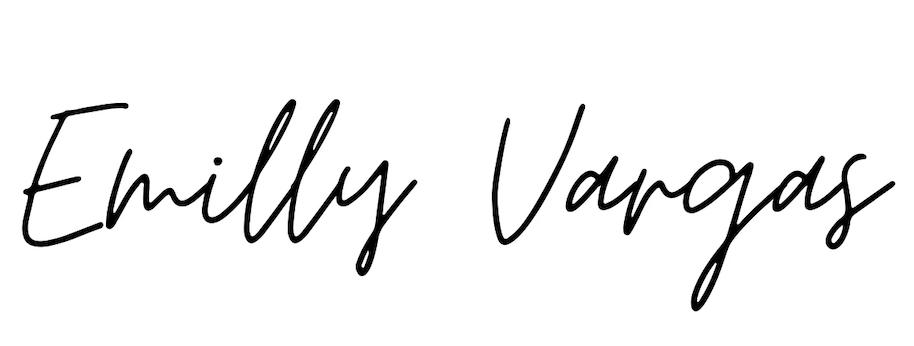 Karen Dyer-McGowan Emilly Vargas
Karen Dyer-McGowan Emilly Vargas



 Jacy Arreola-Romero | photography
Jacy Arreola-Romero | photography
Blues

CANYON VOICES | SPRING 2024
Polina Reed | digital art
The Permanence of a Pen
Vincent E. Day | poetry
Mistakes can’t be made with a pen in hand. I write with reckless abandon. Scribbles on a pristine page will remain for eternity. All the thoughts that come to mind are splayed out like a fresh kill. But I missed my shot –it was not clean –blood sprays across the page and I am left with a mess: something that needs cleaning, polishing, perfection.
These words have nowhere to go and my confidence can’t keep up; The pen is not mightier than the sword. I can't seem to find the cleanliness that I desire; The sword has sliced my heart.
How I crave the chance to go back, to rewind the ever-ticking clock and fix those mistakes of irreversible choices that fill me with despair –the ones that were not clean –as pain rips through my heart and I am left with a mess: something I refuse to touch, hold, examine.
Words are what always brings me back to those days long since gone. Dark thoughts that pierce my heart and leave me bleeding out so that my blood spills across the page.
I am alone with my thoughts –the unclean ones –that take over and remind me of all the mistakes my life has accumulated. The pen has decided where and when happiness begins.
The mistakes are there among the moments of happiness. I have to accept the choices I have made: the pen strokes in the pages of my life. There’s darkness in the light, life is not clean nor are choices they are permanent like a pen in hand.
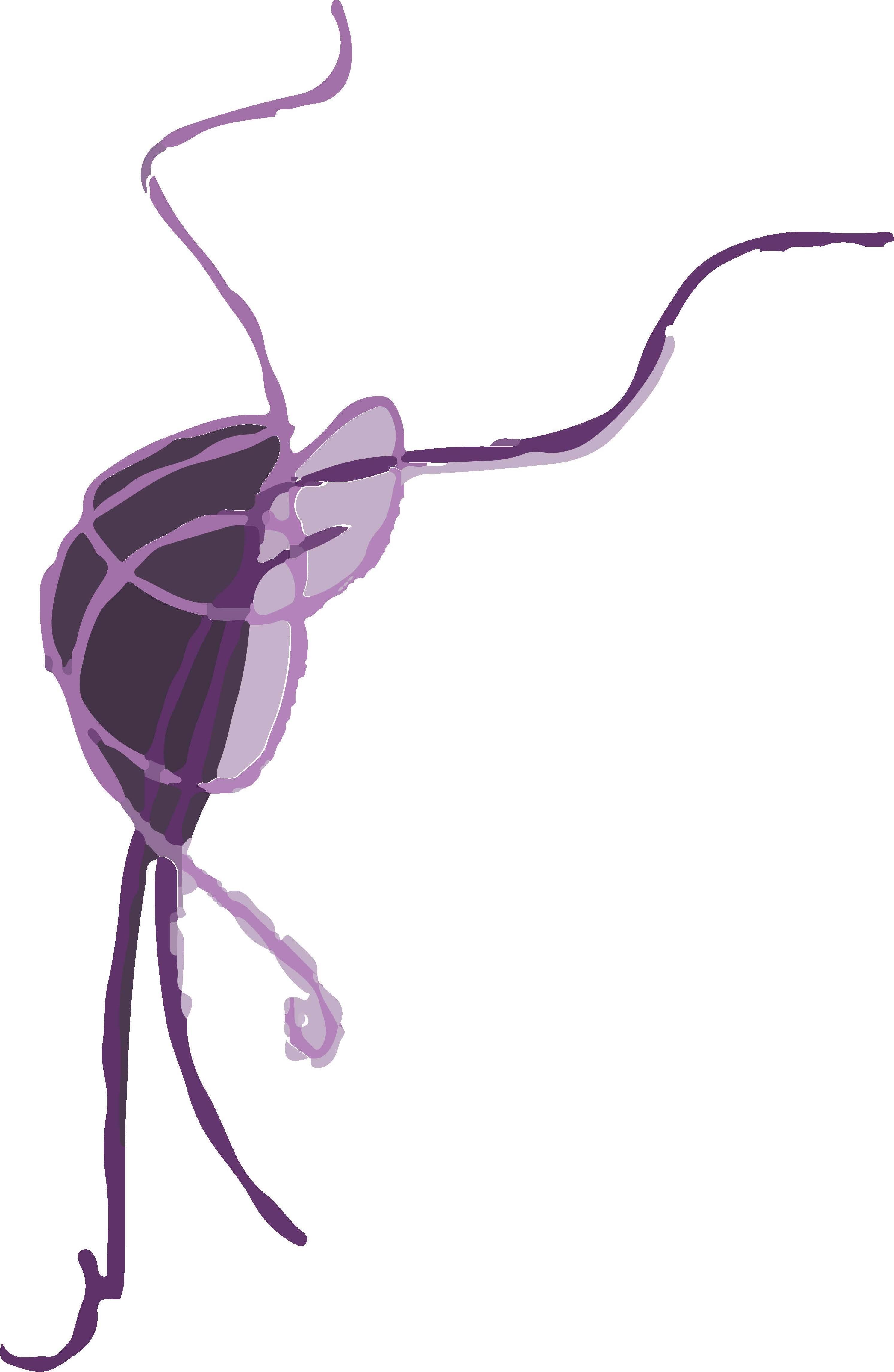
CANYON VOICES | SPRING 2024
Ample Mail Storage. San Francisco
William C. Crawford | photography

CANYON VOICES | SPRING 2024
A Letter to My 17-year-old Self: You Won’t Listen Anyways
Rivers Finney | creative nonfiction
Dear Rivers,
Looking into the past, at who you are, is not easy to do. I recognize you, but I’m not sure that you would recognize me. You are so naive, and I know you are scoffing at me for saying that. The difference between you and I is that even now, at 21 years old, I know that I am still naive. I have more wisdom than you, but I am still not wise. But you, at just 17, you think you know everything. To put things bluntly, you are going to go through things that will change not only the trajectory of your life but also the way that you value life.
I know that sounds dramatic, but things will happen that will feel earth-shattering to you, but they won’t seem earth-shattering to those on the outside looking in. So, they will call you dramatic. I look back at who you are, and you seem so innocent and uncorrupted, even though I know that’s not how you feel. Looking back at you is like watching a meteor hurdle towards Earth or a deer that is blissfully unaware that they are about to get run over by a car.
You are seventeen years old. The year is 2020. You are about to begin your second semester of your senior year of high school, and you have already decided what college you want to attend. You treated it as a small decision even though deep down you knew it wasn’t. It was between Arizona State University or the University of Arizona. It was a decision you were slightly embarrassed about, because you barely had the grades to get into state schools, while you watched your classmates and friends apply and get into multiple out of state schools. You knew you shouldn’t even bother. You decided to go to Arizona State and room with Charli – your best friend of eight years. The other option was to room with your other best friend Jada at the University of Arizona.
You made up multiple reasons why you made this decision, but the real reason you would never admit to anyone. The reason is you were scared. You were scared to move away from home, and you were intimidated by the fact that Jada was miles more academically advanced than you. Charli was the safe option, and it was a miracle she even got accepted to ASU because her grades were worse than yours. You felt a sense of superiority to her, and you loved it, even if it made you feel guilty.
We both know that high school has not been easy for you. You were diagnosed with clinical depression when you were 15, even though you’d been experiencing it since you were in the 6th grade. Our parents swept it under the rug because it made them uncomfortable. You were groomed by a 19-year-old boy when you were 13 until you were 16, and you dealt with it all alone because you didn’t want to get him in trouble. I know that you still don’t see it as him grooming you or that it was wrong, but just wait, you will realize. Every day was a drag, small inconveniences made you think about how you didn’t ask to be born.
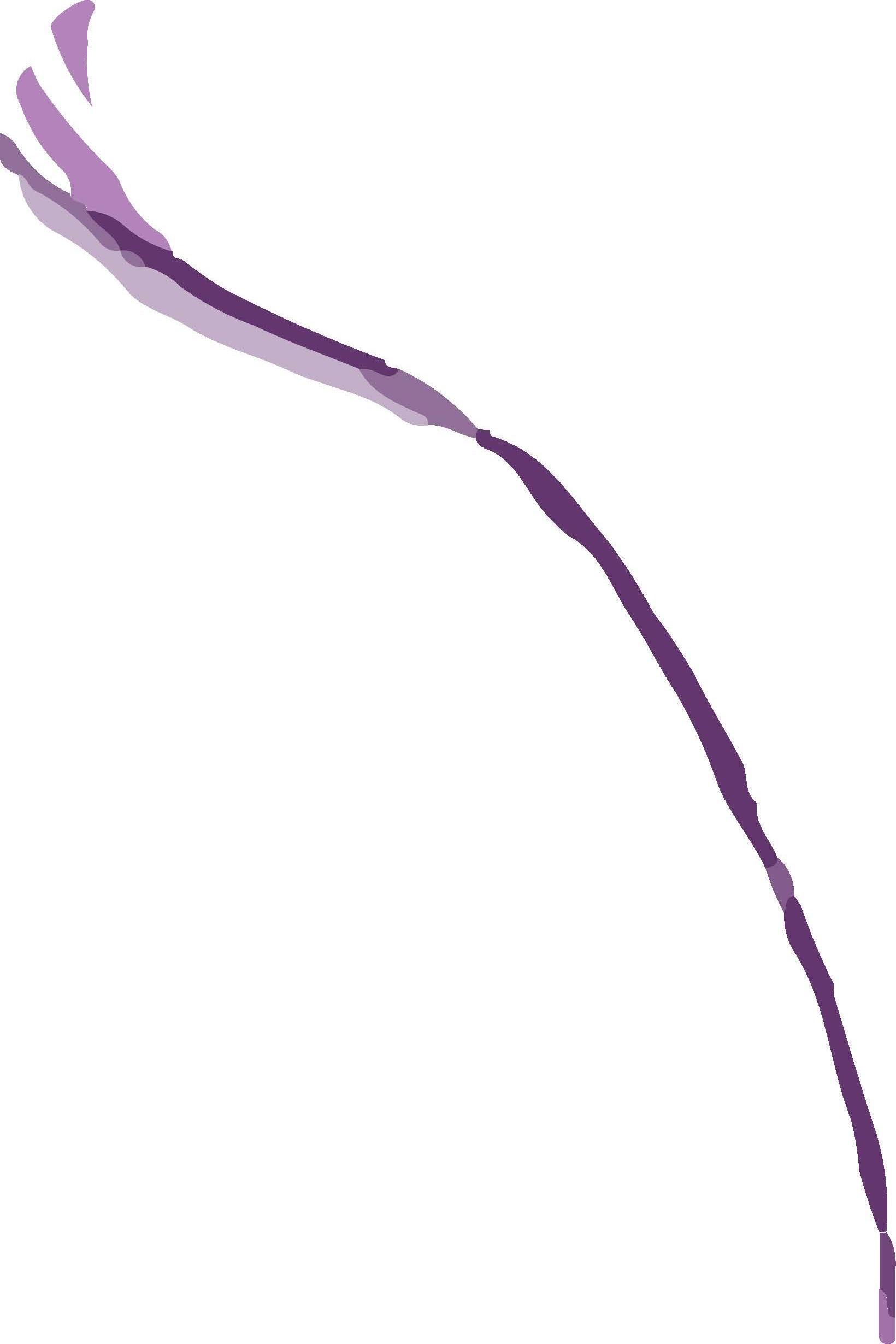
CANYON VOICES | SPRING 2024
You thought about dying every day, how you wish someone else was born in your place, how you didn’t ask to be here. So, you would ask yourself, “Why do I have to learn how to balance chemistry equations or memorize literary terms?” You convinced yourself that nothing you did mattered because you were going to end things before they did. Obviously, that did not happen, because I am writing you this letter at 21 years old, and you managed to hang on by a thread.
All things considered, you are almost finished, and spring break is about to begin. Soon you will hear about something called the Coronavirus. The Coronavirus, or COVID-19, is an easily contracted respiratory illness that is going to cause a world-wide pandemic.
Coronavirus won’t seem like a huge deal at first, they will extend spring break a week longer, which you’ll be thrilled about. Everything else will start off rather normally; no one will panic initially. You will still have the love of your life, competitive cheerleading, which is the biggest reason you held on all these years. Your team is preparing for the World Championships held at Disney World in Orlando, Florida This is going to be the fifth time you’ve attended the World Championships and only the second time you’ve had a real chance at winning. It’s your last shot before you move on from this chapter of your life and focus on college. You’ll fear that if things get worse with the Coronavirus, they are going to cancel the competition, but you’ll try to block that out of your mind and believe that all your hard work for the past 10 years is going to pay off.
Hope only gets you so far, because they’ll cancel school indefinitely and cheer practice will be held at home and over zoom. Everything will shut down and only “essential businesses” like grocery stores and hospitals will be open. As you know, your mother is a nurse, and she is about to go through the most grueling and difficult time she’s ever experienced in her career. Your dad, the executive chef at a successful resort, is going to be furloughed and not work for nine months. Watching them struggle is going to be painful, because you can’t fix this and there’s not much you’ll be able to do to help. The Cheerleading World Championships will end up getting canceled, and you are going to be heartbroken. There are no words to describe the devastation you will feel. You don’t get to finish high school or walk at graduation after going through hell and back to do so, and the thing that gave you tiniest bit of sanity through it all will be gone in the blink of an eye. You will feel guilty for feeling sorry for yourself because people will die from this disease, and what will happen to you, will happen to every single person in the world.
But something will make you feel even guiltier, and that is the absolute euphoria you will start to feel because nothing matters. The world will be in shambles, like the apocalypse, and things like grades, college, and cheerleading will seem so small. And you will love it. It will feel like time has stopped and you are getting a break from these things that were previously your entire world. You will indefinitely have no responsibilities. You will feel lighter, and you will keep it a secret because you know you should not be finding joy in this horrible time that’ll most likely go down in history. You’ll stop thinking about what you want to major in, things you should purchase for your dorm, or the anxiety you will feel when going to a college class for the first time. Because what does it matter? You’ll think that maybe you’ll get

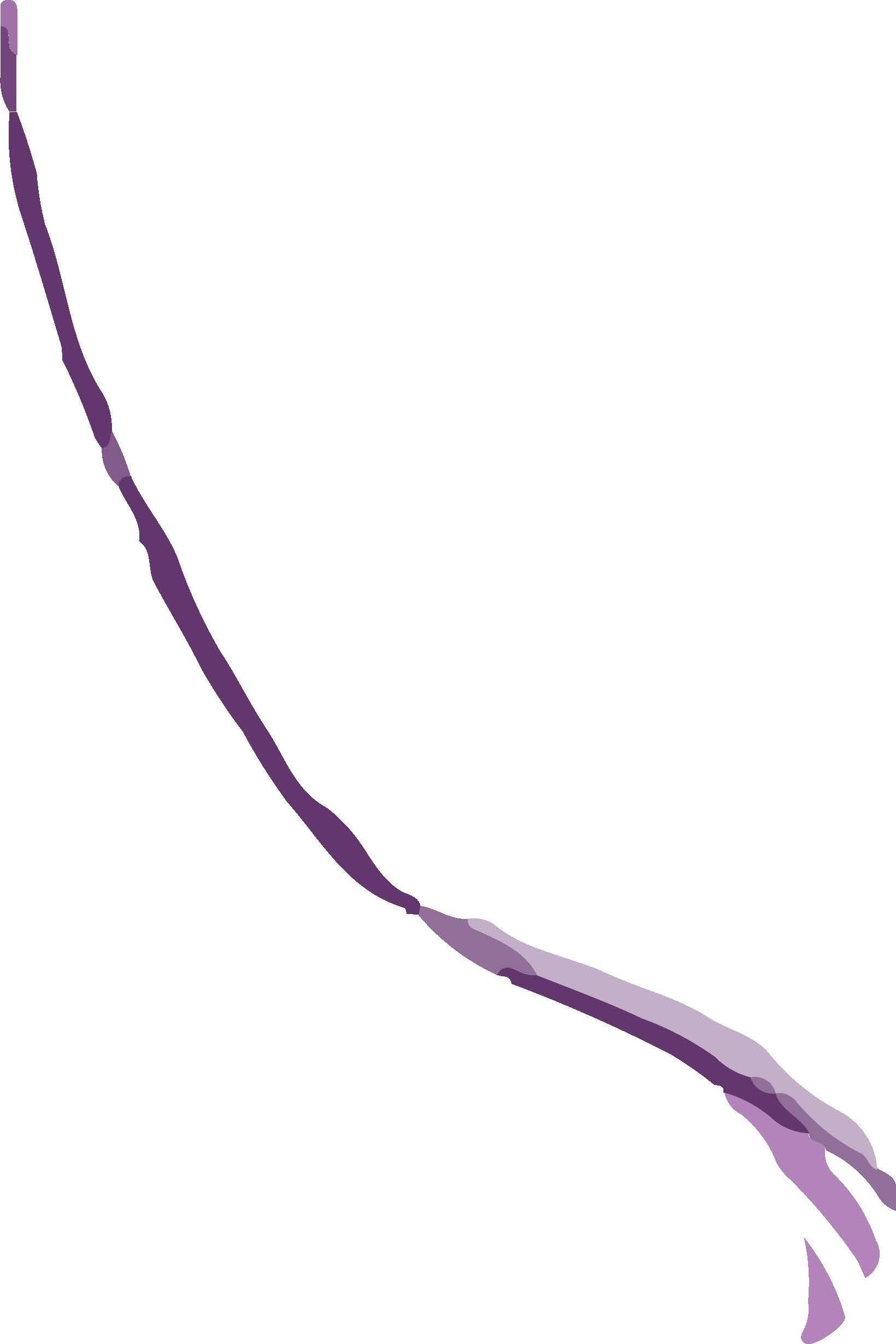
CANYON VOICES | SPRING 2024
this sickness and die from it. Or maybe everyone will lose their minds and start killing each other. All you’ll know is that nothing you do matters. You’ll finally get your wish that you made years ago. You will be granted the ability to do nothing because you didn’t ask to be here.
Eventually, your mom will start to let you see your best friend and soon-to-be roommate, Charli, (no, the world is not going to end, and yes, you still go to college) because she thinks it’s better than allowing you to rot in your bed all day long. As we both know, you and Charli aren’t typical best friends, and truly don’t have much in common. Charli is gay, she dresses like a dude, she hates shopping, she plays basketballwhich you don’t know the first thing about, she plays video games, and she has no interest in makeup or hair care. So — on a surface level — you guys really couldn’t be more different. But that’s exactly it, you and Charli are not surface level friends, you guys might as well be sisters.
You’ve lived down the street from each other for seven years, and you spend as much time at her house as you do at your own. You and Charli can talk about anything for hours and never get bored or tired of each other. You have the same exact sense of humor. If you think something’s funny, you know Charli will too. You love all the same movies and all the same music. You’ll sit and watch her play Call of Duty for hours and she’ll sit next to you in the bathroom while you do your makeup, and she never complains about how long it takes for you to get ready. Her sisters do cheer, so you hang out with her at every cheer competition, and she’s always in the front row cheering you on. You’re the first person she ever came out to as gay when you guys were in seventh grade. You spend every Christmas Eve at her house. You are each other’s safe space, and you can’t imagine life without each other. I hate to have to tell you this, but, as of right now, November of 2023, you and Charli have not spoken in a year and a half
It will be in May of 2020 when Charli introduces you to her new friend Tatum. You guys will immediately get along, but it will be obvious that Tatum is much more interested in being Charli’s friend than she is being yours. I know that doesn’t worry you at all because you think that you and Charli are family and will always be family no matter what. Your mom will warn you that Tatum seems ingenuine and that you should be careful. You won’t listen to her. I really wish you would listen to her, but I know you better than anyone. And you won’t because you see the best in people. You, Tatum, and Charli will start hanging out as a group of three often, but sometimes Tatum and Charli are going to hang out without you. You’ll be okay with that because Charli has never had very many close friends, and Tatum likes a lot of the things that Charli likes to do that you don’t, like playing video games and sports and what-not. One night you, Tatum, and Charli will end up deciding that you’re going to be a group, you guys are guys are going to do everything together and essentially decide that you all want to be long-term friends. You’ll even make a group chat titled “the group” to make it official.
Your birthday will roll around like it does every June, but this time it’s different, it’s your 18th. Tatum and Charli will decide that they want to throw a small party and invite over a few of your cheer friends, who Charli knew just from being your friend for so long. One of your friends, Alana, will bring a few boys with her. One of them will be extremely good-looking. He’ll be tall, like basketball-player tall, skinny – but also built, perfect bone structure, and fluffy light brown hair with golden highlights. He will be wearing a yellow “Vans” t-shirt and light wash jeans. This boy is going to ruin your life.
CANYON VOICES | SPRING 2024
This boy’s name is Andrew, and before he ruins your life, you are going to have the best summer you’ve ever experienced. You have a brand-new friend-group that you love which consists of you, Charli, Tatum, and Tatum’s sister Madi, who began hanging out with you guys back around your birthday. Andrew will make you feel like you’re on top of the world. He will say all the right things, you’ll never stop laughing when you’re around each other, and everything will seem perfect. Until it’s not. You will find out that he’s still in contact with his ex-girlfriend of over a year that he broke up with just weeks before meeting you. You’ll let it slide because it’s not like you guys are official or anything, right? You will become obsessed, and your world will start to revolve around him. Every day you will stare at your phone waiting for him to text you back, and the waiting periods will get longer and longer while the scenarios of what he might be doing will take up more and more space in your head. I would tell you to run in the other direction, but you won’t listen.
Summer will start to fade away and it will be made official that your freshman year of college is going to start in mid-August. Classes will be online due to the pandemic, but it is still recommended that freshmen move into the dorms. Things won’t feel all that real because the world still feels like it’s on hold. You and Charli will move in together, and you will have a blast for the first few weeks.
September 1st: Charli will go to dinner for her sister’s birthday. She’ll come back and tell you that her dad didn’t go because he wasn’t feeling well. September 2nd: Charli’s mother will take him to the emergency room because he still wasn’t feeling right. On September 3rd around three o’clock in the morning, he will die of heart failure.
Charli will be hysterical. And you won’t know how to help. You and Tatum will spend every day at her mom’s house for the next three months, making sure that Charli is never alone. She will drink almost everynightandbecomesoinebriatedthatshecan’tevenformsentences.Hermomwillblamethehospital and says that they’re trying to make the death toll of the Coronavirus look higher than it really is. She doesn’t believe in the worldwide pandemic that’s killed countless people, but that really is a whole different story. You and Charli will cry together, a lot. She will end up dropping out of school, and you will end up alone in the little concrete cave that is your dorm room.
I don’t want to spoil it all for you, but I will tell you that things get worse, so much worse. There will be good memories, but unfortunately the bad will outweigh the good. Things are going to happen that you would have never predicted in millions of years. Everything will fall apart, and that is putting it lightly. Do not dare let anyone call you dramatic. You have a right to feel the way that you do. People are going to ignore your calls for help, and you will end up at a point where you have nothing and no one. Me writing this is proof that you will survive. You will learn things the hard way, but I swear to God, you will come out better on the other side.
Sincerely, Rivers
CANYON VOICES | SPRING 2024
Bouquet

CANYON VOICES | SPRING 2024
Giselle Torres | micron and ink gel pen
Technically Human
Jade Sheng | digital art

CANYON VOICES | SPRING 2024
Humans Like Me
Steven Fortune | poetry
Inner tug of civil war
Mad posture acrimony
stewing once more
Open to no mediation but the fetal compromise whose parameters are only nursed in nocturnal linen
Sleep’s severe censorship rushes to contain the zone of self anointed pain relief
External causes stand in wait to profit from this neck-and-back friction fast to buckle fiction to the humblest therapy
Even the anatomy can be encapsulated in a war metaphor nowadays with benevolent machine oil confiscated to appease the legion infinitesimal
Holders of the lingo packing all the decibels
Those who have discovered and exploit the sin eaters
I am one of them told that humans like me more when I keep peace with my amplified best-seen not-heard persona
One good to know
Even better to forget
CANYON VOICES | SPRING 2024
To bury a curious girl
Amirah Al Wassif | poetry
When I was younger, I stood on a mountain of pillows
With a brave decision to swallow a whole finger. My father insulted me because I am curious.
All his life he wished to have a non-trouble baby whatever girl or boy.
My forefathers preferred to bury baby girls rather than put them
In carriages and sing them a lullaby. I was born with a great motivation to scratch the sky upon my shoulders, crazy monkeys and heavy weights, I used to bake my grief each night
And through the daylight, while they’re trying to sell me,
I spend my time calculating the distance between my gender and my awaited funeral. When I took my first steps, my tribe circled around me like bees.
They approached figuring out that I have thighs and breasts. They tucked me in the obedience pocket, they dwelled me in an iron cage.
They ate my wings, my ears. When I was younger, I crawled towards my father’s shoulders, I whispered, “how far does the world extend?” He frowned and replied “just, look at the space between your legs.
CANYON VOICES | SPRING 2024
Spawning 2 (Cavern)

CANYON VOICES | SPRING 2024
Giselle Torres | micron and ink gel pen
Stephen’s Defence
Steven Fortune | poetry
Intangibles are hard to promote and yet this call is not so easily shunned with an agent of unnaturally warm immodesty and innovation on the other end Strange creeds built in benevolence stumped by reluctant jumbled tongues Happiness here is a cold stone gun and faith is to risk what fathers are to sons My words and my faith intertwine as ignorance circulates stones among the realistic grips of the reluctant I’ve arrived to die for the one who has amplified the words in me
CANYON VOICES | SPRING 2024
Fractured Glazing with Bricks
William C. Crawford | photography

CANYON VOICES | SPRING 2024
Prayers from Our House Roof
Amirah Al Wassif | poetry
We were boiling bananas on the roof of our house.
Mother’s laughter clutched the heart of my ears.
She was gossiping with a neighbor. Mother was storytelling, sweet as poetry. I loved
To watch her tongue play the music of conversation. They worked on their knees, their noses colored by wood smoke. Boiling bananas was like a prayer
We whispered, sang with faces lifted up, We made art through peeling bananas, slicing them into pieces to boil on the fire, hoping for a kiss on a cheek
From a bird; an old hymn bathing our exhausted souls.
At the roof’s edge, I overlooked a cavernous grotto, and I saw God cooking for children like me. I watched him prepare the dinner table for them in heaven,
A kingdom of mercy. I stretched my arms to touch the magic, then ran to my mother, whimpering
That I saw God cooking for the children. She smiled but continued talking with her neighbor. I yelled
At my mother for attention, pointing, but she just smiled. I kept watching God make delicious food for one hundred children gathered on their knees around him, longing in awe. I waved to them, But they didn’t notice me. I imagined the smell from our rooftop carried a kind of hope.
Under my bare feet, bananas peels and two bowls, one for us and the other for the hungry people
In our neighborhood. It became a ritual ever since one hundred children had died of hunger,
One hundred innocent souls vanished. I swear I saw God cooking for them, but no one believed me; they just kept smiling
CANYON VOICES | SPRING 2024
La Llorona

CANYON VOICES | SPRING 2024
Giselle Torres | micron and ink gel pen
Lone Hiker at Rest. Death Valley
William C. Crawford | photography

CANYON VOICES | SPRING 2024
The Day Aleppo Trembled
Mohamad Kebbewar | creative nonfiction
It is a known fact amongst historians and engineers that Aleppo is on a fault line and is prone to earthquakes. They don’t happen very often, but they’re in the collective memory. The last time we had an earthquake was in 1822 so long ago. Afterwards, City Hall mandated that architects and real estate developers design their buildings to resist earthquakes greater than 7.0 on the Richter scale. However, many real estate developers did not adhere to the city laws about of the quantity of cement and steel that should be used, and the number of floors allowed. In some cases, people built their own homes and cut corners when it came to safety, but people who did not follow the laws paid a heavy price. They thought they were saving money, but losing their lives was the price they paid for not following the laws. One of the big problems now is finding city council employees or engineers to make sure that buildings are safe. Unlike war, which often targets specific buildings, the earthquake impacted almost every single home in the city; however, many of the affluent areas were not affected by the earthquake because their architects strictly followed city council guidelines to design structures that can resist earthquakes measuring 7.0 on the Richter scale. Now the city mandates that all buildings must be built to resist earthquakes measuring 9.0 on the Richter scale.
Our lives can tumble like a flip of a coin. I woke up two minutes before the earthquake happened. I rarely wake up at night maybe my body knew something I didn’t know. The ground slipped underneath us. The quake hammered our existence. I was still in bed, not fully com-
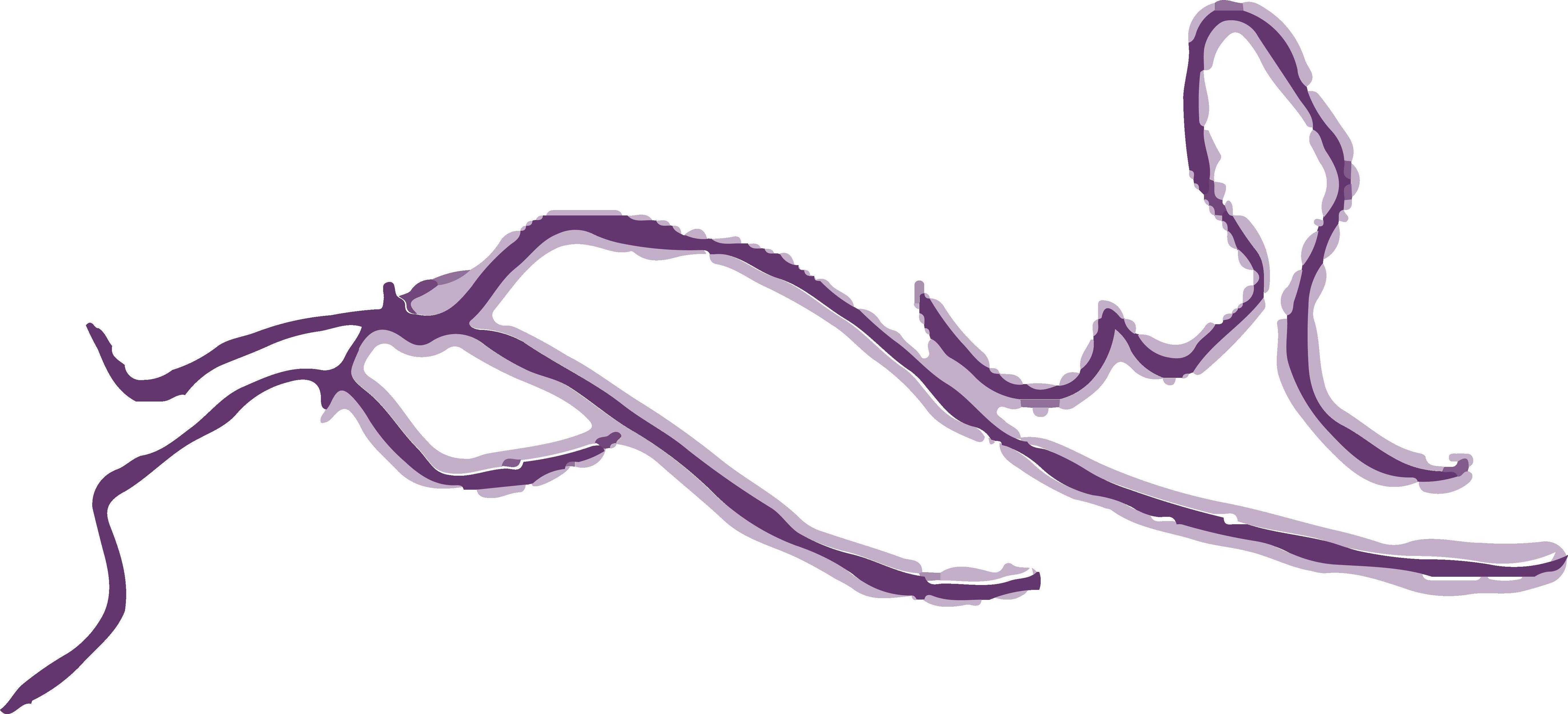
prehending what was happening, except that the earth was shaking. It shook so violently that I didn’t know where it was taking me where it was taking us. Would I die here? Was this my last moment on this earth? Then it happened. The earth shook and rippled with greater intensity. It shook so much that I felt our building was ready to collapse. As the intensity grew, our building wobbled and shivered, but seconds before the building collapsed, the earthquake stopped, and the earth receded into stillness. When the shaking stopped, I felt like I had gone through a long war, but the earthquake had lasted less than one minute. It was a 7.6 on the Richter scale. Still in bed, I looked at the bookshelf facing me. It was shaking and grinding. This was a heavier kind of bookshelf made of two pieces fixed by wooden teeth. The upper part was like a windowpane with glass inlay in the middle showing the contents of the bookshelf. I was afraid that the bookshelf would fall on my legs. Luckily, the shelves were full of papers and textbooks, so they were heavy enough to prevent it from falling.
Although we had been in a protracted war for ten years, during which different militias and different armies fought on our land, the earthquake made me feel the same level of fear and anxiety I’d been feeling for years, in seconds. I crawled to the living room to check on my parents and siblings. All safe. My two sisters and younger brother were absorbed by the shock of the earthquake and were deep in thought. I sat in the living room chatting with my sisters and thinking about the enormity of the situation. It felt like dodging a bullet. In the kitchen, I made us coffee, then I returned to the living room,
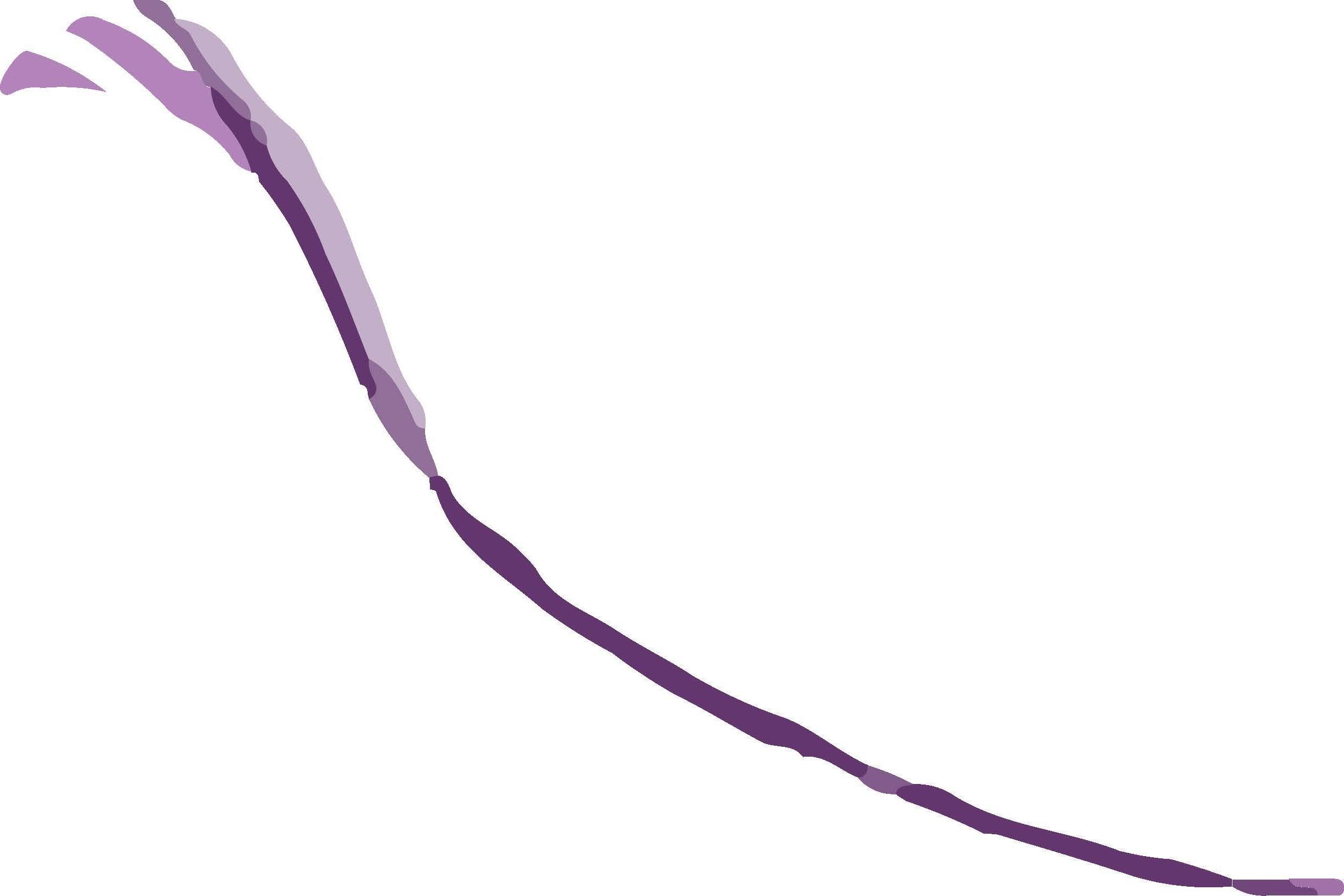
CANYON VOICES | SPRING 2024
sipping the bitter coffee and eating sweet chocolate life is often a mixture of the bitter and the sweet. I finished my coffee and went to my room, but I was hesitant to go to sleep for fear that something might happen to me, although rest is all I could think of. I looked at the bookshelf one last time as if communicating with it and pleading for it to stay where it was. I put my head on my pillow and let myself go.
I woke up to the sound of azan, the call to noon prayer. I got out of bed and felt my feet on the ground. I looked at the windows and the wooden bookshelf: all were in place. I washed my face with cold water and made coffee. As I took the last sip of coffee, another earthquake struck! It was less powerful and shorter in duration. A 4.6 on the Richter scale. The sofa shifted and ground like a missile launcher. It felt like the ground was going to crack and swallow us. With each passing second, the chandelier swung faster and stronger. And then there was peace; the quake stopped. I stood up and steadied the chandelier with my hand. There was a moment of quiet in the living room. I tried to process what had just happened and what to do next. Our usually quiet street was now bustling with cars. I could hear honking and the panic of drivers and their families. I walked to the window and looked at the chain of cars trying to escape to safety. I called a friend of mine.
We drove around the Almugambo and Almuhafaza districts. The streets were full of cars and people. Some people were camped in midsize trucks, and ice-cream trucks had been turned into shelters. People were scared to stay in their homes, being outside was much safer for them. Cars were parked in double and sometimes triple parking. A crowd of thirty people stood at a street corner, gathering there to keep away from any structures so they would
not be in danger of anything falling on them. The buildings that were spared during the war were falling now. We drove to the Alazizieh district, where a building that once housed a duty-free shop had collapsed like a deck of cards. Areas closer to the Quaiq river, like Baghdad Station, were strongly affected by the quake because the soil was wet there, and it made the structures of the buildings weak. On the way back home, we stopped at a fast-food restaurant. It was packed with people. Since it was only one story, people felt safe to gather there.
A friend of mine worked as a doctor in a clinic attached to a mosque. He told me about the relief work they were doing there, so I decided to pay him a visit to see how people affected by the quake were coping. A few days later, I went back to his clinic. We drank coffee in his office, and he told me about the horrible conditions people were enduring. A few minutes later, we went down to visit the hundreds of displaced people living in the mosque.
One hundred and seventy families were living in 2500 square meters. Families set up their foam mattresses around the qublieh, the main prayer space set in the direction of Mecca. In the center of the front wall was mihrab, an ornate stone piece with Quranic inscription. It is where the imam stands to lead prayers. Families were spread out across the qublieh. The mihrab was cleared. There were many crying babies and mothers looking after their families. Some toddlers crawled around their families. Outside in the mosque’s courtyard, two young women sat in the sun. We met an older man there as well. He was in his sixties. His building had been fractured by the earthquake, and he was afraid to go back to his flat. He said that he was happy to find food and shelter at the mosque, but he was worried about what was going to happen to his

CANYON VOICES | SPRING 2024
apartment. Many buildings collapsed on their own or were brought down by the safety team from city council because they were too dangerous to live in and threatened the buildings around them.
From friends, I heard the news that many people took refuge at the Olympic Stadium. I asked a friend to take me there. On the main road that led to the stadium, it was distressing to see displaced people scattered over the hill at the edge of the road and on sidewalks. Tents made out of banner materials were set up on the sidewalk. It was a sunny day, and many families found refuge in the sunshine. Couples and children sat on unbuilt land, receiving the warmth of the sun. We reached the gates of the Olympic Stadium. There were many people sitting on sidewalks, and mothers walked with their daughters to keep each other safe. Two girls walked playfully, looking for prospects. Fuel trucks from Iraq parked on the land owned by the Olympic Stadium. Soldiers patrolled the entrance.
We entered the doors of the stadium and walked through the corridor with its polished wooden floors. To our right was a basketball court. Ahead of us, about fifty families were sleeping in the corridor of the basketball court. A young woman was in a dark blue veil, her head barely sticking out from a woolen blanket. Some families were sleeping, and others were awake. I caught a glimpse of two children wrapped in thick woolen sweaters, who were in a state of shock. I thought how it must be a terrible experience to be displaced at their age. Their father gave us a look that conveyed both fear and suspicion.
We walked towards the wedding ceremony hall where my friend’s brother had taken refuge. His building was in danger of falling, so he had
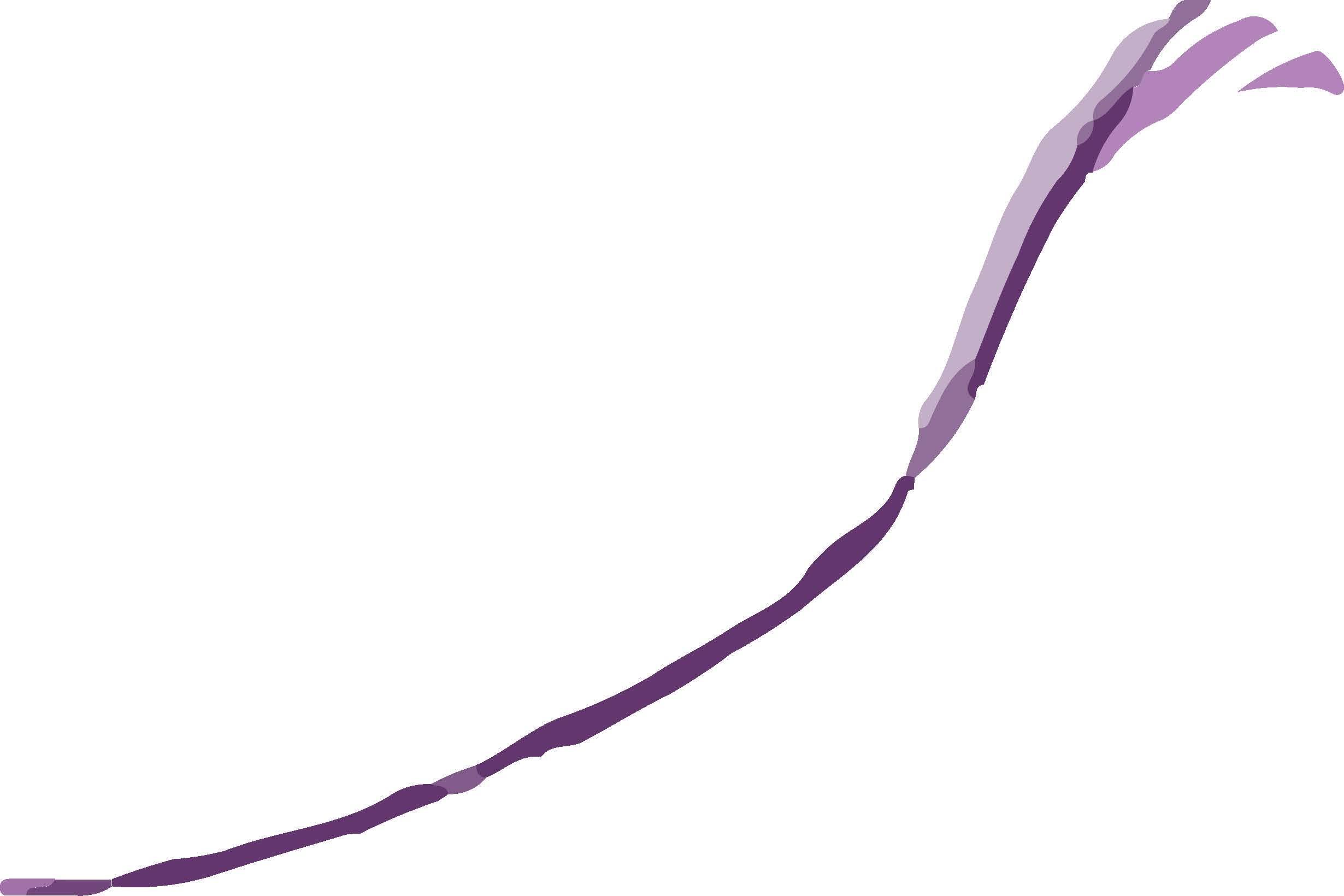
sought shelter at the hall. We walked past tables packed with people. Older people were sitting quietly, as if wondering about their lives and about the earthquake that shook their lives after a war that lasted for a decade. Some mothers were breastfeeding or making sandwiches for their kids. Men between the ages of 18 and 40 were either at work or serving in the army. The good news was that the large hall housed a few hundred people, it was heated, and it had small windows for ventilation. In the cold of February, it was the only place that was heated. Lots of meals were distributed by local business people and humanitarian organizations. Behind us was the dance floor with sparkling paint, now converted into a food court.
We reached my friend’s brother’s table and sat for twenty minutes. I asked his brother what his experience was like in the shelter, and he said there were a lot of people but that it was better than dying under the rubble. He looked tired and absentminded. He told us that he had rested his head on the table and slept for a couple of hours. “It’s never enough,” he said. He looked sleep deprived. After twenty minutes, the air got too thick to breathe. I nudged my friend to leave, saying it was getting too hard to breathe in there. He opened the short window behind him, and fresh air came through. It felt like gourmet food. I took a deep breath in, and it felt sublime. Around us, a few people sneezed, and no one was wearing a mask. I started to feel uneasy about staying there and wondered what would happen to this place if anyone caught a virus. We stood up to leave, and my friend’s brother walked us to the door of the stadium.
We drove out slowly through the gate, processing what we saw. We took a different route back and noticed that many more people had set up tents or were sitting on blankets on the sidewalk. The
CANYON VOICES | SPRING 2024
tragedy of this was that most of the displaced people were poor and most of the neighborhoods affected by the earthquake were of a lower economic bracket.
Nobody had expected the earthquake to happen or to be as powerful as it was. In one minute, the earthquake destroyed more than had been devastated by a decade of war. Then, ten days later, when we thought it had all passed us, a third earthquake hit. It wasn’t as powerful as the first one, but because we knew what an earthquake could do, we were more scared. It happened at 8 pm, just as we were having dinner. The kitchen shook like metallic plates. Vases wobbled, and we were shaken. I’m still shaken now. I feel like a Japanese animation character. A circular force is constantly moving through me. The headache is overwhelming. Trauma over trauma, and the resulting economic hardship continues.
After the third earthquake, lots of fake news was circulated by people and there were predictions on social media that a third earthquake was going to hit on March 7th or 9th. The truth was that no one knew what was going to happen, and there was only predictive science to back up any opinion. It’s hard to believe that the city that went through 10 years of war would be hit twice by earthquakes. It left its permanent mark on us. It was not the kind of disaster that starts and ends on a given date but one that starts and never ends. It keeps moving through us. It is a circular force that keeps moving through my body and a force that flattens my head.
One of the few benefits of the earthquake was the temporary lift of the U.S. sanctions. Algeria was the first country to break the tide, followed by Tunisia. They both sent humanitarian aid as well
as Red Crescent staff specializing in relief work. Along with them, there were medical teams that specialized in treating post-disaster illnesses and shock. Saudi Arabia sent thousands of planes with humanitarian aid, and many other countries in the region, and internationally, helped. It marked a very positive moment in the country’s history since the war began and demonstrated that if, and when, humanity wants to unite for a good cause, it can. After the temporary pause of the U.S. sanctions, many people in Syria were hopeful that this would end the country’s isolation from the international community. Normal life hasn’t returned yet. People I know don’t feel well; they feel a constant sense of dizziness. They consult doctors without getting clear answers. The usual answers they get are shock, trauma, or stress. The frustrating thing about the earthquake is that we don’t know when it will end or when the symptoms of the earthquake will go away. I have relived the event many times while sleeping and at my desk. I look at the chandelier, my anchor, and if nothing moves, then I know it’s only me. Many people are afraid to go back to work or to sleep in their homes. Some chose to go to shelters or sleep in their cars away from stones and concrete, and others have fled the city. For the majority of us, we are staying here until a better day comes either from man or nature.
Can rapid industrialization be at fault for this natural disaster? What is our duty to nature? Sometimes we take it for granted that the earth will be like we’ve always known it, that the climate will not change, and that sucking the earth dry of natural resources will not change our lives. We have to take care of the earth so we can leave our children and grandchildren a livable planet.
CANYON VOICES | SPRING 2024
Standing Chimneys. Rockingham County
William C. Crawford | photography

CANYON VOICES | SPRING 2024
Small Town
Bray McDonald | poetry
An obscure southern village dying silently. The Grand Store open and no one’s there. The answered letters never arrive and the vacant bars never close.
The structures sit stark against the world’s new order like the pale crenulated tissue of a scar.
The roadside version of movement through little flat towns of burnished corn languishing like Mozart’s legacy and sweating like wax for lack of a wind. The desire for something other led the best away. Their hungry eyes stark in the rear-view mirror.
The central prophecy unavoidable despite the common resistance. And foretold by the almanac’s constructed assurance the child of this place will be rigid as an oak and his eyes will be shaded prodigal.
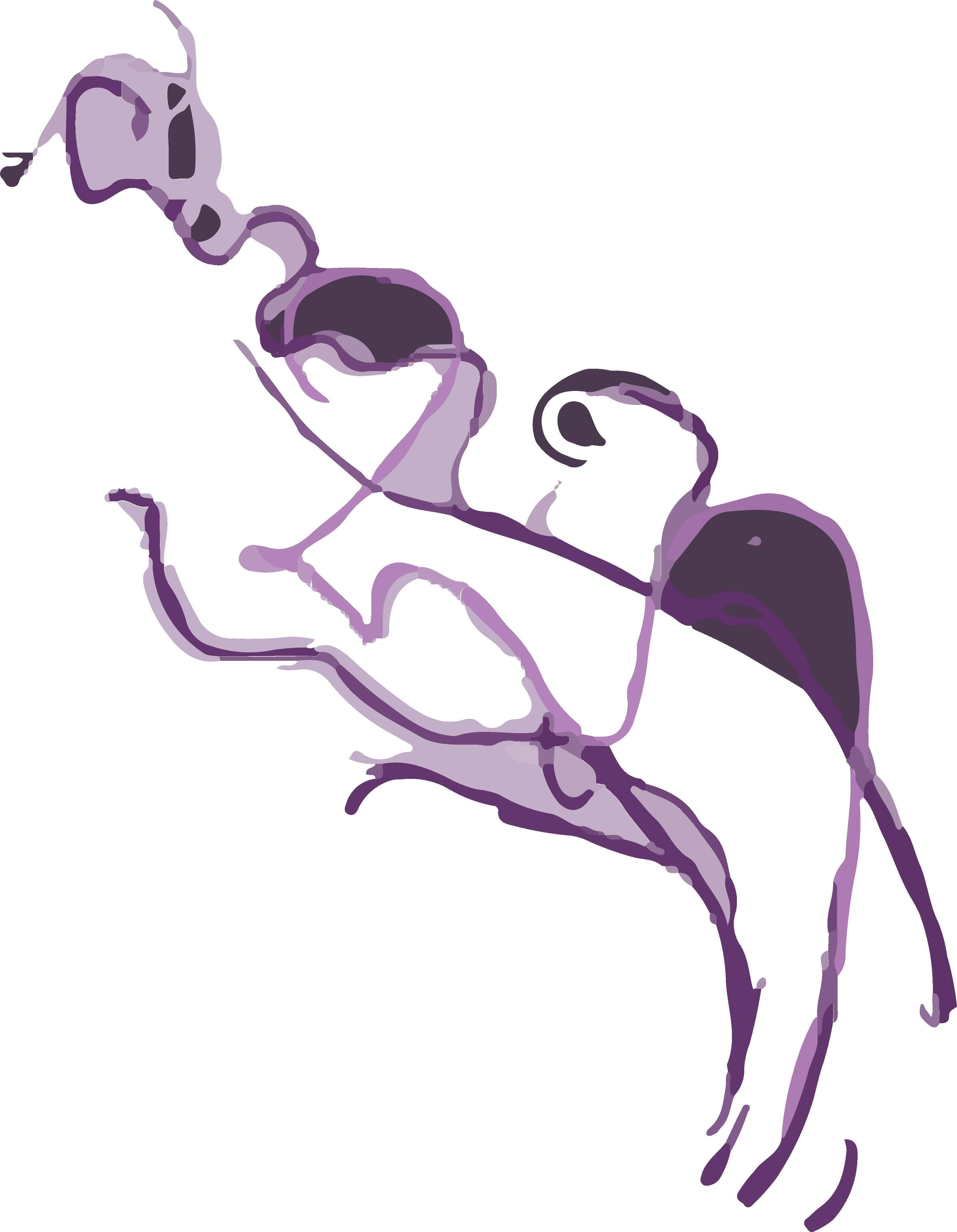
CANYON VOICES | SPRING 2024
The Science of Farewell
R.T. Castleberry | poetry
In the artless, ill-advised language of children and misers, various deaths suspend the act of complaint, the actions of denial. The mourner’s drill of prayer, co-payments renders grief its proper, prosperous tint.
I remember terror at six years old: needle medicine, higher math, the drain of energy towards sleep. On weeknight tv, weekend rerun Matt Dillon only killed never wounded. Crooks and cowards died in Apache deserts, in jungle quicksand. Schoolyard mornings were spent scanning playground skies for enemy bombers.
Over coffee, a friend mentions he has spent a day with his doctor.
“Demerol burns the vein,” he tells me.
“It heats for ninety seconds before the body falters.”
For an addict in recovery, illness adds to mortality a daily extra strain.
“What I have is chronic. Now it’s a matter of degree, the measure of chemical cures that offer margins for remission.”
I know two who prevailed at suicide, the coma slide to insensibility— one trusting an Army .45, another, pain meds copped from bedside and bathroom. Drained from family dispute, the awful rowing toward Percodan and the poverty of myth, each was left weariness as worldview— as if pain was the sun of drought, of sleepless Arctic summer.
CANYON VOICES | SPRING 2024
Pregame Traffic. Yankee Stadium
William C. Crawford | photography
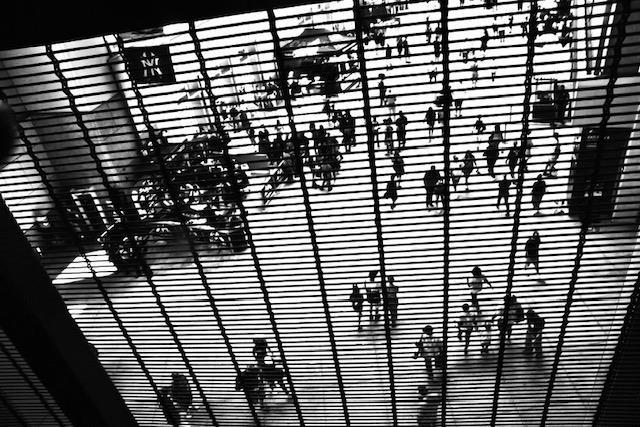
CANYON VOICES | SPRING 2024
Struggling with an Audience
M.D. | poetry
Struggling with an audience those around us: the directive point of a finger Around ourselves: voyeuristic sickness – you are disgusting– Guilt the accusations grown from dominating acquaintance, reflected
if to be in the social world is to perform why do we care to speak feel move love or be adjacently, if the panopticon is conceived in performance then why do we still feel In performance? yet, to exist in the social world is to Exist
We are divine in permanence Pieces are still There
Not in spite of performance, but with it
We are unearthed, Together
CANYON VOICES | SPRING 2024
Spawning
Giselle Torres | micron and ink gel pen

CANYON VOICES | SPRING 2024
Full Moon in January
Lorraine Caputo | poetry
The Amazon River’s cracked silt glitters in the bright light of the Wolf Moon
A breeze cools the sweltering heat in these Andes, glaciers evaporating, peaks now bare stone
On the wildfire-charred pantanal a maned wolf gazes upon that moon & thinks
That is not me & I am not a wolf –South America has no wolves … Wolf Moon –a name of those northern humans Maned Wolf –a name of those northern humans who scrape the minerals who strip our forests who poison our rivers for their insatiable quest for … what? & aguará guazú turns away his long, thin legs
sliced by the sharp stubble of the seared pantanal wetlands & disappears into the scant shadows thrown by the bright light of this full moon
CANYON VOICES | SPRING 2024
Dirt Road to Somewhere. Nevada, Desert
William C. Crawford | photography

CANYON VOICES | SPRING 2024
The Night Comes Quickly
Philippe R. Hebert | poetry
The night comes quickly and then the sounds seem to be amplified. Sitting on the patio alone with my thoughts.
I cant help but wonder what did I accomplish? have I achieved anything? did I make a difference today? Is the world a better place?
Reading sometimes breeds inspiration so jotting down words which are conscripted for future use images appear and some vaporize while others remain.
Paint those images with words, splash them on the page return later to refine them but for now it’s enough to capture them as if they might float away.
But for now the night gobbles up the inspiration leaving no telltale sign that anything occurred just a blank page.
CANYON VOICES | SPRING 2024
Diamond Queen
Polina Reed | digital art

CANYON VOICES | SPRING 2024
Uncoupled
R.T. Castleberry | poetry
I spend my time among the married: the wives cutting, cunning, mad with imprecision, migraines or money. Husbands nearly as bad— an endless emotional cheat of gaming habits and office girlfriends. And always, the constraints of a child— imagined, postponed or present.
A successful single life only lightly resented, I take my leisure among them. Despite prickly dramas of social discourse and dinner out, I tell my friends, “I would like to marry.” And yet I haven’t. At love, I know my limitations. Alert to conceits and caprice, wives have ruined me for other women.
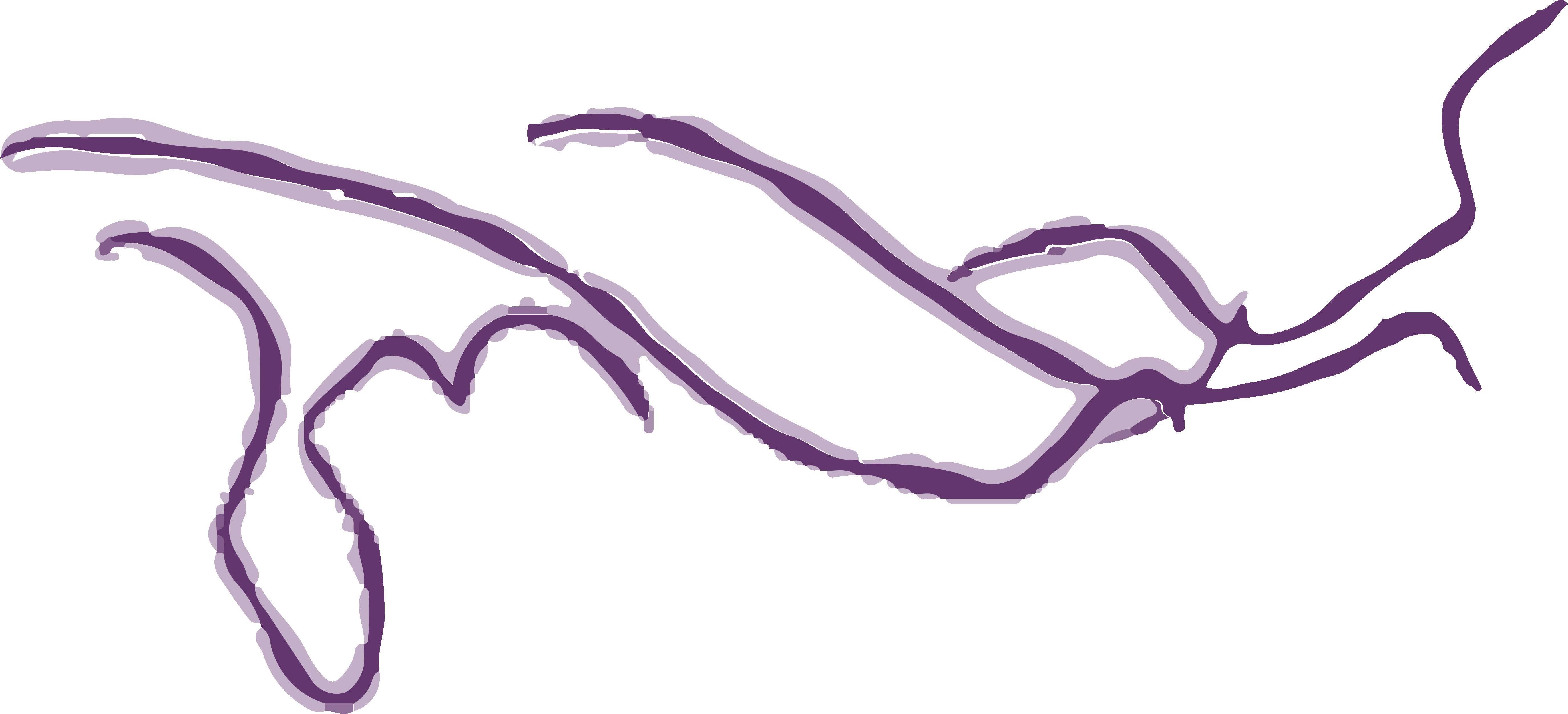
CANYON VOICES | SPRING 2024
August 2021
Patrick Cuff | poetry
My Mama always said get the dirty laundry washed and folded and tidied by Thursday if you wanted weekends free to mess about as daddy did.
He’d be gone all Sunday or mid-week, didn’t matter he was busy at the city club, this dive bar or that dive bar, wearing dirtied clothes and a smile
stapling his face when he came home like stitches burst open clear across his chin. He’d always have a
Mallow Cup in his pocket for me
as his little apology it’s golden wrapper creased and bent and stuck to some stray nickel found as a remnant. My Mama always said to empty pockets when doing laundry 29 30 31 and I always did, looking for receipts of how the evenings mattered.
August 2021 Sunday Monday Tuesday Wednesday Thursday Friday Saturday 1 2 3 4 5 6 7
8 9 10 11 12 13 14
15 16 17 18 19 20 21
22 23 24 25 26 27 28
CANYON VOICES | SPRING 2024
half-melted
Ode To Fatherhood
Mark Mitchell | fiction
Inever got to thank my father for what he did for me. Partly because it took me years to realize what it was he had actually done. Growing up I can remember two sides of my father. The fun, joking side who was always ready to go on an adventure. And then there was the other side of him. The strict, hard-working side that stressed the importance of doing a job well, no matter what that job might be. Even if the task was something you didn’t want to be doing, it was important to still do the best job that you could. To take pride in your own abilities. These two sides of my father blended together during my childhood, often overlapping with varying degrees of subtlety. The time that stands out in particular, however, was the summer of my tenth year.
Days back then were warm and long. I would rise early to get a start on a full day of watching cartoons, playing video games - all the activities expected of a kid entering double digits with three months of no school ahead of him. On one of those run-of-the-mill mornings, I had just switched on the TV, locating a program of crudely drawn superheroes, and poured a heaping bowl of over-sugary cereal. With the spoon approaching my gaping mouth, milk dripping off the bottom, my father walked into the room with his gym attire on. That could mean only one thing.
“Hey, sport,” he said passing in front of the TV, “why don’t you come give me a hand?”
He was out the door before I had a chance to respond.

I dropped the spoon back into the bowl. The cereal had reached that perfect combination of crunchiness/sogginess that I loved. Prime eating time. I shot a glance back to the door leading out to the garage. Sitting here any longer I ran the risk of drawing my father’s ire. Don’t get me wrong. My father wasn’t a mean man by any stretch of the imagination. He never did anything that would raise eyebrows with Child Services, but he did have that “dad-tone” he could use. The one that made your cheeks pucker, even if you weren’t doing anything wrong.
I resigned the bowl of cereal to the sink and slipped on my running shoes. When I got outside, my father already had the equipment primed and ready for action.
Saturdays were lawn care days at our household. That meant mowing the lawn, edging, raking, trimming, sprucing, watering, sowing, reaping and just about any other “-ing” you can think of.
My father took extreme pride in his lawn. My brothers and I often joked that he cared more about his Tall Fescue than he did his own children. Of course, we said this as a joke, but you couldn’t fault anyone else for thinking so with the amount of time he spent maintaining it. Right now, he was on his knees with a small pair of grass shears carving out the overgrown runners encroaching on the sprinklers.
I grabbed a rake from the lineup of tools and started in a shady corner on the far side of the lawn. My father picked up his head when I
CANYON VOICES | SPRING 2024

walked by but didn’t say anything. He must have been concentrating on the task at hand. I lazily raked the discarded leaves from our sycamore tree while dreaming about all the other things I would rather be doing.
My father walked up behind me and placed a hand on my shoulder.
“Don’t forget to get the ones in the flower bed,” he said, as if I could forget. He reminded me every Saturday since I’d been trusted to assist him.
He whistled while he went to get the gas mower started. The engine coughed to life, filling the neighborhood with the symphony of summer. If I turned my head the right way, I could hear at least half a dozen other mowers on the street over from us.
I pulled the waste can from the side of the house and filled it with my foraging. It wasn’t quite eight in the morning and already my skin was saturated with sweat. I piled in the rest of the vagrant leaves in time for my father to mow the corner where I’d been working. The whistling told me my father was in a good mood today. If I was lucky, that meant I could cut out early and retreat inside for a much needed break.
My father made the zig-zag pattern he preferred across the lawn. The one that made alternating light and dark lanes in the grass. When he made one of the passes away from me, I tiptoed back inside.
The bowl of cereal had begun to curdle in my absence. I dumped it down the drain and ran the garbage disposal before heading up to my room.
the edger along the sidewalk. He stopped to let a couple pass by with their dog. My father gave the dog a pat on the head before returning to work. I don’t know if he noticed I had left yet or not. I let the blinds snap back into place, wondering why I always had to help with the lawn. Maybe because I was the youngest and my older brothers were too busy sleeping to be disturbed.
I popped in one of my Super Nintendo cartridges and waited for the game menu to be displayed. After giving up on beating the final boss, I turned the game off and stretched my back. I’d been there for hours, unbeknownst to me. The time had passed like a dream.
Outside my dad watered the lawn, usually the sign that the day’s work had come to an end. I’d become so wrapped up in defending the princess from the might of evil, I’d forgotten to return to help my father. Though he also hadn’t come back to find me either. I thought it meant I was in the clear.
At dinner that night, my father was especially quiet. Between bites of porkchop and applesauce, I snuck peaks at him. I couldn’t tell if he was mad with me, or the ever worse, disappointed. He ate solemnly while guilt sat in my stomach like a rock. I pushed some peas around on my plate, trying to build up the courage to broach the subject.
“Sorry, I didn’t help you more today,” I said into my plate. My father paused before taking a sip of his milk. He nodded.
“I know it’s not the most fun activity,” he said, setting his glass down with a sense of grace, “but I do appreciate any help you give.”
Through my window I could see my father using
Just turn the knife a little harder, why don’t you.
CANYON VOICES | SPRING 2024


“Little league starts up next week,” he said. He dabbed the corners of his mouth with his napkin and settled back in his chair. I pushed more peas to the other side of my plate.
“Yeah, I know,” I said without much enthusiasm.
My father swished some milk around in his mouth while he studied me.
“I thought you’d be excited about it,” he said. I gave a half-assed shrug. “I signed you up already and paid the fees.” I’m sure he didn’t mean it for the threat it sounded like.
“I know that, it’s just...”
“Just what?”
“I’m not any good,” my voice cracked. “All the other kids make fun of me. I can’t hit. Can barely throw.”
“That’s why you practice.” My father took his last bite of food and tossed his napkin on the pristinely cleaned plate. When my morale hadn’t picked up, he added, “Give it a try, that’s all I’m asking. At the end of the season, if you still don’t enjoy it, then you never have to play again. Deal?”
I looked up to meet his eyes. I nodded assent.
The week went by fast, as all weeks did in those pre-internet days of mischief-making. There were six teams in my little league division. The coaches gathered at the commissioner's house for a potluck dinner put on by the women’s auxiliary club. Over ambrosia salad and three different casseroles, the coaches picked kids for
each team. I don’t know if there was any scouting done at that lowest of professional levels - if you’ll permit me to call it that - but I wound up on the East Side Dolphins. A name that struck fear in our opponent’s hearts, I’m sure. Once every player, no matter their degree of baseball knowledge or prowess, had been snatched up, schedules were produced for the upcoming season. Practices started immediately.
At our first practice, the majority of the kids hung out by the water cooler. It was ninety degrees in the shade and we’d all sweated through our three-quarter length undershirts with minimal effort. The coach wanted to get a feel for what positions we would be best suited to play. Along with the assistant coaches the fourteen prepubescent players rotated between shagging flies and rounding up ground balls. The first grounder hit to me bounced off of a dirt clod and nailed my upper arm. By morning I had a rich tapestry of purples and yellows where the bruise developed. The season was off to a tremendous start.
It took the coach only a couple practices to see who were the starters and who would ride the pine most of the season. Unfortunately, there weren’t enough players worse than me, so I got assigned right field. At least the coach hadn’t asked me to pitch.
We lost our first game by that confidence builder of the little league world known as “the Mercy Rule.” Final score: 15-1.
Our sole run came from Jim Thorton, who played first base. He hit a home run in the bottom of the second inning. With a baseball name like Jim Thorton, of course he was our best player.
CANYON VOICES | SPRING 2024
After the game, and the obligatory hand shake lineup (“Up the alley, down the street...”), our coach applauded our efforts and said we’d get them next time. Not unless Jim Thorton got to bat for all of us, I thought.
On the drive home my father looked for anything positive he could say about my performance.
“Great job on hitting the cut-off man with the throw in from that line drive,” he said. His voice sounded earnest enough, but the fact that he avoided me in the rearview mirror told me everything I needed to know. I sucked.
That week the coach added an additional practice, hoping it would make the difference in our upcoming game against the Northside Starlights. But after two games, the Dolphins were second from the bottom in the standings thanks only to the Midtown Miners being alphabetically inferior.
We were now a sixth of the way through the season. Only ten more disappointing games to get through before I could hang up my baseball cleats forever.
My father arrived home early from work that Monday after our second game. He set his briefcase down by the door and turned off the TV while I was watching some nature program on the mating rituals of Africa’s antelopes.
“Get your shoes on,” he said without further explanation.
passed by pointing and laughing. I don’t want to flatter myself and say they were laughing at me, but it sure felt that way.
My father kneeled next to the open car door and said, “Come on, son. Let’s just work on your mechanics a little. Maybe if you start hitting the ball, you’ll have more fun.”
“I’d have more fun staying at home watching Springbok seduce one another.”
“Fifteen minutes,” he said. “A couple rounds of hitting and we’ll go grab some dinner.”
“Pizza?” I said, casting fluttering glances out of the corner of my eye.
“Anything you want, sport.”
We ended up staying for almost an hour. At the outset, I couldn’t hit a beach ball with a tennis racket. The pitching machine threw harder than the stick arm’s in my division.
“Keep your head in there. Watch the ball as it leaves the pitcher’s arm,” my father said from the outside of the chain link gate.
He helped show me a proper stance, feet shoulder-width apart. Where to stand in the batter’s box. How to place my grip. Raise my elbow. All these things that would supposedly help me hit the ball. All it did was create confusion in my mind. There were too many things to keep track of.
We got in the car and drove over to the local batting cages. I grumbled my disinterest and refused to get out of the car. Especially after
After I whiffed at several more pitches in a row, my father asked, “What are you doing wrong?”
I turned around and let the aluminum bat clang against the ground.
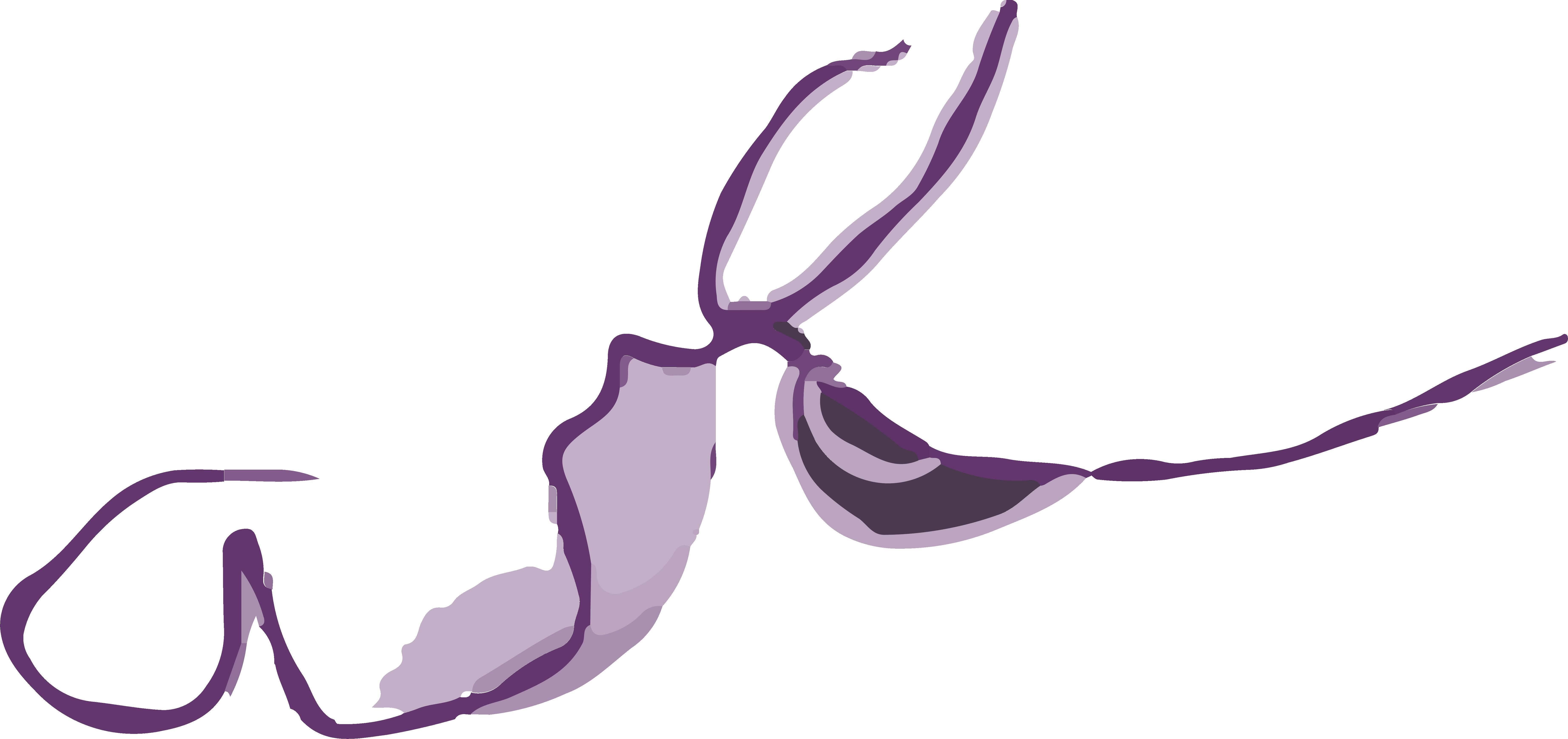
CANYON VOICES | SPRING 2024
“I’m not hitting the ball,” I said as smart-alecky as I could.
The pitching machine continued on as if I weren’t there, flinging the dirt smudged yellow balls against the nylon netting.
“Don’t think. Just do,” he said and clapped to root me on.
Oh now everything made sense. Thanks, Confucius.
It was hard to push away all the tips and tricks we had been practicing up until then, but I did my best to focus on that yellow ball hurtling toward me at forty miles per hour. I closed my eyes and took a swing.
Lo and behold, I actually hit the damn thing. Nothing that would reach the centerfield pavilion, mind you, but a hard hit chopper that could probably get past any shortstop in our league.
“Thatta boy!” my father said. “Again now.”
When our supply of quarters had been exhausted, I had managed to hit the ball fairly regularly. I felt more confident about my swing. Somehow all those tips and tricks my father taught me began sinking in subconsciously and I was able to stop thinking and just do. Hopefully I would be able to use everything I learned in our next game, but for now, I’d earned myself the joy of some greasy pizza and a cold cola.
The next four games went by without ceremony. I was still looking for my first hit of the season. Of course there was some improvement on my part. I started getting on base more frequently, achieved by the fun way of “hit-by-pitch.” I was
beaned several times in as many games and my coach thought it would be a decent strategy for me to lean out over the plate and take advantage of my opponent’s inconsistent pitching.
One game I got pegged in the head twice. As far as I can tell without any lingering side effects.
With our potential to score more runs now that we had some base runners, akin to getting my first hit, the team held out hopes of having a strong second half of the season and winning at least one game.
Throughout our losing streak my father continued to show up to the games and give words of encouragement to all of us. I don’t know how he wasn’t more disappointed in me and my dismal stats, but there he was, proudly sporting a Dolphins cap and standing on the sidelines for every game.
We made weekly pilgrimages to the batting cages and played catch in the street. No matter the outcome of the games, my father wanted me to keep practicing and honing my skills - or lack thereof. I showed some signs of improvement though no one would be asking me to pose for the Wheaties box any time soon.
All of that hardwork and determination paid off, however, in the seventh game of the season. I’m proud to say I got my first hit of the year. And, surprise surprise, it wouldn’t be my last. Before I get to that though, let me relay to you the events of my first single. Afterall, it would be the crowning achievement of the entire season.
The unlikely hit came late in the game. We were down to our final outs - two to be exact - and a runner on second (Jim Thorton - who else?). We were losing by one run and the team booster club
CANYON VOICES | SPRING 2024
had resigned the game to the loss column already. Most parents packed up their belongings, waking up the smaller children, and getting the car started to make a hasty retreat. Little did they know what was in store.
After fouling off two pitches in a row, I stepped out of the batter’s box. A technique my father taught me to allow some time to refocus for the upcoming pitch. I held my hand out to the umpire, like all the major leaguers did, to ask for time while I dug in. The bat rested heavily on my shoulder and I peered back at the Miners pitcher. The kid spit what could have been tobacco juice for all I knew; he was already six feet tall and not even twelve years old yet. In a word, he was intimidating.
The pitch was delivered to the plate and I swung out of my shoes, plunking the ball into shallow left-center field. Our half of the clamshell backstop erupted. All five remaining parents yelled their approval.
The ball skittered away from the left fielder, getting behind the center fielder as well when the two almost collided like some child’s revival of the Keystone Cops.
As I rounded first I heard my father behind me shouting, “Go for two!” That meant head for second base. The throw from the outfield came in right when I arrived at the bag, forcing me to slide and sully my light gray pants for the first time all year.
The ball banked off the second baseman’s mitt and redirected out into right field. The turn of events prompted my father to yell, “Go for Three!” That meant...I’m sure you understand by now what it meant.
I lifted myself off the ground and ran as hard as I could for third base. Thornton had scored easily by now, tying the game, and stood next to the umpire watching the rest of the action play out.
Once again, I slid into the base as the throw came in and once again the ball banked off the fielder’s mitt and skidded to the fence, lodging itself in the chain link.
“Head home! Head home!”
Some of the parents ran back from their cars to see what all the commotion was about. They got caught up in the emotion of the moment and the crowd’s cheering swelled.
By that time, I was heading for home, pumping my pipsqueak arms to propel me to victory and everlasting glory.
Jim Thorton waved his arms at me, willing me along. His mouth was in a big stupid O as he relayed to me what to do. He dropped to his knees and moved his arms up and down like a peasant praising his king.
The shortstop pried the ball out of the fence and lugged it homeward into the outstretched glove of the catcher. It was a valiant effort, but all for not.
By the time the catcher applied the tag, I had already swiped home plate. The game was over. Final score: Dolphins 3, Miners 2. We had done the impossible. We had won a game.
The parents spilled out of the grandstands, my father leading the charge. Frantic screams and whistles drowned out the complaints of the other team's sore losing.
CANYON VOICES | SPRING 2024
My first hit turned out to be a timely one. It may have only been one game but it felt as if we had won the championship. My father patted me on the back and said those four words every son wishes to hear:
“I’m proud of you.”
I’d like to tell you I had an epiphany that day. That I knew from then on what I wanted to do with my life. I would become a famous ball player, playing in the major leagues. But that didn’t happen. No, I’m only a lowly accountant these days. Still, I had learned a lesson that would serve me throughout the rest of my life. With hard work and determination, you’d be surprised at what you can accomplish. My father gave that gift to me.
The rest of the season went pretty much how the first half went. We never won another game, finishing the season with the humbling record of 1-11. That was good enough for fifth in the diversion and one game shy of a playoff spot.
My stats improved over the final five games, in fact some might even say I went on a tear. The baseball card stats for the year would read: .267 AVG, 1 HR, 2 3B, 8 2B, 11 RBI, 6 SB, and most
impressive of all 32 HBP. Not bad for my first full season. I ended up playing a total of four years before I found other interests to occupy my time. In high school I started a band and pursued girls, beginning a similar losing streak to rival my time with the Dolphins.
As I’ve said, I never got to thank my father for what he had taught me that blistering summer of my tenth year. The knowledge he instilled in me though would come in handy again and again.
“Strike three! You’re out!” the umpire says. My wife nudges me with her elbow, bringing me out of my daydream. She points to our son dragging his bat in defeat back to the dugout.
“I’ll have a talk with him tonight,” I say with a smile. I give my son a thumb’s up from the stands where I’ll watch all his games.
Though I never got a chance to thank my father personally, I think I’ve found a way to show him my gratitude. For me, playing baseball brought the best out of me. A way to gain my confidence and learn to work through diversity. Much like with all aspects of life, it just took some hard work and determination to preserve through the challenge. I now have the chance to pass this gift on to my own son. I can’t wait to get started.
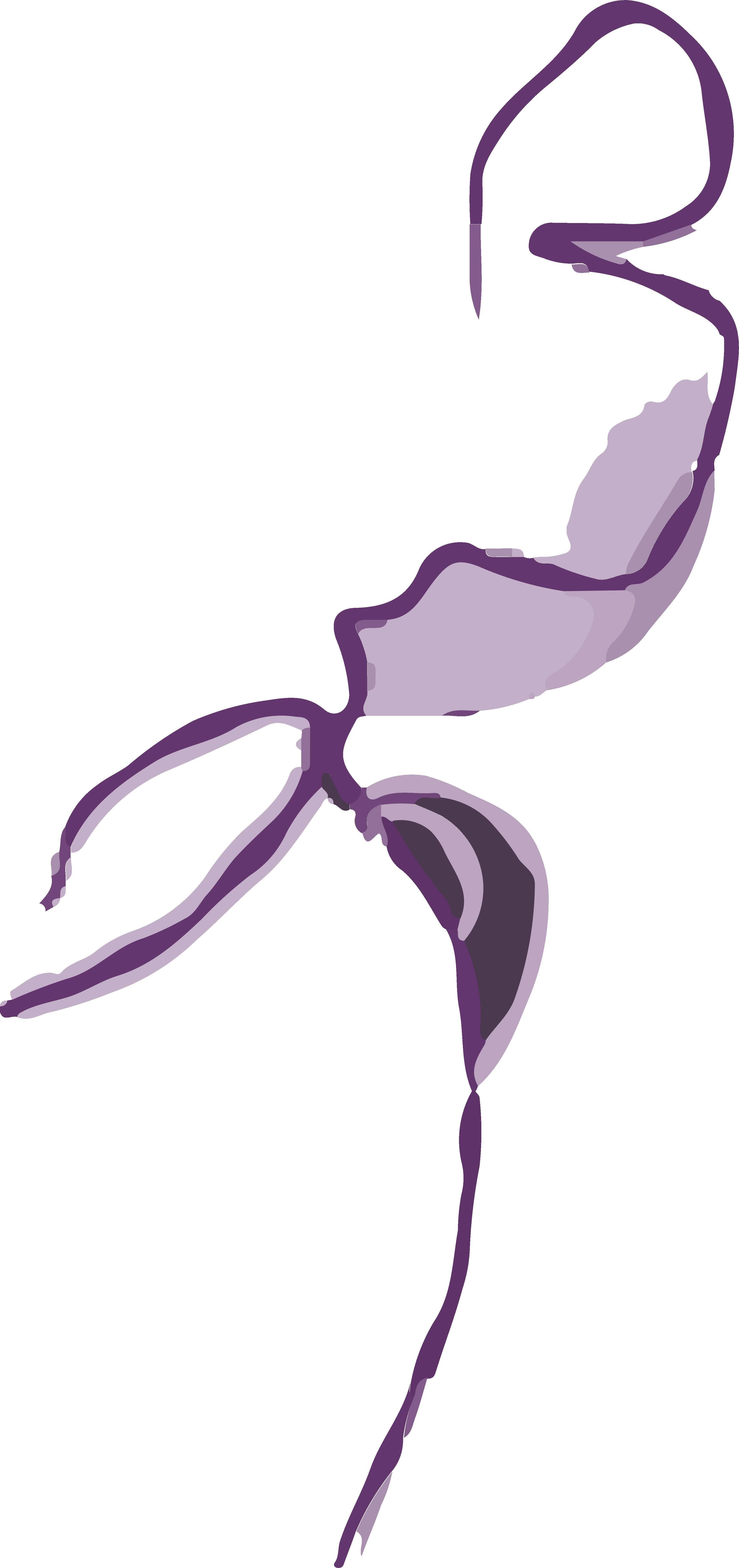
CANYON VOICES | SPRING 2024
Lights Will Guide You
Siv Limary | photography

CANYON VOICES | SPRING 2024
Revelation
Nathaniel Patterson | poetry for Deborah Edelen
The End is rescheduled indefinitely. Any second coming, in hindsight, seemed like a good idea, but after all this, the embarrassment is simply too great.
The End of trembling childhood nightmares, of red-faced, well-dressed men screaming fire and brimstone, is not near, but The End of nude caresses on a Saturday morning, the kids with their dad, of looking into deep chocolate eyes, sharing, like they say in the movies, one heart, one life, of drowning in lust when her tresses release from their prison of convenience, of time cut short after being lost in the wilderness for so long,
distracted by idols, subsisting on manna, cursing the God who creates and also destroys,
is a night without end, life moving faster than these words can be put to paper.
Let me kiss those soon fading lips. Let me hold you while the world is still with us, and our love a memory so soon forgotten and never uttered again.
There is no beginning without The End, and if ink were blood, let this poem bleed for you.
Blessed is he that readeth, and they that hear the words of this prophecy, and keep those things which are written therein: for the time is at hand when love becomes sorrow and sorrow becomes love.
CANYON VOICES | SPRING 2024
Velvet Beach
Polina Reed | digital art

CANYON VOICES | SPRING 2024
Glazed and Dazed but Unkneaded
Vincent E. Day | poetry
The bland, airy, empty nothingness descends like spoons of powder in the air. The cracking of my skull against my desk is the cracking of an egg into a bowl waiting for purpose.
But I am denied the sweet release of rising to an occasion of delight. I am a lump of gooey flour resting and waiting for action.
Please, mold me, bake me, fry me. Anything!
For escape!
The lack of warm, cozy heat is stifling to where I can’t turnover.
I am unable to leaven or knead for enjoyment.
The bitter anguish of uselessness scores deep into my heart, deeper than it should. The timer is set but refuses to move. The yeast has perished leaving me powerless, glazed and dazed for nothing.
CANYON VOICES | SPRING 2024
 Jacy Arreola-Romero | photography
Jacy Arreola-Romero | photography

Gentle Paper Man
William Crawford| photography

CANYON VOICES | SPRING 2024
Estate Sale
Steve Brisendine | poetry
Dust, yes, but books as well. The lungs outnumber the brain two to one; still, this contest of lobes was decided when I walked in. One needs deep clear inhalations before diving into pools, lakes, oceans, but I have a deeper immersion in mind. Let me breathe motes, draw in the residue of mites, rattle under waves of words.
CANYON VOICES | SPRING 2024
Dearly Beloved
Patrick Cuff | poetry
We(dged against a microphone, the lone water fountain chatter mimics the spastic matters avoided— air as thick as atmospheric ointment— as a minister finishes vows and covenants crafted like an unkempt braid) are gathered here today
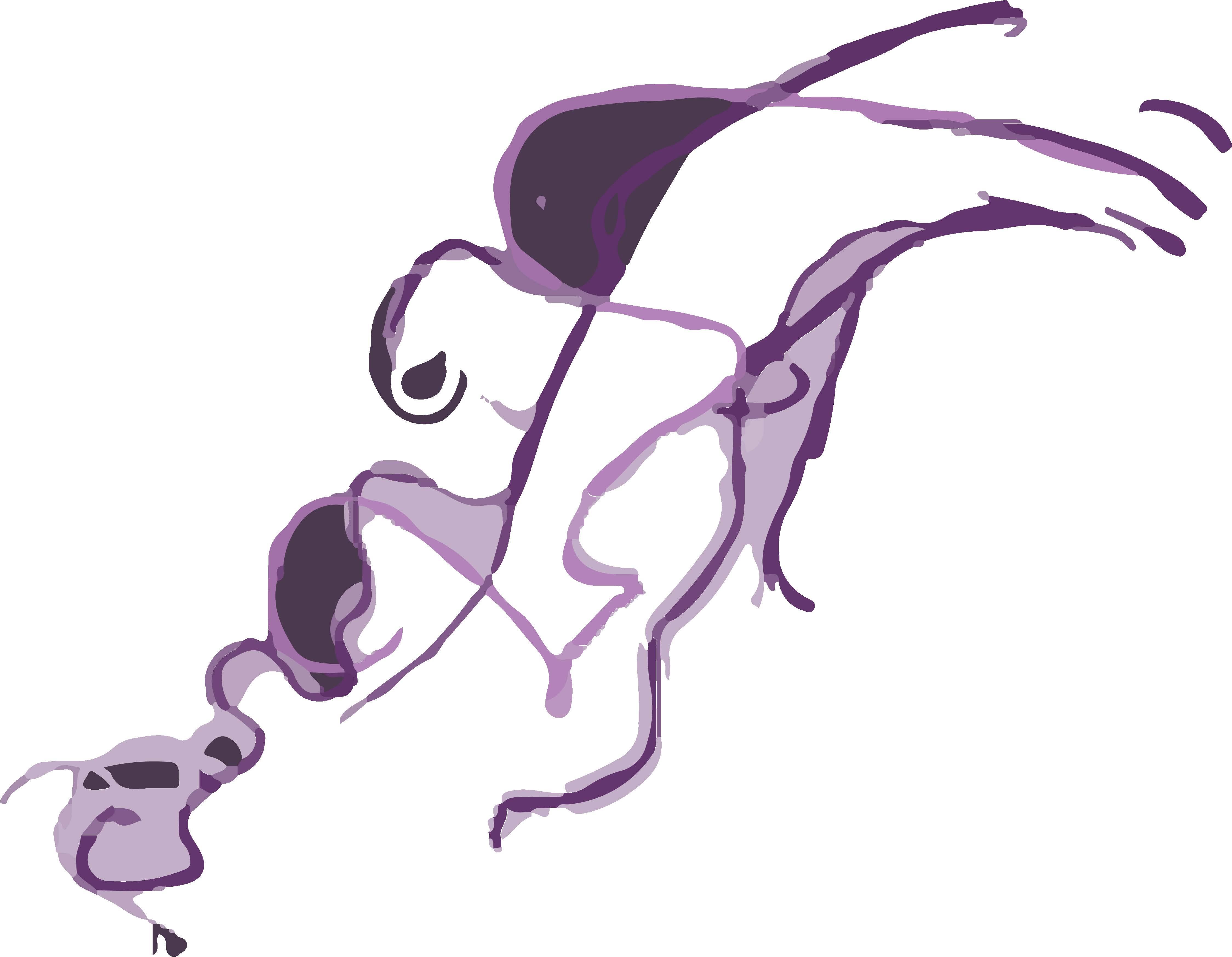
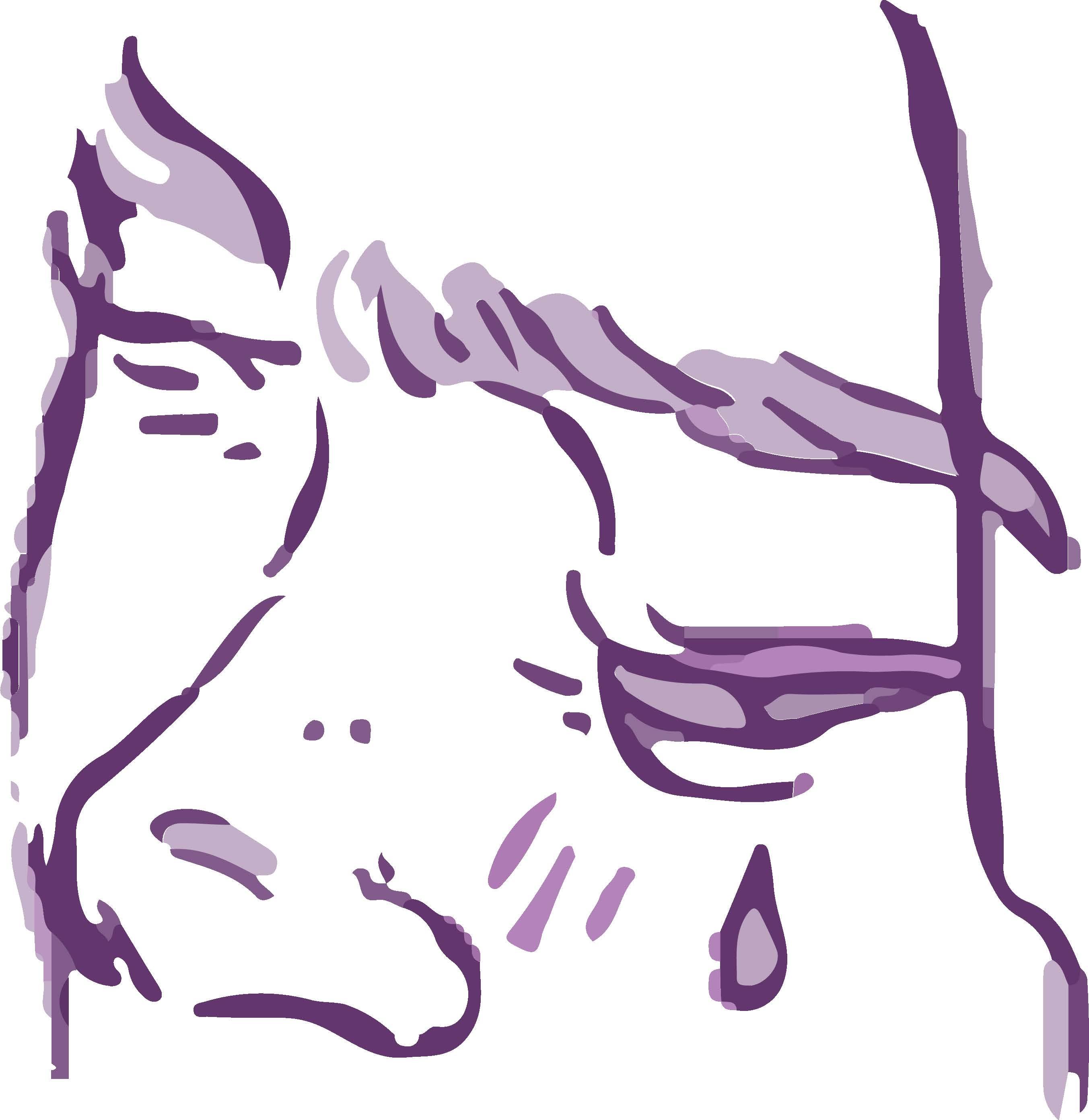

CANYON VOICES | SPRING 2024
Stoic
Mukut Borpujari | poetry
It's already summer, and we’re getting rid of clothes, getting ready to greet the scorching days ahead; making the place airy and less cluttered.
We’re living on the edge, restructuring the house, getting rid of the old furnitures, obsolete machineries and funny gadgets. A small table in the kitchen for two.
Our world is changing, our wardrobes mostly empty; gone are the skinny jeans and the fancy moccasins— the windchime and the trinkets.
When someone comes to visit and admire our complete works of Yeats, the peacock feather in the open thesaurus, the mantle vase on a shelf, we say take them.
This is the most important time of all, the age of dissipation, knowing full well what we divesting is like the fragrance of a burning incense stick that lingers hours after it has been doused.
An ordinary Friday afternoon when one of us stared and the other one just laughed.

CANYON VOICES | SPRING 2024
Dungeons and Dead Names
Marshall D. / Basketcase | digital

CANYON VOICES | SPRING 2024
We Live In a Society
MarshallD./Basketcase | digital
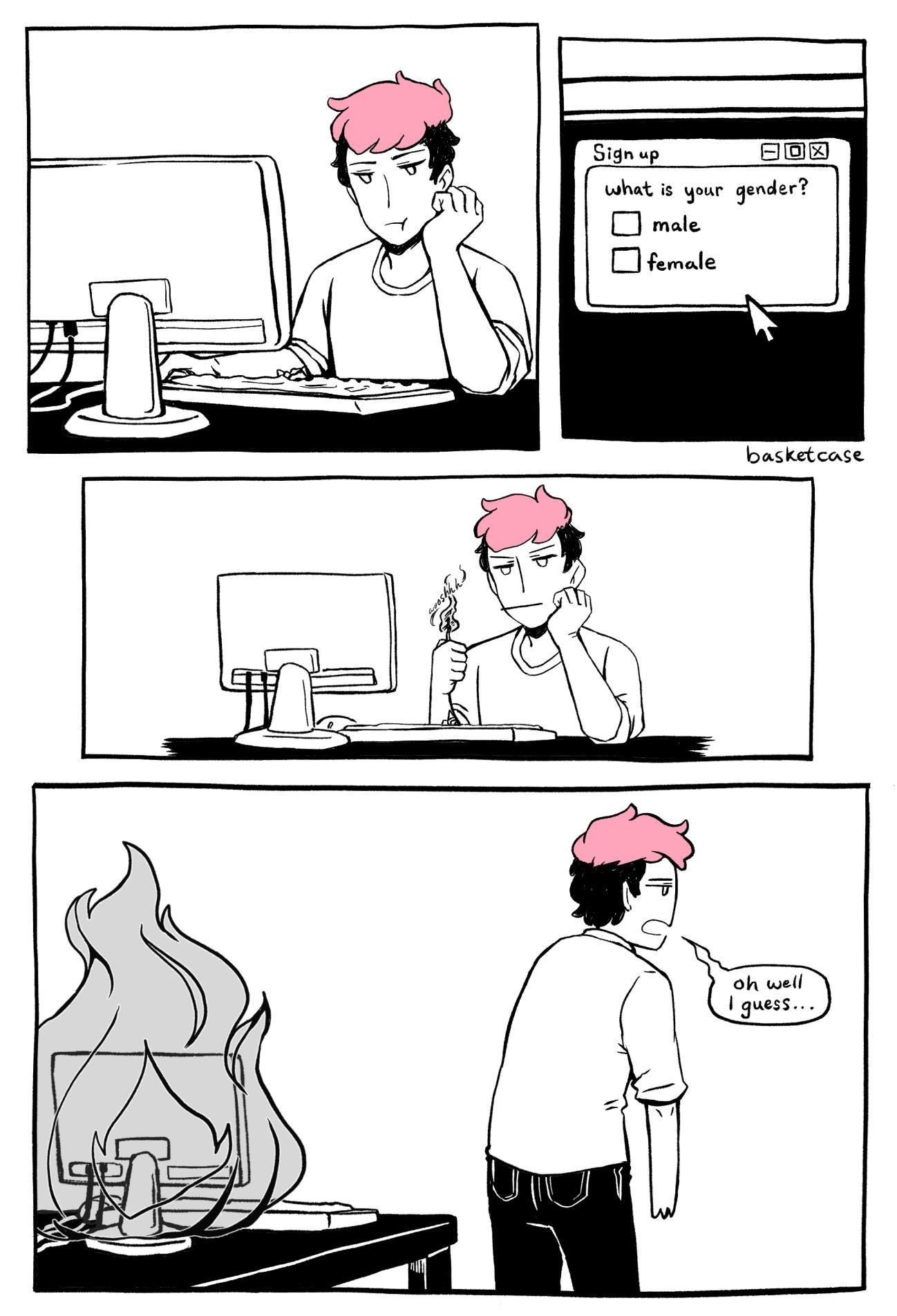
CANYON VOICES | SPRING 2024
Gender Envy

CANYON VOICES | SPRING 2024
Marshall D. / Basketcase | digital
Still Non-Bianary

CANYON VOICES | SPRING 2024
Marshall D. / Basketcase | digital
A Lifetime of Adventure
Lee Lawing | scripts
SET: Bare stage with a bed.
PLACE: WILLIAM and GEORGE’s bedroom.
TIME: Chicago, summer 1925
SETTING: Bare stage.

AT RISE: WILLIAM and GEORGE are lying in bed reading the magazine Adventure. They both have on white boxers that are long and of the time and wife beaters as well. They can both have dark socks that are up to the knee. It is as if they have gotten home from work and are relaxing on the bed with their magazine. GEORGE snuggles into WILLIAM as WILLIAM is holding the magazine with his right hand, GEORGE with this left.
WILLIAM: Hold perfectly still now.
GEORGE: I always do.
WILLIAM: That’s why we have so many pictures where we look like ghosts.
GEORGE: I’d like to be a ghost with you.
WILLIAM: Don’t . . .
(The sound of the camera clicking off stage announcing it took the picture.)
GEORGE: What do you think?
WILLIAM: Shall we try another one?
GEORGE: Maybe later.
WILLIAM: The light is good now.
GEORGE: The light is good for other things as well.
(GEORGE kisses WILLIAM and they do so for a few seconds and then WILLIAM pulls away, aroused.)
WILLIAM: This is why we can’t ever get a good picture.
GEORGE: Not one that we could ever develop in a respectable camera shop.
WILLIAM: Glad we have a friend who can do them for us. I’m going to set the timer again.
CANYON VOICES | SPRING 2024


(WILLIAM gets out of bed and starts over to the dresser which is off stage.)
GEORGE: Hurry back! Maybe we should do a South Seas photograph one of these days, like all the wonderful stories in the magazine.
WILLIAM: Did you hear about Tony Brown?
GEORGE: What about him?
WILLIAM: He was beat up by the Water Tower?
GEORGE: How did you learn that?
WILLIAM: Jim told me at the office by the water cooler when it was just the two of us. He wasn’t at work today.
GEORGE: How bad is he?
WILLIAM: Pretty bad according to Jim. We should go see him.
GEORGE: Maybe we should wait until he’s home.
WILLIAM: What do you mean by that?
GEORGE: Will the police be watching his room at the hospital to see who comes to visit him? Tony is pretty careless about his own personal adventures in Water Town.
WILLIAM: What difference does that make? The man was beat up.
GEORGE: Because he wasn’t being careful. Came upon the wrong person who wasn’t going to have anything to do with his proposition.
WILLIAM: That doesn’t mean he deserved to be beat up.
GEORGE: No, I’m not saying that, but. . . .
WILLIAM: But we should wait until he’s home and then go see him to tell him how sorry we are for the beating.
GEORGE: You make me sound like a monster. I’m not the one who beat up Tony.
WILLIAM: Maybe the more of us who stick up for the ones like Tony who don’t try to hide in any way, shape, or form, we’ll all be able to come into the light a little more.
GEORGE: Speaking of light. Did you want to try the picture again?
WILLIAM: Not now.
GEORGE: We could try being frisky again.

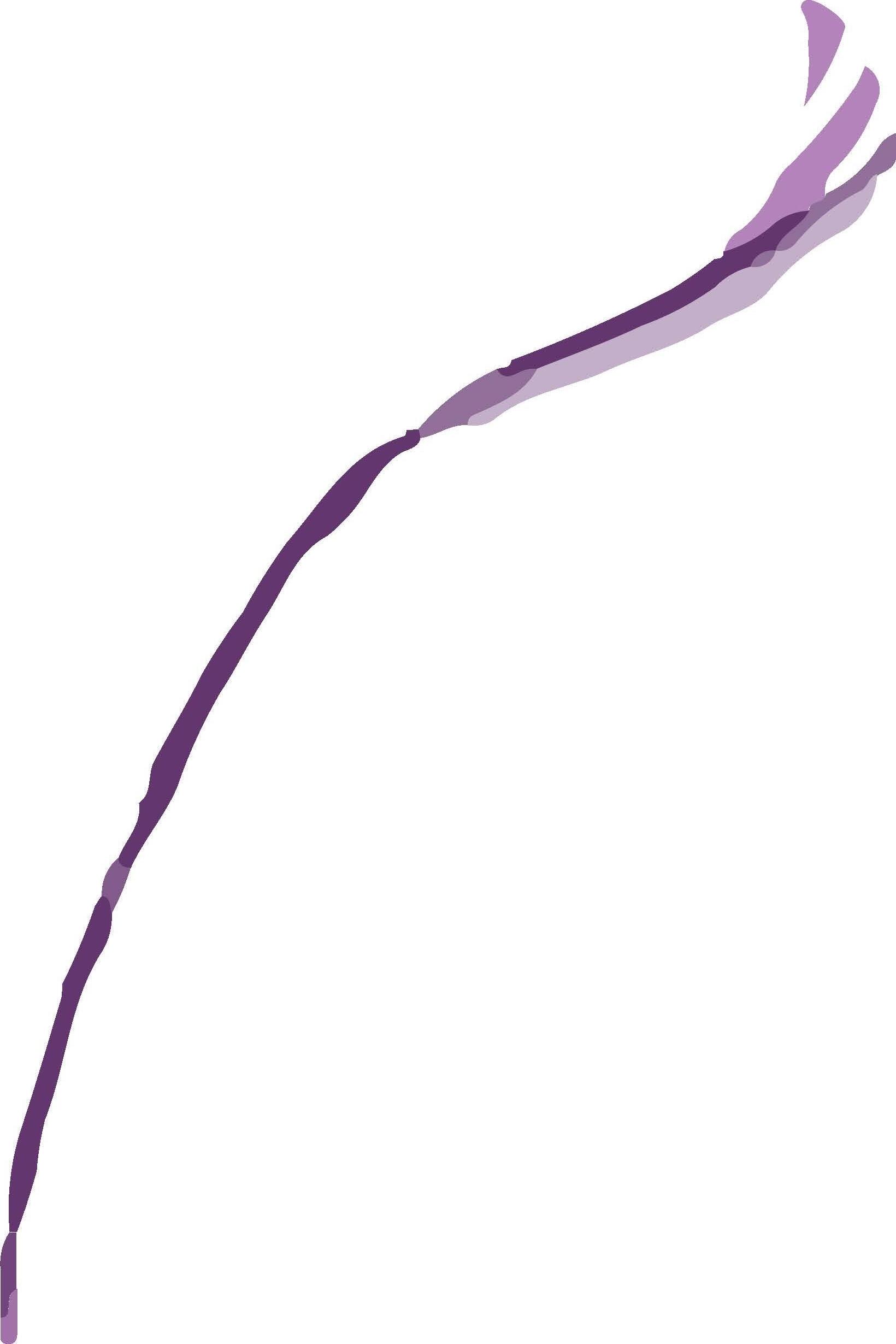
CANYON VOICES | SPRING 2024

WILLIAM: Not really in the mood for that anymore.
GEORGE: Because of Tony?
WILLIAM: Yes, because of Tony. I’m going to visit him.
GEORGE: I can’t stop you.
WILLIAM: No, you can’t.
GEORGE: Tell him I said hello.
WILLIAM: I’m not going to be your messenger. If you want to say anything to him, you’ll need to go visit him yourself.
GEORGE: That’s petty of you.
WILLIAM: So be it. What would you be doing if it had been me instead of Tony?
GEORGE: I hate questions like that. It wasn’t you.
WILLIAM: It could have been.
GEORGE: You don’t hang out by the Water Tower.
WILLIAM: That’s not the point. I’m asking if you’d come to the hospital to visit me if it was me lying there after being attacked for . . . for . . .
GEORGE: But you don’t go to those areas.
WILLIAM: Maybe I do.
GEORGE: What?
WILLIAM: You heard me. It’s just an area of town. No different from the rest.
GEORGE: We know that’s not true.
WILLIAM: But what if I did walk through, and someone thought I was a homosexual and just followed me until they could beat me up.
GEORGE: That’s why we can’t go there.
WILLIAM: A bar opened up there a few weeks ago. For our kind.

GEORGE: Is that why Tony was there?
WILLIAM: That would make a difference to you.
GEORGE: Yes, it would. Tony’s got his eye on every man he sees. I’m surprised he’s not tried to get you into bed.
WILLIAM: Maybe he did and I said no.
GEORGE: He . . . ?
CANYON VOICES | SPRING 2024
WILLIAM: Yes. He did. And I said no. Because I love what we have right now. I love our afternoons coming home from work and stripping down to our skivvies and reading Adventure together in bed and trying to take another picture of us both to freeze our love together forever on film. Tony isn’t as lucky as we are George. Not right now. Maybe he won’t ever be. He might like his life as it is and that’s fine that he does. It doesn’t mean we should turn our back on one of our kind when he’s down. Especially not then.
(GEORGE jumps from the bed rushes to WILLIAM and grabs his face and pulls him closer to kisses him passionately.)
GEORGE: How could I love you more?
WILLIAM: You can’t.
GEORGE: Yes, I can and right now I am about to burst with it.
WILLIAM: That’s probably not love if you’re bursting.
GEORGE: Set the timer. Let’s try this again.
WILLIAM: All right.
GEORGE: And we’ll get dressed and go visit Tony.
WILLIAM: Are you sure?
GEORGE: Take hold of my tiller, my lover, my helmsmen. I’ll guide you there.
(GEORGE jumps back into the bed and WILLIAM has set the timer and then comes back to bed and they pick up the magazine and hold the pose they were holding at the beginning and then the click of the camera is heard.)
WILLIAM: I think that one will be perfect.
(WILLIAM and GEORGE toss the magazine onto the floor and then start kissing before lights fade into darkness around them.)
THE END
CANYON VOICES | SPRING 2024
Walking Barefoot
Patrick Cuff | poetry
“Shoes will be fine,” I was told while walking the beach with folding chairs, chips, nips, and beer cold
inside the red plastic cooler, while distinct memories of sand dunes as sign posts from childhood now fooled her.
“Just a bit farther down,” she said, “It’s up ahead around the bend.”
And as we walked for ten more minutes, although the tides crept with thickness, and shoes with sand would not relent,
I remembered our wedding day— how we both laughed out loud in dread sitting for dinner, playing pretend.
CANYON VOICES | SPRING 2024
Into The Unkown
Siv Limary | photography
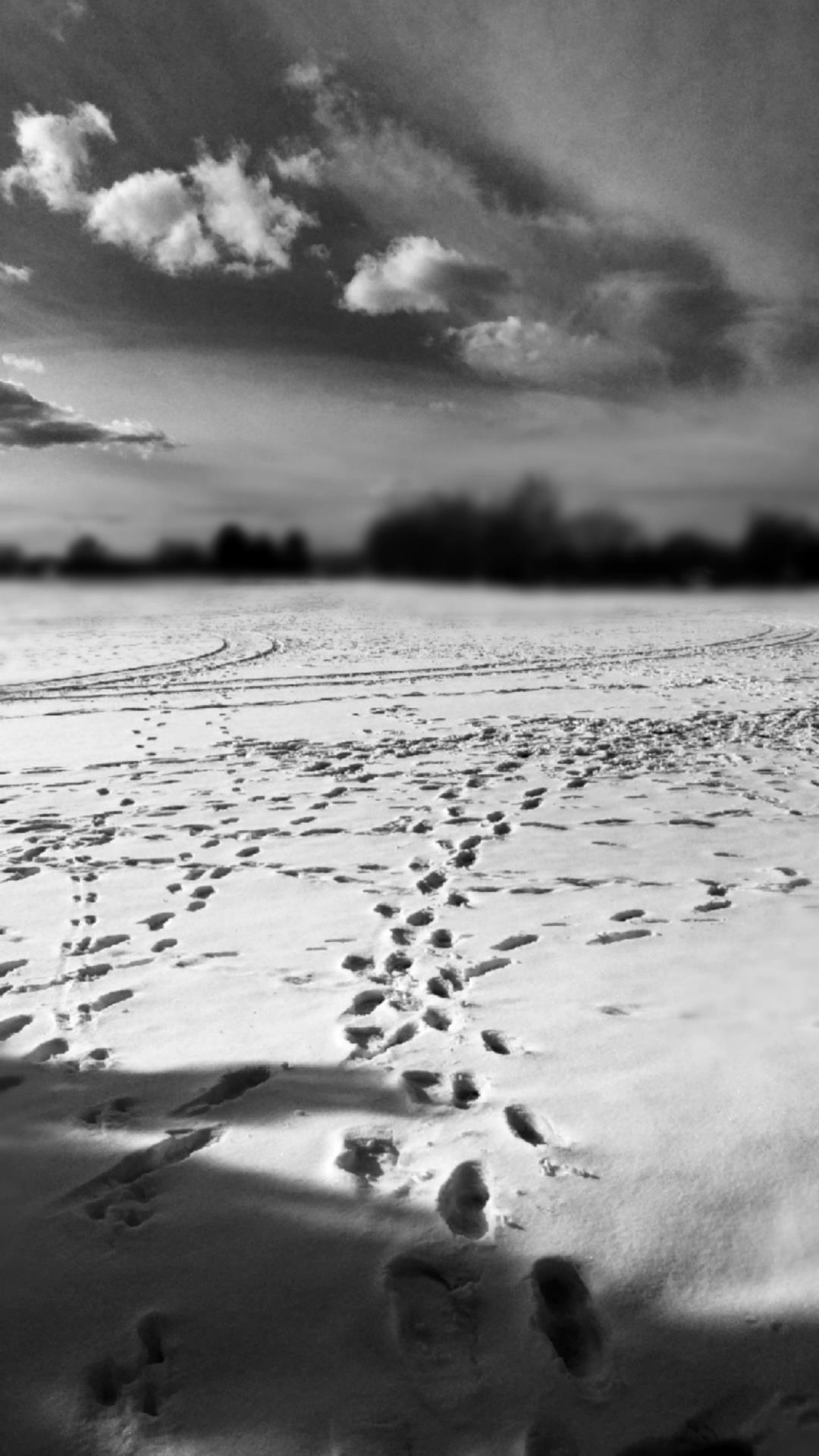
CANYON VOICES | SPRING 2024
Fallen Back
Steve Brisendine | poetry
The false savings of summer have been withdrawn, and dusk settles in at half past five;
Standard Time, we say now, as though laws could nail the year’s natural cadences to the hands of clocks.
CANYON VOICES | SPRING 2024
Hope Shining
Siv Limary | photography
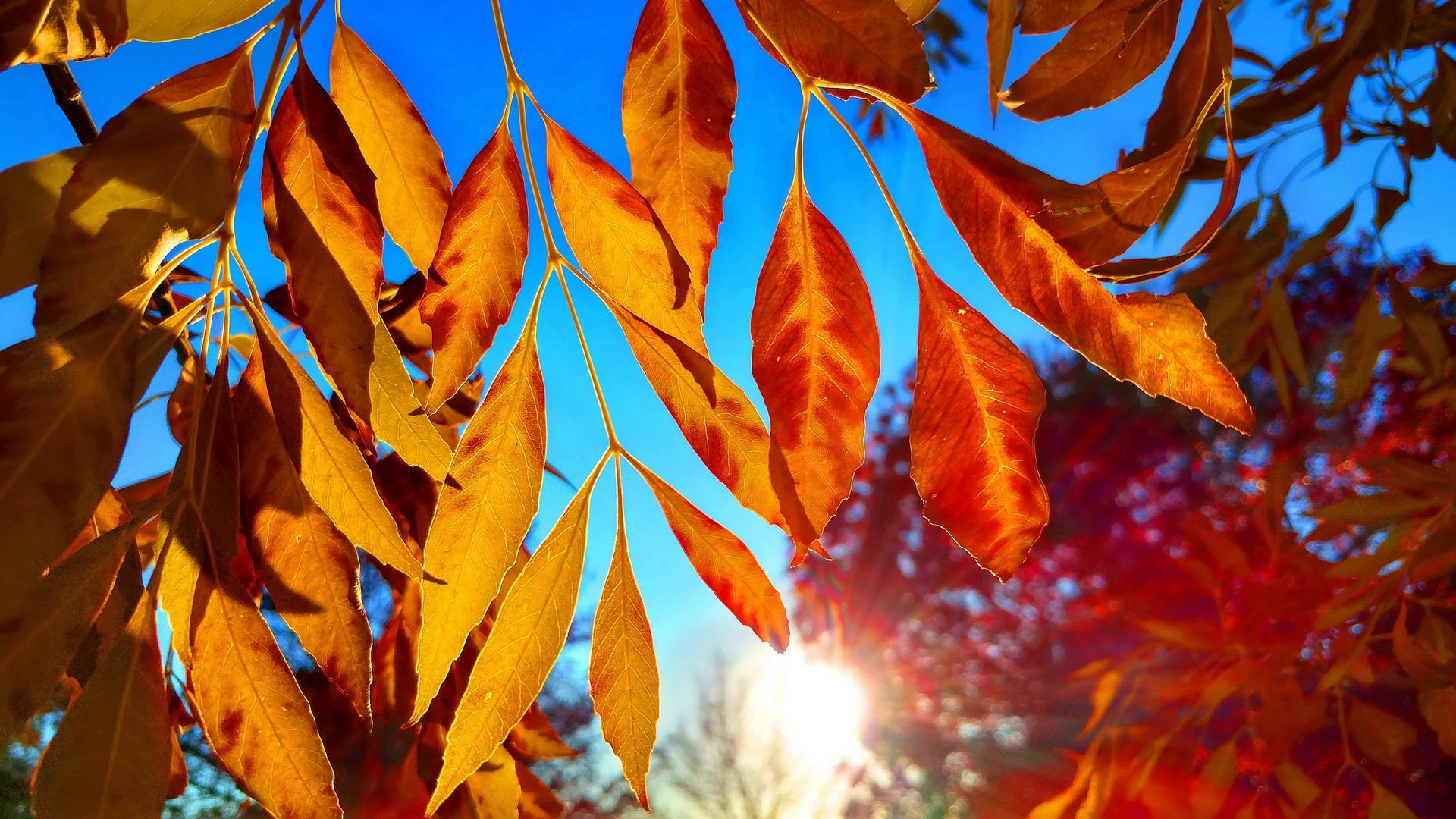
CANYON VOICES | SPRING 2024

Pixel
CANYON VOICES | SPRING 2024
Mark Pack | acrylic on wood
Polysemantic Ambiguous
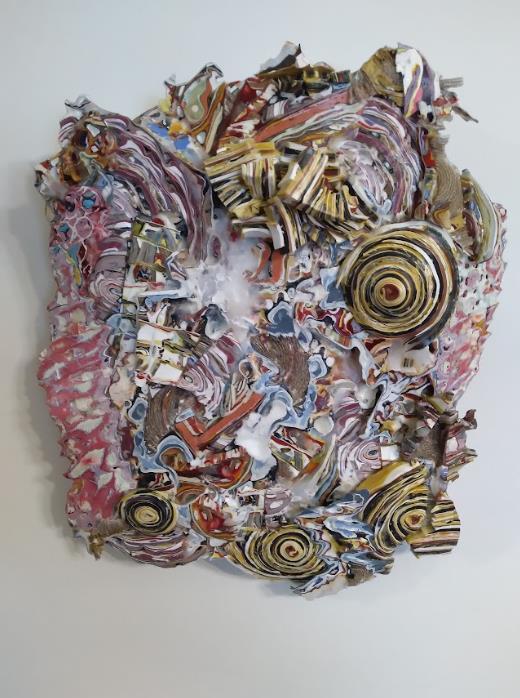
CANYON VOICES | SPRING 2024
Mark Pack | acrylic on wood
Buddha and Jesus Having Tea in Zimbabwe
Peter Wollman | fiction
Jesus was late, as usual, but the Buddha was patient.
He sat cross-legged on a stool under a veranda, outside a cafe, taking a sip of tea. The shop stood by similar looking establishments, all open to the dusty road. Above, calm white clouds hung in a clear blue sky. Below, the pleasant chaos of the capital filled the streets— pollution of two stroke engines, stink of open sewers, pedestrians politely bumping into each other. Sounds of livestock filled the thick, humid air.
While he waited, Buddha watched a troop of children play soccer. Whenever a motorcycle or donkey came down the road, they expertly dribbled around it. A chicken pecked the curb for protein. A pregnant mother stood on the sidewalk, toddler strapped to her back, while she checked her phone.
She seemed content.
A small frown creased the Buddha’s otherwise serene face.
They all seemed content.
He put down the tea and closed his eyes. Buddha couldn’t help but feel nostalgic for the good old days, when life was short, brutal and analog. The poor were slaves or serfs. Royalty couldn’t trust their own mothers. Wild animals devoured babies.
That was the difference between him and Jesus.
Buddha didn’t have to bother inventing hell.
Once upon a time, Earth was hell.
But ever since some smartass invented Novocain, the threat of rebirth started losing its teeth. The whole point of his system was to escape the cycle of existence, not to line up for it again and again, like some E-ticket ride at Disneyland. Who cares about a decaying molar when you can pull it out and get a new one? The modern world still had loneliness and alienation, but these were the shallow end compared to the horrors of polio and the plague. These days, people bragged about their past lives. Reincarnation was something to look forward to, even if it meant coming back as an animal as if being a butterfly or bird was any kind of fun.
Deep breath. The moment, Buddha reminded himself. Stay in the moment. He felt the breeze on his cheek. Millions of people in Zimbabwe, and not a single one of them was Buddhist. He was big in Asia huge before China turned communist but he had never made much of an impact in Africa. To them, he was just a bald guy in a saffron robe, sipping a warm beverage on a hot day.
Then again, that’s why he liked Africa. The

CANYON VOICES | SPRING 2024
anonymity, and the giraffes. Everybody needs a continent where they can get away from it all. All Jesus had was Antartica, even though he complained about the penguins. They reminded him of priests.
“Boo!” he heard, and jumped, opening his eyes.
It was Jesus, dressed in a white robe, with a wide smile. Even after all these millennia, he still had great teeth.
Jesus patted Buddha on the back. “Sorry, buddy. Couldn’t help myself.” He took a seat and started punching a message into his iPhone. “Hold on, let me finish a tweet. By the way, you look great.”
That was Jesus. Always positive. Buddha found enlightenment under a tree Jesus was nailed to one. After you’ve been betrayed, tortured, and forsaken by your father, every day is a good day.
Jesus finished and summoned a waitress.
“Some snarky guy wanted to know my thoughts on evolution,” he explained. “Garden variety troll. Hungry?”
“What did you tell him?”
“About evolution?” He put his phone on the table. “Whatever. Below my pay grade. Who cares if people came from monkeys or miracles? They call it the Old Testament for a reason.” He pointed to the clouds. “You know me, man. I’m all about the exit strategy.”
The waitress showed up, a stunning girl dressed in flamboyant colors. Jesus whispered his order into her ear. She giggled and left.

Jesus crossed his legs. “But between you and me, I will admit. I find evolution hilarious.”
“Hilarious?”
“Not for every species, but some. I was in Nantucket, thinking about whales the other day. They evolve out of the ocean, hang out for a million years, get sick of legs…. and evolve back into the sea.” Jesus made whale flippers and spoke in a whaly voice. “I hate feet. Walking sucks. I’ll take my chances with the sharks.” He was consumed with laughter.
Buddha was indulgent. When you can use your hands as a key ring, you earn the right to get silly now and again.
Christ composed himself and he continued. “Anyway, gotta keep the troops inspired. Not that any of my three thousand followers believes it’s actually me. They think I’m some gardener.”
“Of souls.”
Jesus gave him a thumbs-up. “Good one.” He smoothed out his robe. “What about you, old friend? You’re still off the grid, resisting progress?”
Buddha forced a smile. “Not for me. It’s all porn, babies and people making duck lips. Nobody cares about enlightenment.” This was partly true. Mostly, Buddha dreaded having to remember all those passwords.
“Nobody cares about enlightenment?” Jesus scoffed. “You know who has nine million followers? The Dalai Lama. That man is a brand. I’d die for his numbers.” Jesus stopped himself, raised his palms and looked through the holes. “Wait a second, I did die for those numbers.”
Buddha cringed. Not because of the wisecrack, he was used to that. It was the Dalai Lama. The
CANYON VOICES | SPRING 2024
most famous Buddhist in the world was a politician. It was as if His Royal Lama-ness had never read the memo. Worldly concerns. Like Jesus said, it was all about exit strategy.
He himself could have been a king, before he walked away from politics. “At least you have hell,” said Buddha, trying not to sound jealous.
Jesus shook his head. “Hell isn’t what it used to be. You should really get on the grid sometimes. Reality is on the way out. Who needs heaven if you can upload your consciousness onto a server, make your own eternity, carefully curated by a lifetime of algorithms? Do-it-yourself eternal life, as long as you don’t run out of battery.”
“We’re on the way out.”
The waitress returned with a plate of bread and green paste. Jesus tore a loaf in half and handed it to his friend. Instantly another loaf appeared.
“You should get a hold of this guacamole. Best in Africa.”
Buddha leaned in and sniffed. He’d heard of guacamole, but never tried it. “Go ahead, it’s not going to bite you. It’s vegan. Made from avocados.” Buddha dipped the corner of the bread. He put it in his mouth and chewed mindfully. Jesus raised an eyebrow. “Good?”
“It’s pleasant.” It was better than pleasant, it was divine. “So, why the meeting?”
“Aside from the pleasure of your company?”
“Aside from that.”
Jesus grinned. “I have an idea.”
Buddha nodded.
“The world is changing.”
Buddha nodded again. Change was a big part of his own philosophy.
“Maybe it’s time we change, too.”
Buddha was noncommittal. Changing yourself was a little harder to swallow.
“I think we should start a small business.”
Buddha opened his mouth, but before he had a chance to speak Jesus held up a finger. “Stop, wait. Don’t say anything yet. Hear me out. Judge not, lest ye be judged. We’re all about helping people, and small businesses ethically run help people.”
Buddha was a philosopher, he had no interest in business. Business people were just below politicians. But listening to Jesus was the polite thing to do, and would give him time to enjoy the guacamole.
“What do you have in mind?” he asked.
“As long as these people have mortal bodies, what do they need?”
“Fulfillment.”
“Be serious.”
“Oxygen.”

“Food,” said Jesus. “I was thinking a restaurant. We source locally, charge fair prices for the meals we sell. The workers get honest wages. We
CANYON VOICES | SPRING 2024

take the profits and give them to the people who have nothing. Win-win-win all around.”
“Enturopenriship, it’s not really my thing.”
“Says the guy who started a movement. What were you before you were the Buddha? A Prince. Who was I? A carpenter. We pivoted once, we can pivot again and still stay on message. This is making the world a better place, redistribution of wealth through a capitalist framework, and nobody has to end up with their head on a spike.”
“Sounds small.”
“We start small,” Jesus said, “Like in the beginning, and see where it goes from there. A couple of cafes becomes a couple of restaurants. Pretty soon we’re franchising. Temples selling tacos, cathedrals selling chimichangas. The Buddhist businessman and Christian capitalist. We’d be unstoppable. Monks and acquisitions.”
Buddha took another bite of the guacamole. He was surprised at the inverse relationship to how disgusting it looked and how good it tasted.
Jesus put his hand on Buddha’s shoulder. “The world is changing, we have to start changing too. Evolve, as my frenemy Darwin would say.” He leaned forward. “Let’s face it. Neither of us is ever going to learn to code. I can’t even understand how the Trinity adds up to one God and that only requires counting up to four. But people always have to eat. I know cooking and catering seems a step down from teaching and preaching, but remember pride cometh before the fall. This will keep us in the game of serving humanity by, well, serving humanity.”
robe. “What about the money? You with your camel going through the eye of the needle, me with my renunciation of worldly goods. Doesn’t sound like we’re ‘on message’.”
“We don’t care about the money. That’s why we plow everything back into the community. And let’s not pretend we’re oh-so-pure. Your alms, my donations. Just because we hand over a burrito in return for a little cash doesn’t make it immoral.” Jesus looked deep into his eyes. “You’re the Yin to my Yang, as your people say. You keep me centered. That’s why I need you.”
Yin and Yang were Chinese concepts, and he was Indian, but Buddha let it go. Jesus was never good at geography.
“Would it be vegetarian?”
“Kosher vegetarian. With modest portions. Not too little, not too much just like you like them.”
“The Middle Way.”
“Exactly.”
“No, I mean the name for the restaurant–The Middle Way.”
“I was thinking more along the lines of Lotus & Cross. We could start here, right in this stall. I know the owner. They want to move to Germany. They’re willing to sublet for a small equity share. Things go well, we can buy them out in a year.”
“Here in Zimbabwe?”
Buddha wiped his mouth with the edge of his
Jesus shrugged. “Why not? It’s the bottom of the alphabet and work our way up to Australia. Besides, I know you like to hang out where you
CANYON VOICES | SPRING 2024
can keep a low profile. And don’t forget about the giraffes.”
Buddha looked down at the guacamole. “Wait. Africa doesn’t have avocados, does it?” There was a twinkle in Christ’s eyes. “If I can turn water into wine, watch what I can do with a sweet potato.”
Jesus, always the prankster.
“What do you say,” Jesus said, holding up a hand, ready to seal the deal with a high-five. A ray of light shone through Jesus’ punctured palm.
Buddha took a deep breath, re-centering himself. Wanting things to stay the same was attachment. Attachment led to desire, desire led to suffering. The endless wheel. Change is the only constant. He had nothing to lose because ultimately,
thing, he understood that the dumbest middlemanager of marketing knew more about the tortured soul of the species more than most monks. The cornerstone of his philosophy that life was suffering had been completely co-opted by Madison Avenue. But instead of real suffering, they invented artificial suffering. Dandruff, body odor, boredom. And instead of real enlightenment, they offered artificial enlightenment. Shampoo, deodorant, Sprite. Solutions on sale, discounted and delivered to your door without having to spend hours with your legs twisted and eyes closed, meditating.
He was trying to save the world. They were trying to maximize quarterly earnings. Same method, different madness. The world had made itself clear. It didn’t want to be saved. Buddha closed his eyes and touched the earth.

CANYON VOICES | SPRING 2024
Pool Games

CANYON VOICES | SPRING 2024
Polina Reed| digital art
The Heron
Philippe R. Hebert | poetry
A white heron at water’s edge stark against the dark outline of the woods in the background and reflected onto the pond’s stillness by the setting sun
The heron doesn’t recognize the beauty it’s created in just existing and searching for frogs and minnows
Picturesque as in a Japanese Shoji screen contrasting yellows, black brown, grays, and white delicate in its entirety with one bare stoic tree in the background standing alone in spite of natures brutality.
CANYON VOICES | SPRING 2024
Evergreen and White
Katie Hughbanks | photography

CANYON VOICES | SPRING 2024
Seeking Refuge
Lorraine Caputo | poetry
The crystal roof reflects the flutters of a turtle dove among the metal rafters, seeking refuge from rumbling thunder presaging an afternoon storm
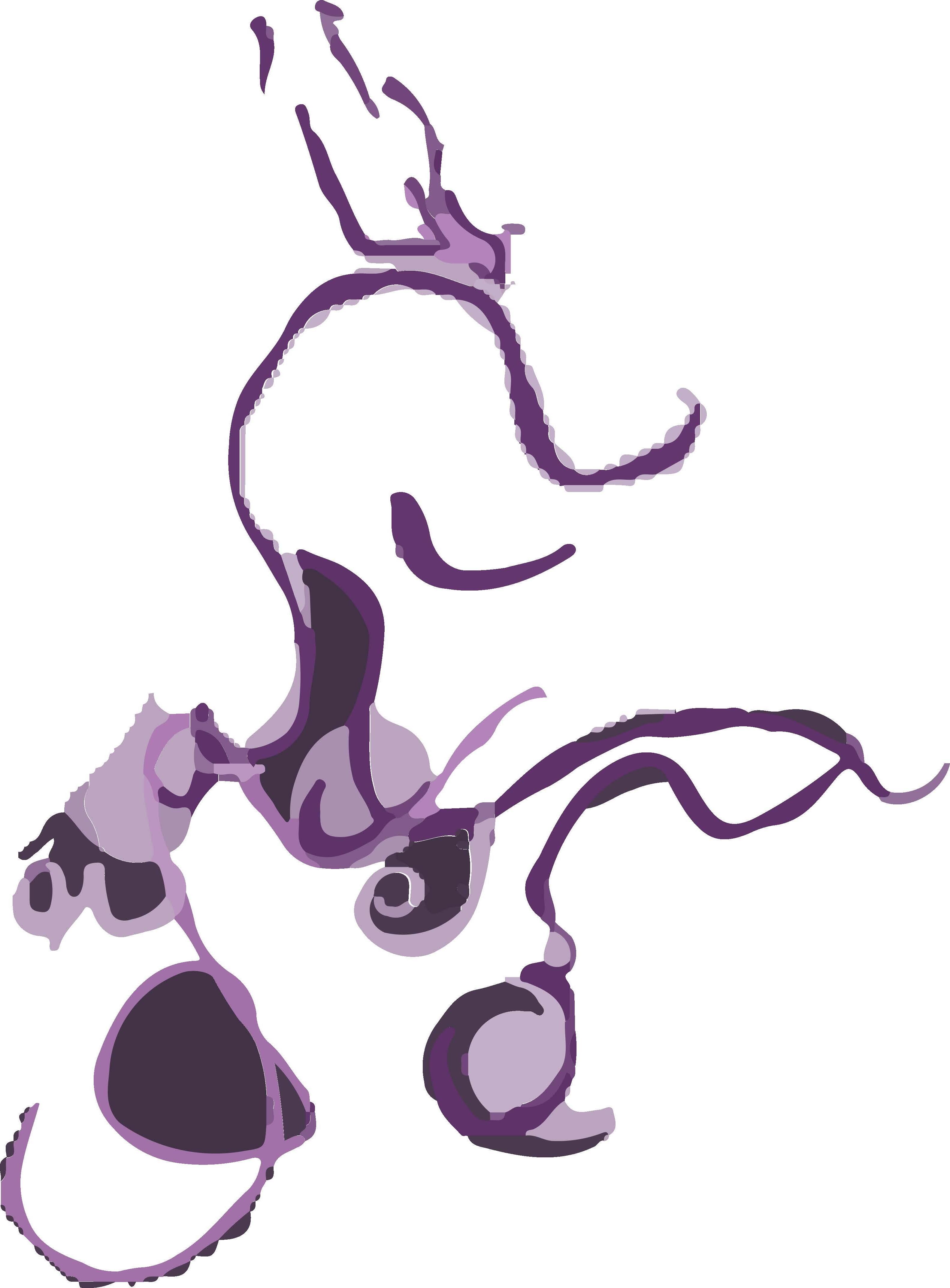
CANYON VOICES | SPRING 2024
On the Threshold
Lorraine Caputo | poetry
Long before the dawn rockets shatter dreams the chanting, the song
of a religious procession passing through the colonial streets,
the sky clear, crescent moon & Venus, stars strewn across the yet-black heavens,
a rooster crow marking the minutes before the dawn that will tint the sky
faint magenta, faint gold behind a snowy volcano emerging from jungle clouds

CANYON VOICES | SPRING 2024
When Things are Alright Awhile
Candace Meredith | poetry
Something green takes me
Back to then
When there were forests
Made of pine
And the Lilac grew From tree roots.
The canopy so lush
The birds sang From branches
And the Cranes ate
Among moss laden pine
Where the water was plentiful.
When the Earth was green
There were few waiting to leave –
Always wanting to bathe in its warmth.
The sun shone bright
Over the horizon
Where the Mountains sat
Beneath an orange sky.
When I think of green, Before I became the night sky, I want to go back to then
Before the prison bars took me away –
Being homeless did not matter
Because I would lick
Frost from my fingers
When I could still touch the Earth.
Death isn’t necessarily an eerie place
But all the newness
Isn’t from long ago
Like the Earth.
I like it here among the Heavens –
When the lights go out
There is stillness here
Like an essence and I like
The richness of memory
Where I lay beneath a hot sun.
The temperature doesn’t change here.
I’m mad some days
When I cannot smell the Lilac
But I can still see the moss
Most days because a mind never forgets
Whereas the senses may have died too.
I relish in the idea of feeling
Skin again that is damp like the trees.
I feel the moss with my feet –
If I just think long and hard enough.
Basking now as a body of light
Has its advantages
Where one becomes a star
And then thing are alright. Awhile.
CANYON VOICES | SPRING 2024
There are Snakes in the Sand
Rowan Raskin | canvas painting

CANYON VOICES | SPRING 2024
Manhattan Bridge
William C. Crawford | photography
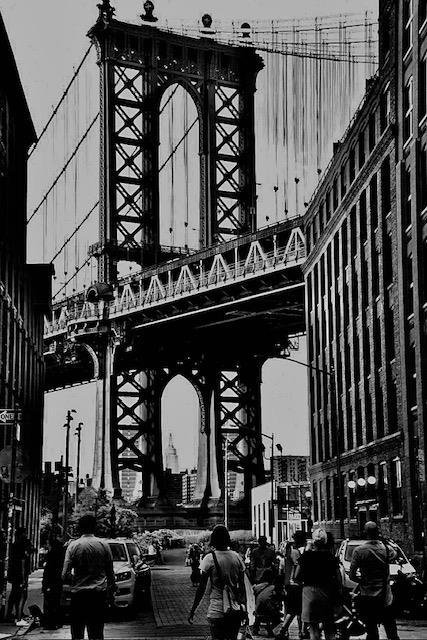
CANYON VOICES | SPRING 2024
Love, Marlene
Peter Rustin | fiction
From: Marlene Hammond
To: Judy Richman
Subject: Blue Christmas
Dear Judy—


You were wrong. There was no 2-carat solitaire under the tree for Marlene. And just in case you think I’m just messing with you, nope. There wasn’t a ¼ carat high school pregnancy marriage ring either. Nada.

Honestly, I’m not surprised. Where was Chris supposed to get that kind of money? I mean, since the accident at the marina, he has basically been sitting on his ass, nursing his broken wrist and watching WWE and football. As the holiday season began (after freakin’ Halloween. C’mon!) he has switched it up, cursing at those stupid Hallmark movies with Adam. If I have to listen to one more rom-com, like where some bitch is running a New England Inn and finds romance when a celebrity chef visits for Christmas and they fall in love in the kitchen over a dead goose, I swear I will effing lose it.
You know I love Chris, and he’s not a bad guy. Out of nowhere, he gave Adam an old blue guitar that had been languishing in the spare bedroom closet for ages. That was sweet, and Adam was thrilled.
(Can he even play? I don’t think so. Forecast: more racket). But Judy – follow me here.
We’ve been together for 5 years. I guess it was stupid to get my hopes up, but I thought that this was The Year (and, I will remind you, lady, SO DID YOU). But money’s been tight and I think that Chris feels diminished and less-than. I’ve been working my ass off at the library, not to mention at the marina too, and when you are teetering on the edge of the middle class, it’s unlikely that when you fall off you land walking down an aisle wearing some Betsy Johnson white tulle catastrophe. As all the Sox fans here say, there’s always next year. Sigh.
And please don’t start on the visit. You know I’m dying to see you. You were my absolute favorite teacher at college, and yes, I’m keenly aware that it’s been 10 years. Don’t you think I want to see Los Angeles? I don’t care what you say, it’s got to be a shit-ton more glamorous than this island, which redefines the word “dreary” in the off-season. I know you’ll be shocked, but your 70 degrees and sunshine beat the crap out of icy fog and LL. Bean duck boots.
CANYON VOICES | SPRING 2024

I would love nothing more than to apply some California-brand salve to my emotional wounds, but the travel fund (nestled in its Folger’s can on the top pantry shelf) is still laughably short of a round-trip ticket to Los Angeles. And don’t bother offering to pay for it. You know that my starchy New England flintiness (are you laughing yet?) won’t even hear of it.
But hope springs eternal. Hey, would you bet your future on scratch-offs and tax refunds? Me either.
Love, Marlene
From: Judy Richman
To: Marlene Hammond
Subject: La La Land
Dear Marlene:
What movies are you watching, anyway? Do you think that I vault out of my Porsche, waltz into Whole Foods, run into Anne Hathaway, and we share almond milk lattes at an art deco hotel on Sunset Boulevard? Sweetheart, Los Angeles is a very large place, and my little corner of it (in decidedly un-glamorous Sherman Oaks) was long ago declared a Ryan Gosling-free zone. And I must tell you that a blessedly empty, locals-only New England island in the winter sounds like heaven to a woman who spends up to three hours a day commuting on the 405.
I am so very sorry to hear about your blue Xmas. Please remind me how, exactly, did we miss the part about how it was just as easy to marry rich? After the college refused to offer me tenure, and I got this job teaching high school (AP English, but still), I feel as though I’ve been running the world’s longest marathon, with a cheering crowd many miles away holding up a huge banner on both sides of the road at the end of the course with the words “HAPPY RETIREMENT.”
Truth be told, I am dying to retire next year. But Richard wants me to put in another five, because the pension will be bigger. Could it be that he simply does not want me around while he does day trading on that absurdly large IMac of his. Could I tell him that he should maybe think about getting a real job, where he gets a regular paycheck? Should I remind him that I have been grinding it out, correcting pronouns and dangling participles, for decades?
~~~
CANYON VOICES | SPRING 2024
Please don’t answer. But to your point, YES, buy those scratch-offs and invent a few kids for added tax benefits! Isn’t there a class action you can join? I get those invitations all the time. Get your flinty butt out here and let’s go see the Beach Boys play at the Pantages in Hollywood. Richard refuses to do anything that he deems touristy, but if I cannot retire, at least I want to spend my hour in my Kia on the freeway and end up somewhere that does not have a lounge with crappy coffee, a plaid couch, and a frankly gross microwave that will always smell like fish.
What’s wrong with people, anyway?
Love, Judy
From: Marlene Hammond
To: Judy Richman
Subject: Good Vibrations
Dear Judy—
You know what and I say this with love and respect would you please tell Richard that he can go eff himself in your Kia on the 405? You’ve been slaving for as long as I’ve known you. You deserve to pull the conductor’s cord, stop the train and get off at Retirementville. Shit, it sounds like one of those disgusting Florida communities where they drive around in golf carts and have mandatory macrame classes. But you get the point. How have we found ourselves, at this point in our lives, still grinding it out every freakin’ day? SMH.

Update: Chris could tell that I was moping around, and, in that sandpapery sweet way of his, asked what was bugging me. Judy, I didn’t mean to, but I gotta tell you: I just lost it. I mean, those gulpy sobs where you aren’t sure where your breath is coming from. Runny nose. The works. I thought it was going to open up a 64 ounce can of shit, but he surprised me. You could literally see him trying to listen. I mean, leaning forward. Not checking his phone. The works.
I’m not sure that we actually fixed anything. He’s still on short-term disability, and the cast comes off in a couple of months. Then, some grueling physical therapy. So, no set ETA for return to his boat mechanic job, and no set ETA for me to be an honest woman. FML.
Go ahead and try to de-glamorize it, but I don’t care. I want to see the shimmering, muddy lights of nighttime Los Angeles and have a girls’ night in Hollywood listening to mom rock. You know I love the Beach Boys! But the Folger’s can doesn’t lie: I think I can get myself to, oh, Akron and
~~~
CANYON VOICES | SPRING 2024
maybe part of the way back. But every day, I empty the singles and change from my purse (and, occasionally, a foil-wrapped piece of cinnamon Trident gum) into the can. I resist the urge to count the quarters and singles in there, and hope that by doing this, I’ve entered into a deal with the universe where my restraint is cosmically rewarded by beanstalk-like growth.
Speaking of rock and pop culture, I’ve got a bone to pick with you. Your first name (Narrator: “It’s Judy”) is SO MUCH BETTER than mine. In your corner: Judy’s Turn To Cry; Judy Jetson, Judy Garland; Judy freakin’ Collins, Judy Blume; Suite: Judy Blue Eyes; Judy Holliday blah blah blah. In my corner: Marlene Dietrich; an extremely obscure song called “Marlene” by Todd Rundgren; and... nothing. I’m really pissed. I mean it.
Love, Marlene
From: Judy Richman
To: Marlene Hammond
Subject: Pulling The Cord
Dear Marlene:

Well, as they say, do you want the good news or the bad news? Ok, the bad news: Richard looked at the pension tables they sent me and “convinced” me that I should work “only” another two years. By “convinced,” I mean that he mansplained it so that all I could do was sputter and interject “but...but...,” and then agree. I reluctantly said yes, and then realized, in the same way that you realize that the $50.00 Prada bag you ordered on the internet is never going to ship and you had better cancel your Visa now, that I had committed to another two years of writing “See me” in angry red ink on the top of some really shitty essays.
But the good news? My servitude came at a price. Richard stumbled onto a stellar trade, dumping 1000 shares of Tesla seconds after seeing the news of that idiot Elon Musk re-tweeting antisemitic garbage on Twitter (I refuse to call it X). Out of nowhere, he made $12,000. I was basically able to extort $900 of that from him in exchange for bumping up the pension. How much is in that coffee can, anyway?
Love, Judy

~~~
~~~
CANYON VOICES | SPRING 2024
From: Marlene Hammond
To: Judy Richman
Subject: The Best Part of Waking Up
Dear Judy—
You are a shitty negotiator. First, why in the world would you bargain away precious time, when you could be sleeping late and doing the NYT crossword in bed? Second, what part of my starchy New England flintiness (ha!) did you miss? There is no way that I can take a penny from you, Hollywood Sign be damned. Take your $900, throw it into a mutual fund, and you’ll thank me later.
Love, Marlene
PS: Fine, I looked. There’s $184.00 in the Folgers can, plus what I think is either a Euro, a British 2-pound coin, or a subway token from Toronto.
From: Judy Richman
To: Marlene Hammond
Subject: Saturday At the Movies
Dear Marlene:
It could be a generational thing, but did you ever watch those old black-and-white crime movies on TV? The kind where a tough-talking hood would spar with a detective in a large-lapelled suit, trading barbs? No? Well, let’s try it, shall we?
ME: “Now you listen to me, girly, and you listen good. Here’s what you’re going to do, and you’re going to do it quick, see? You’re going to dump that Folger’s can on your chenille bedspread, and you’re going to take every last penny and deposit it into the New England Trust Bank, pronto. And then you’re going to wait for further instructions.
YOU: You got a lotta nerve, lady. What makes you think that you’re gonna roll up here, in your fancy clothes and Prada bag, and tell me what the hell to do with my Folgers can?
ME: Look, you, I’m just about out of patience. I’m tired of sitting home and letting it all pass by me. I want to see the bright lights, the marquees, the high life. Drink a Cosmo with something
~~~
CANYON VOICES | SPRING 2024
other than generic Vodka. I want to stay out past 11. And I want to do it with you, and I don’t want to wait another 10 years, see?
YOU: Aw, go lay an egg! You think you can just boss me around like the hired help? You and what army?
ME: Ok, missy, let’s do this the hard way, shall we? (Reaches into purse and throws rectangular cardboard on the bed). I didn’t wanna have to do this, but you leave me no choice!
YOU: (faltering) What...what’s that?
ME: I’ll tell you what it is! It’s two tickets for the Beach Boys, get it? At the Hollywood Bowl, next July 4. You heard of it, right?
YOU: (meekly) Yes... (You look down tearfully).
ME: So, here’s how we’re going to do it. Listen to me good. You’re going to log into one of those websites the kids use, right? And you’re going to buy a round trip ticket to Los Angeles, see? And then you’re going to send me a telegram with the ticket price and flight information. And don’t try any funny stuff, lady. I know exactly how much it costs to fly round trip, so don’t try giving my some cockamamie two-thousand-dollar fare, get it?
YOU: I...I...ok, fine.
SCENE Love, Judy
From: Marlene Hammond
To: Judy Richman
Subject: Western Union Sent Its Last Telegram in 2006, But...
Dear Judy—
United Airlines US 311 11:40 a.m.
June 30, 2025

~~~
CANYON VOICES | SPRING 2024
Low Light Portrait. San Francisco Bus
William C. Crawford | photography

CANYON VOICES | SPRING 2024
Jacy Arreola-Romero
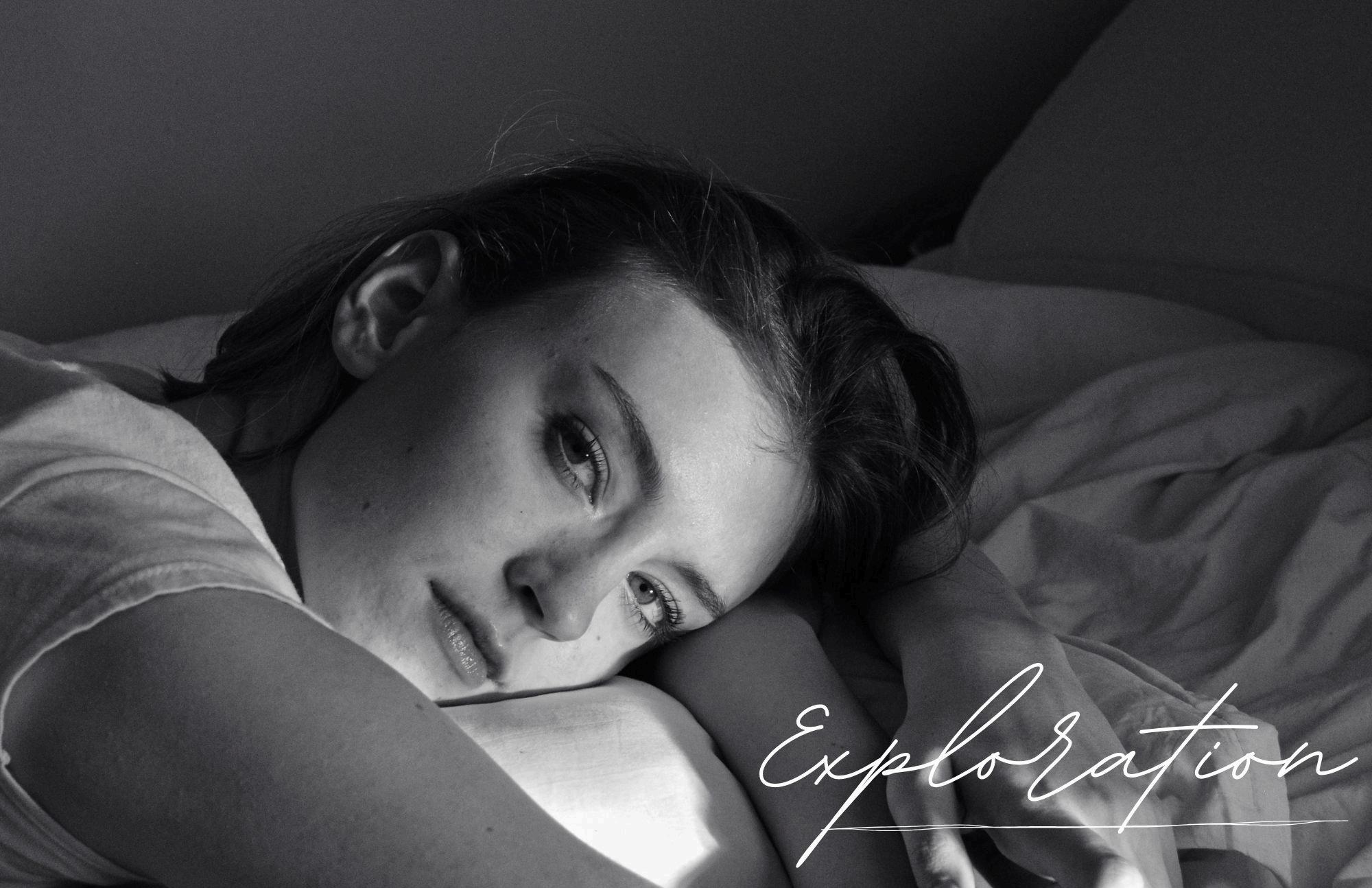
| photography

A Warm Summer's Eve in Friend's Arms
Rowan Raskin | photography
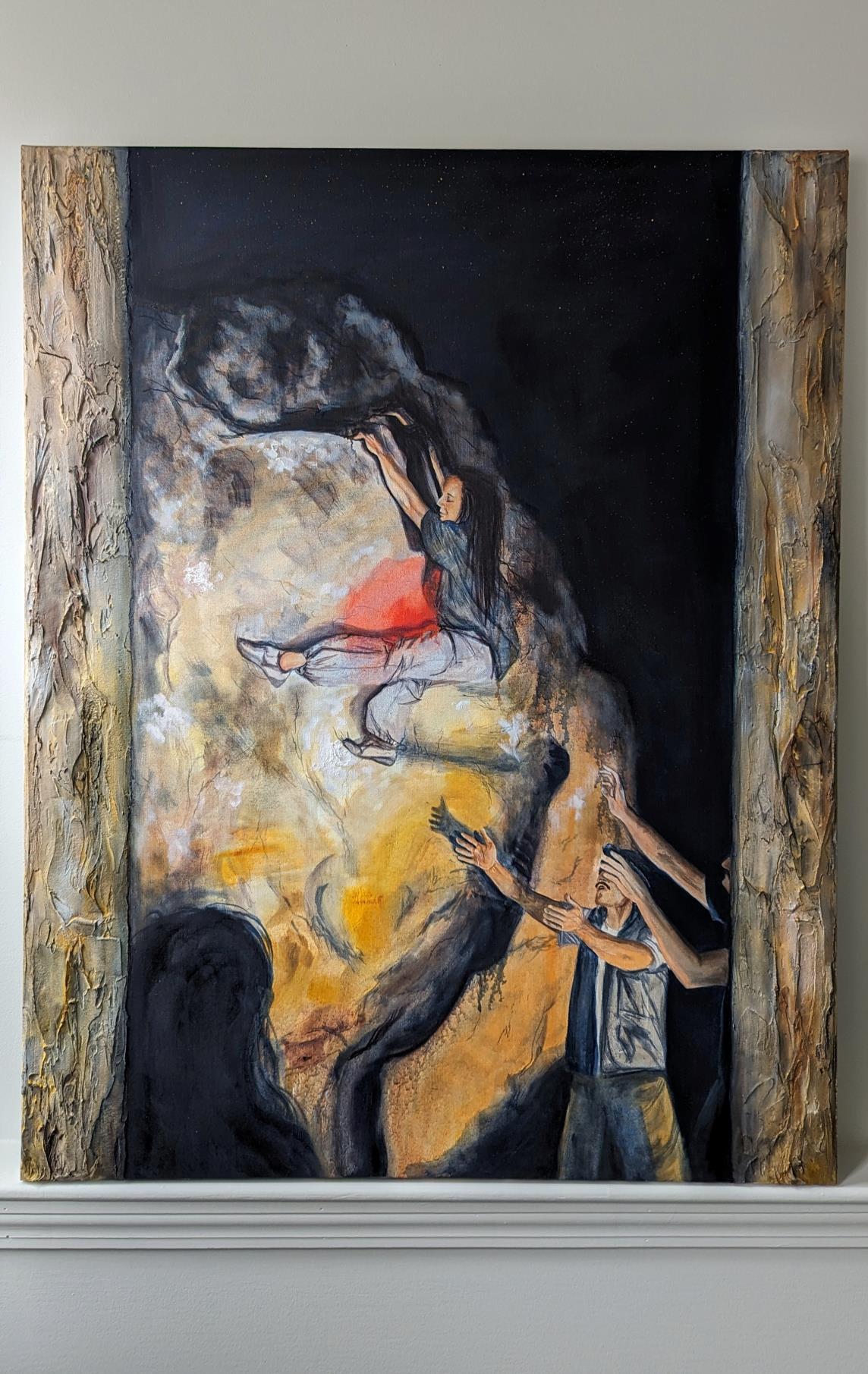
CANYON VOICES | SPRING 2024
Tejas
Philippe R. Hebert | poetry
Burnt orange and red Spanish tile roofs, correctly called tejas, seems so mundane a topic but as seen collectively as a pueblo from a mountain top they are quite picturesque, especially when surrounded by lush green vegetation with the many shades from dark green of the forest trees to the lightest pale green of the grasses.
Early morning’s bright sunlight enhances the colors and the mist makes it all seem a dream but the cook fires portends a hearty breakfast of refried beans, eggs, tortillas, and coffee because the workdays are long with only a small block of dried smoked cheese and tortillas for lunch.
Sometimes, when there’s time gnarled hands and stooped shoulders will put a new edge on the machete because basic tools must be maintained.
Late afternoon brings a pleasant relief with a glass of beer and peanuts with friends. Supper will call together the family for grilled beef, beans, and rice.
Desert is typically a glass of cane rum and a cigar over a game of dominos with neighbors. Life is simple and only promises another hard day’s work just like yesterday.
CANYON VOICES | SPRING 2024

Kashmir’s Lost Sunset
Amara Farooqui | creative nonfiction
The sunsets in Kashmir have long been spoken of as divine, painting the skies in hues only a gifted artist could conjure. I've heard this vivid description countless times from my family, as they wistfully recounted their lives in the valley before political unrest rendered that paradise a distant dream. The family lore always begins with the origins of Kashmir. Its saffron fields and the fiery red Chinar trees have taken on almost mythical qualities in the stories told. For my grandparents, childhood memories here were steeped in cultural richness and the innocence of youth. It was here, beneath the Himalayas' grandeur, that the roots of our family's identity were nurtured.
My grandmother's weathered voice would resonate through the room, transporting us to a bygone era as she skillfully wove tales of evenings when the Chinar trees, ancient sentinels of time, appeared to catch fire, their leaves ablaze in a mesmerizing display of crimson and gold. Her stories unfolded like delicate petals, each word carrying the weight of cherished memories. "It was as if the heavens themselves were painting a masterpiece for us every evening," she would reminisce, her eyes glinting with the distant glow of nostalgia. The room always seemed to be a canvas on which her recollections painted scenes of an enchanting past, creating a timeless connection between generations.
In 1990, everything changed. In the cramped living room of my childhood home, I've listened to the harrowing tale of a hasty escape, where the land of unparalleled beauty transformed into a


theater of violence and fear. My parents speak of curfews that smothered freedom, of streets that lost their laughter to armed conflict, and the unforgettable sound of tear gas shells shattering lives. This upheaval was not merely an isolated incident; it was a chapter in the larger, ongoing conflict between Pakistan and India over the region of Kashmir. As the world watched the tugof-war between these two nations, families like mine became inadvertent casualties, caught in the crossfire of political ambitions and territorial disputes. The lush valleys and serene lakes, once celebrated for their natural beauty, had turned into a battleground where political and religious aspirations clashed. The effects of this protracted conflict were profound, leaving my family and countless others with scars of displacement and a perpetual yearning for the peace and stability that remained elusive in our homeland.
Leaving Kashmir behind, my parents embarked on a journey to an alien land, bearing the weight of shattered dreams and uncertain futures. The United Kingdom, their new world, beckoned with promises, but it wasn't devoid of challenges. In the face of a linguistic and cultural abyss, my parents did their best to navigate the unfamiliar terrain, striving to strike a good balance between preserving their rich Kashmiri heritage and assimilating into their adopted home. Their story resonates as an all-too-universal narrative of immigrants and refugees a testament to the resilience and adaptability inherent in those seeking hope and a new beginning. The unfamiliar accents and customs eventually became woven into the fabric of their daily lives. However, my mother, in her moments of reflection, would often share, "Our home in
CANYON VOICES | SPRING 2024

Kashmir may have been left behind, but its spirit lives on in the stories we tell, in the songs we sing, and in the values we hold dear. We are the walking embodiments of our heritage."
The stories of my grandparents and parents, their recollections of idyllic childhoods in Kashmir, hung on the walls of our collective consciousness like prized portraits. These narratives were the very threads that anchored me to our roots, sparking an insatiable yearning for a land I had never set foot in. Born in the UK, I became a bridge between two worlds. My language and culture are distinctly British, with all the nuances and idiosyncrasies that come with it. I grew up speaking English as my primary language, enjoying the quirks of dry British humor, savoring the culinary delights of fish and chips, and understanding the importance of a good cup of tea. The UK has not only been my place of birth but has also nurtured my formative years, instilling within me the values of politeness, resilience, and a deep appreciation for diversity.
Yet my roots are still firmly entrenched in Kashmiri soil. I suppose I would say that my identity is a multifaceted prism, as it constantly shifts and reconfigures, a complex puzzle with pieces that never seem able to rearrange themselves. In the cozy embrace of our home, where the walls have absorbed the words of generations, my family's stories hold an enchanting power. They weave a spell that connects me to the profound legacy beyond the horizons I've known, leaving me pondering a question that has quietly settled in my thoughts: what does it mean to be Kashmiri to someone like me, who has never even set foot in the place my family calls home? To me, the answer is as enigmatic as the sunset over Kashmir's mountains.

On one serene autumn weekend, my family gathered as we often do. The atmosphere was filled with the comforting cadence of storytelling, a tradition that by now in my life was as familiar as the seasonal hues surrounding us. Amidst the lively chatter and the weaving of narratives, my father, attuned to the contemplative gaze in my eyes, extended a gentle touch to my arm, his words carrying the weight of wisdom and experience. "Remember, Kūr," he began, his voice soothing as he used his favorite term of endearment for me, "identity is not a fixed destination but a journey. Embrace both parts of your heritage, for they are what make you uniquely you."
His words resonated deeply within me, not as a solution to the complex puzzle of my identity but as a guiding light on this self-identity journey. Motivated by his profound words, I found myself contemplating a journey to Kashmir for the first time. The decision was a poignant one, laden with anticipation and a sense of purpose. The moment I stepped onto the soil, I felt a symphony of sensations the crisp mountain air carrying whispers of tales untold, the vibrant colors of saffron fields dancing in the breeze, and the majestic Himalayan peaks standing as silent witnesses to the passage of time. It was as if I had walked into the pages of the stories my family had shared for decades, and the connection between my present and the tales of the past became tangible. Walking through the labyrinthine streets of Srinagar, each cobblestone seemed to echo with the resilience of a people who had weathered the storms of history. Amid the vibrant chaos, I could hear the echoes of my father's advice, urging me to embrace both parts of my heritage. The locals, with their warm smiles, welcomed me, and the familiar cadence of the Kashmiri language added a melodic layer to the atmosphere.
CANYON VOICES | SPRING 2024

One evening during my journey, as I meandered along the shores of the renowned Dal Lake, the waning sunlight transformed the shikaras into a canvas of mesmerizing orange and pink hues, casting a surreal reflection on the tranquil waters. It was in this magical setting that a seasoned boatman, marked by the traces of time, struck up a conversation with me. "You've come home," he said, his eyes reflecting the deep connection Kashmiris have with their land. It was in that very moment overlooking the valley that I reflected on the significance of this journey. This wasn't just a physical exploration of a geographical location; it was a soulsearching odyssey, a quest to understand the intricacies of my identity.
As I delved deeper into the heart of Kashmir, I encountered the rich tapestry of its cultural heritage. The bustling markets of Srinagar offered a kaleidoscope of handwoven Pashmina shawls, beautifully detailed papier-mâché crafts, and vibrant saffron strands that seemed to embody the essence of the region. I gained a profound appreciation for the meticulous craftsmanship that has been passed down through generations. Each creation told its own story, a narrative interwoven with the resilience and creativity of the Kashmiri people. The aromatic spice bazaars filled the air with a heady mix of cinnamon, cardamom, and cloves, reflecting the culinary richness that defines Kashmiri cuisine. Sharing traditional Wazwan feasts with locals became a sensory celebration, an exploration of flavors that mirrored the diversity of my heritage.
Beyond the markets and culinary delights, the breathtaking landscapes of Kashmir held me in awe. The serene beauty of Gulmarg's snowcapped peaks, the pristine tranquility of Betaab
Valley, and the spiritual resonance of the ancient Shankaracharya Temple atop a hill overlooking Srinagar all contributed to a profound sense of connection. Every location seemed to whisper tales of a timeless past, as I sensed not only the beauty of the land but also a deep and harmonious connection between the historical threads woven by my ancestors and the vibrant, pulsating life of the Kashmiri people.
My trip also confronted me with some of the harsher realities of the region. As I wandered through the picturesque landscapes, I couldn't ignore the omnipresence of Indian soldiers, a visible reminder of the longstanding political complexities that have shaped the narrative of Kashmir. Conversations with residents unveiled stories of resilience amidst conflict, tales of everyday life intertwined with the struggle for autonomy and self-determination. The bustling streets of Srinagar, though vibrant with the colors of local crafts and the warmth of its people, also carried an undercurrent of tension. Checkpoints and security measures became a part of my daily rhythm whilst there, a reality that added layers of complexity to the otherwise idyllic surroundings.
To me, this was a reminder that Kashmir, despite its undeniable beauty, has experienced its share of hardships. It became evident that the identity I sought to explore wasn't just a celebration of the picturesque and cultural aspects but also an acknowledgment of the lived realities that shape the narratives of Kashmiris. It was a humbling reminder that embracing both parts of my heritage meant acknowledging the complexities woven into the fabric of Kashmir's identity, transcending the romanticized tales, and delving into the multifaceted truths that define the region itself.
CANYON VOICES | SPRING 2024
Leaving Kashmir felt like turning the pages of a cherished storybook, each step carrying me further from the connection I had felt with the land and its people. The plane's departure, soaring above the snow-capped peaks and winding rivers, marked the physical separation, yet the profound impact of the journey lingered within me. Glancing over my shoulder for a final glimpse, the landscapes of Kashmir murmured stories of resilience, beauty, and an enduring spirit. Despite its adversities, the essence of this place will always remain etched in my identity.
Now, as I reflect on the journey and continue to navigate the delicate balance of being BritishKashmiri, I have come to realize that these two facets of my identity are not in conflict but rather in harmonious coexistence. The enigma of the sunset over Kashmir's mountains, with its everchanging colors and moods, becomes a metaphor for the dynamic nature of my identity. Just as the sun sets and rises again, so too do the different elements of my identity ebb and flow, creating a unique blend that enriches my perspective and outlook on the world.
This unique bridge I embody between two worlds has not only enriched my identity but has also nurtured a broader perspective within me. It's a perspective that fosters a profound appreciation for cultural diversity, an empathy for different points of view, and an innate ability to find common ground amidst the differences
that define our global community. In a world that grows more interconnected each day, I've come to understand that the richness of one's identity is no longer constrained by geography or circumstance. It's an evolving collage of influences, experiences, and stories that uniquely define each of us, and it's the harmonious amalgamation of these diverse elements that contributes to the beauty and vibrancy of our shared human experience.
In the end, the intergenerational impact of displacement, the metamorphosis of my identity, and the pursuit of belonging aren't merely family sagas but universal stories of human resilience and the complexities of selfdiscovery. And as I pen these words, I realize that being Kashmiri, to me, is akin to being part of an exquisite, but unfinished, masterpiece. It's a connection to a rich cultural heritage that runs deep in my veins. It's an appreciation for the melodies of Sufi music and the scent of saffron. It's the stories of my grandparents and parents, recounting their childhoods in the valley of Srinagar and my own trip to the motherland, that have made this connection tangible. It is a reminder that, no matter where life's journey takes me, I am a product of the diverse influences that shape me. And just as the sunsets in Kashmir continue to inspire awe and wonder, my dual identity serves as a testament to the beauty of diversity, the strength of cultural connections, and the ever-illuminating hope for a brighter tomorrow.
CANYON VOICES | SPRING 2024
Leavings
Neepa Sarkar | poetry
Years ago, my grand uncle with his taste for beer, and a carton of books, voyaged to London.
My aunt, grew up in English neighbourhoods, and much later, chose another country to cure her patients.
Every winter, my grand uncle would come back to us, his suitcase drenched in chronicles, candies, cardigans and cologne.
And give us vast images, enigmatical landscapes, and bustling streets, on which we would walk on starry December nights.
Simply, through listening, we freed ourselves of our woods and caves, And our hearts bellowed to take form and wander along paths traced.
For him no land was unheard of, Or, too remote to experience, No story too indolent to narrate, Or, to be not pursued,
And sometimes, he told us, it was good not to explain who you are and what you want.
The tales would end inevitably, and he would walk around complaining, Of how easily we come to different days, forgetting and stagnating, how easily we were moved and dissipated, without experiencing and enlarging solitude!
And we never go back to being what we have never been. Outside the days would pass in blue and green,
And every winter, sometimes he would read aloud from his embossed golden pages.
It was long past and far from us,
Like the watery whiff of withering flowers, And we who had a hundred drinking roots intertwined, Would indulge in his lament of times we had not been born to witness! Often, he would lead us through alleys of time and place, searching for the streets and vacant rooms he had left behind, A long time ago.
CANYON VOICES | SPRING 2024
East of Eden
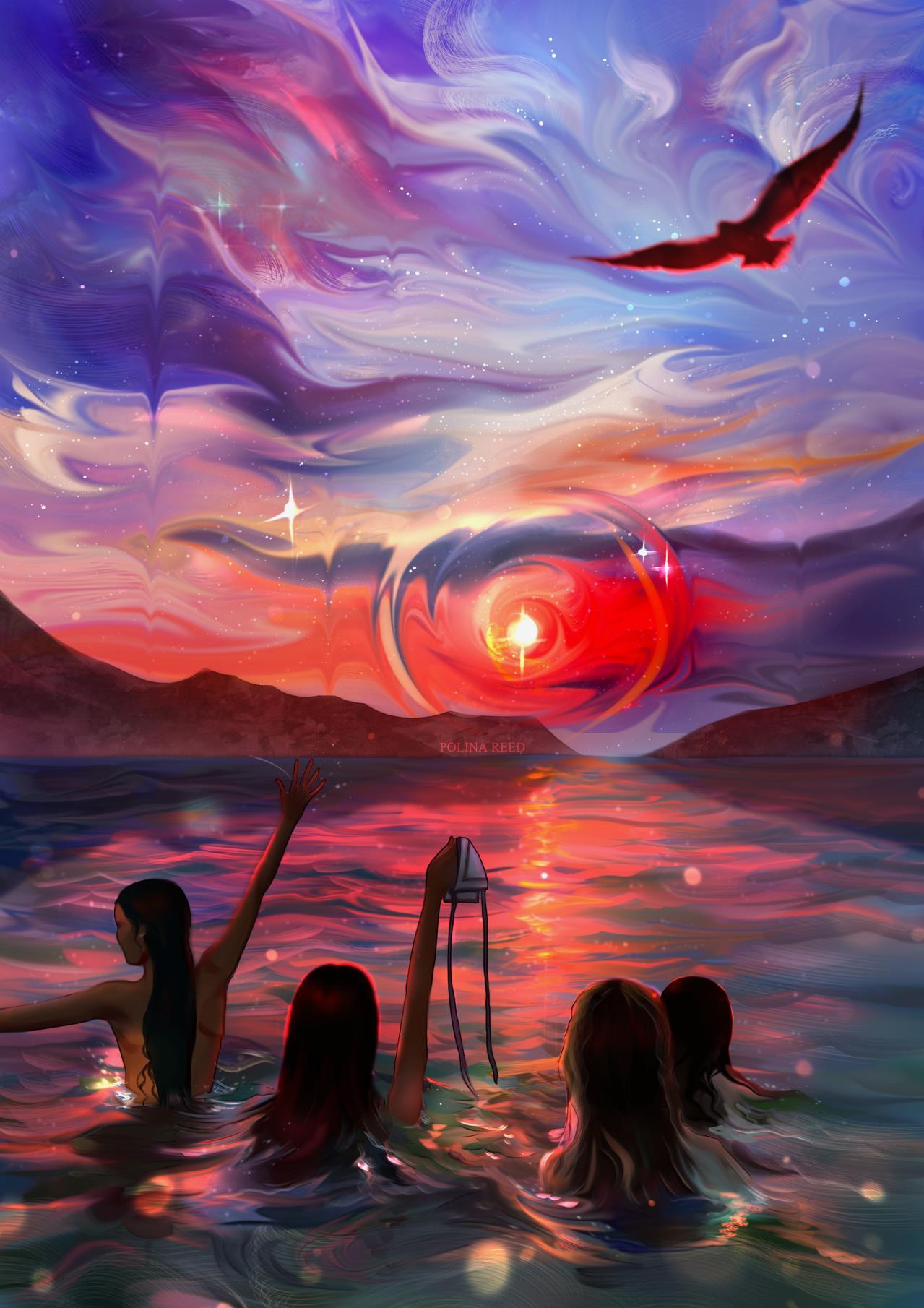
CANYON VOICES | SPRING 2024
Polina Reed | digital art
Resurgent Planet
Thomas Piekarski | poetry
Invisible seeds bloom into secret beings and totally unnoticed incorporate spirits.
Then a bountiful sun is revealed to them like bones discovered under tundra where saber-tooths roamed.
Evolution renders unspeakable wonders, development over ages producing numerous diverse species, and man emerges through a formula only Nature knows, dwells in caves then eventually simple settlements. Bloody battles ensue while tribes clash and one myth defeats another. Then inevitable protective measures, walls constructed for they’re needed to fend off savages bent on revenge.
Flat Earth debunked, centuries of discovery by then embedded as knowledge cycles all around the globe.
Yet paranoid folk like chickens minus heads scramble helter-skelter in want of a savior. Today’s Hindus restrained by their god Yama hurling sparks up from hell while Jesus ascends a pyramid to an amorphous heaven.
The stymied critic lets out a loud howl while red fox and owl look on in confusion.
So now hippity-hop down streets of Pompeii drenched in tears as years retreat to night and vanish from sight.
Oh you observer take heed how our raw nerves bend, swerve and stretch, suck energy as if magnetically from distant stars, energy that infuses we the people with intuitive insight thereby enriching this resurgent planet.
CANYON VOICES | SPRING 2024
The Imbalancing
Jade Sheng | digital art

CANYON VOICES | SPRING 2024
South Bar, December
Steven Fortune | poetry
Road prowess dulled to a slow mime around the ashen panorama of the spilled television snow screen
Lacerated forward progression mocks assurance in direction despite repeated seasons on the route The pier road crescendo into our dimensions of a city scorches a sepulchral ballad for a nearby town like an economic power chord Grey-white squalls plug seditious intimations and then go swimming while the riled polar people on the shoreline steam and the weather’s emblematic art of urgency goes undetected in the spiteful wind it flies upon
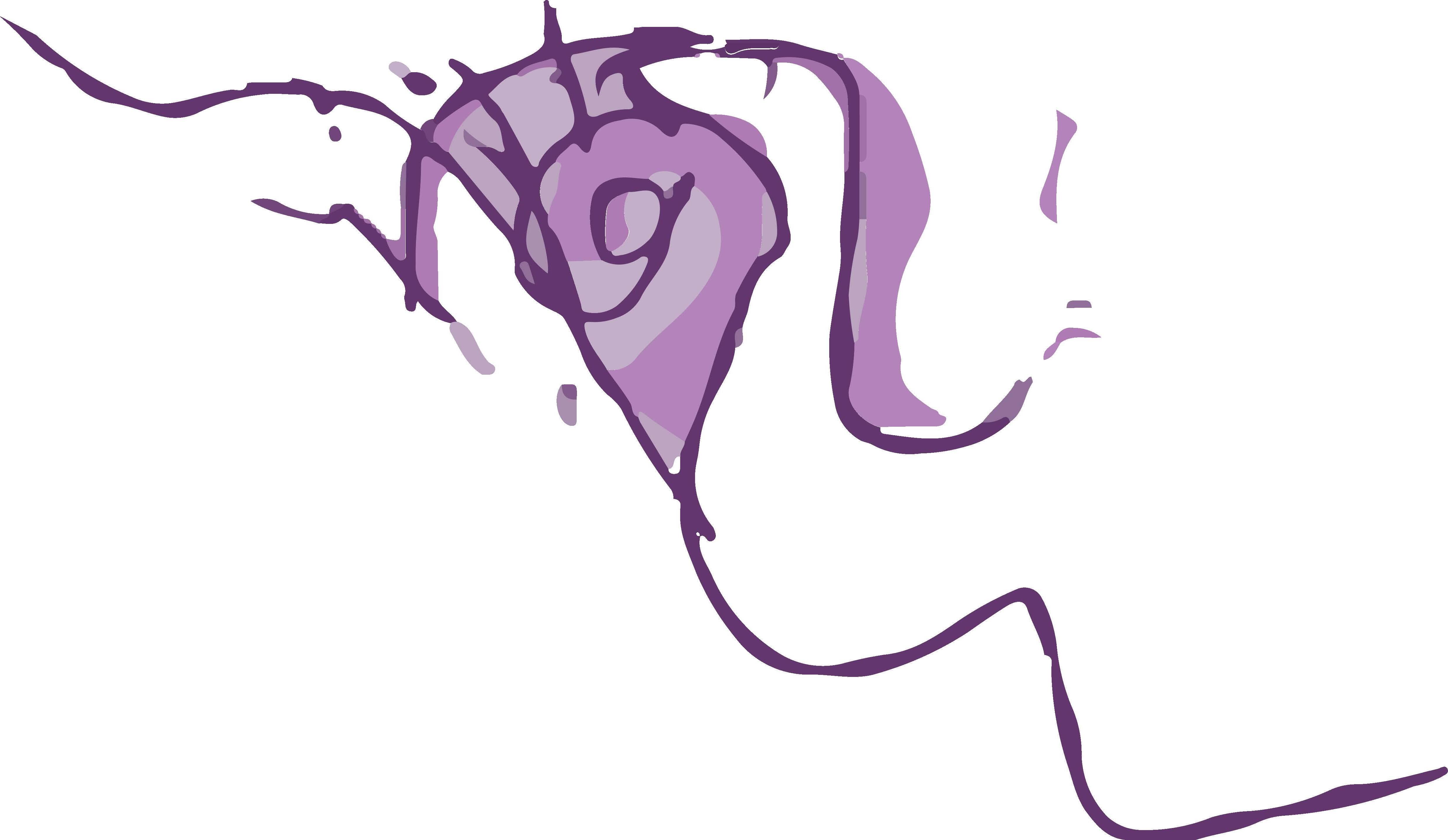
CANYON VOICES | SPRING 2024
Some day
Philippe R. Hebert | poetry
Sitting on the patio of my old adobe house in a pueblo high atop a mountain. morning has yet to shed its light.
It’s cool and a bit foggy, a mountain cat calls and a dog barks almost as if answering. Steaming rich black coffee in hand ready to meet the new day.
What will be encountered? What shall we do?
Just put off everything for now and light the first cigar of the day. See the blue gray cloud of smoke and smell the pungent sweet aroma.
Now just lean back and enjoy the coffee and cigar life will take care of itself for now.
The leaving of the cities and simply being “in the moment” is harder than you think. But then again its wonderful to simply exist in this heaven I’ve created.
We can think and write later today… perhaps in the cantina or under the old tree in the plaza. But no rush… it will be there tomorrow too.
So many words float about some landing on a page. Maybe it will be this blue smudge that nobody will read. But that’s ok maybe – someday.
CANYON VOICES | SPRING 2024
Tropical Shower

CANYON VOICES | SPRING 2024
Polina Reed| digital art
If They Made This a Movie
Coleman Riggins | poetry
The camera would pan to capture the bar logo printed across the bridge of your nose. They’d edit the red and rusty passion it reflected on your eyes, too, and when you smiled at my stupid rants, they’d fix every imperfection there.
As I’d read the menu to you in my Nebraskan tongue, they would spell out every defining undertone they could find in the conversation, though they couldn’t find the exact song played when I first heard your voice. In a montage
of all our perfect moments, the head I first laid on your shoulder, the hug you held from behind me, the coffee at the counter, but
they’d cut the crossing of our bodies with a maze of sheets surrounding us, they’d cut my flood of panic
I felt after we’d first had sex, they’d cut the whispering of my lips, counting the hairs on your chest:
Every day I did not know you.
There’s no way to show the lost journeys your eyes took me on. The metaphors I have for how deep brown they are, nor the way they dig into my own eyes like a bucket on a ship, constantly trying to tame the wild waves of fear I felt.
I held to you like a plank and we were drifting on that endless sea where cameras can’t follow.
CANYON VOICES | SPRING 2024
A Stepdaughter’s Remembrance
Quinlyn Shaughnessy | fiction
when I was eight years old, my mother married again. My father had died three months prior. I was never told explicitly what the cause of death was; all I remember is his body being carried out of the drawing room, blood staining his collar and dripping down his arm across the length of the Persian rug.
I suppose the death of a parent affects most children in a negative way, especially if they are so close to witnessing the actual event. But my father was a brutish man, and with the wisdom of years I have come to realize that if he had lived longer, I would have suffered a great deal more. My faults were severely reprimanded, and this I could tolerate — in fact, it was not uncommon for a father to discipline with actions over words. But it was my mother who incurred the majority of the abuse, and this hurt me more than his right hand ever could.
My mother — tall, young, and willowy in those days — was a skilled storyteller, constantly weaving together little excuses for the bruises on her face. But even at that tender age, some part of me knew that these were falsehoods. I much preferred her stories about the supernatural creatures that supposedly lived in the old castles near our property. Stories about the werewolves that came out at full moons and the banshees shrieking and crying (I thought our cook was one for the longest time). And of course, her specialty: the vampires, with their bloody linen and sharp fangs, all-seeing eyes, and wealth of ancient knowledge.
I would sit at my mother’s feet in the evenings,
clutching the sampler I was beginning, and listen raptly to her tales. It made the sewing go faster and the fire flicker more brightly, as if she was weaving her own little patch of magic despite having no mythic bloodline of her own. My father was always conspicuously absent from these domestic meetings, drinking with friends at some club or another. All the better — I had her to myself.
That was our regular practice throughout my early childhood until something shifted. Suddenly, one night a week, my mother put me to bed at an incredibly unfair hour and there were no stories. At first, I had been indignant about this, but over the course of a month or so, I started noticing the patterns in her behavior. In the hours before she’d put me to bed, there would be a higher octave to her voice as if anticipating excitement. She always had her bath that day and would smell delightfully of lavender and French perfume. And then at breakfast the next morning, she would be a little paler and under-rested, yet oddly calm.
I didn’t understand my observations or how they connected to each other, merely that they existed and remained consistent. I spent long hours puzzling over it all — how could my shy, delicate mother be so transformed in one night, and why were those nights not spent with me? In my naive imagination, I came up with several answers, some more fanciful than others. I finally narrowed it down to two options: either she was communing with the fae, or she was spending extra time in her room to come up with all the stories that she would proceed to tell me the rest of the week. The latter option seemed
CANYON VOICES | SPRING 2024
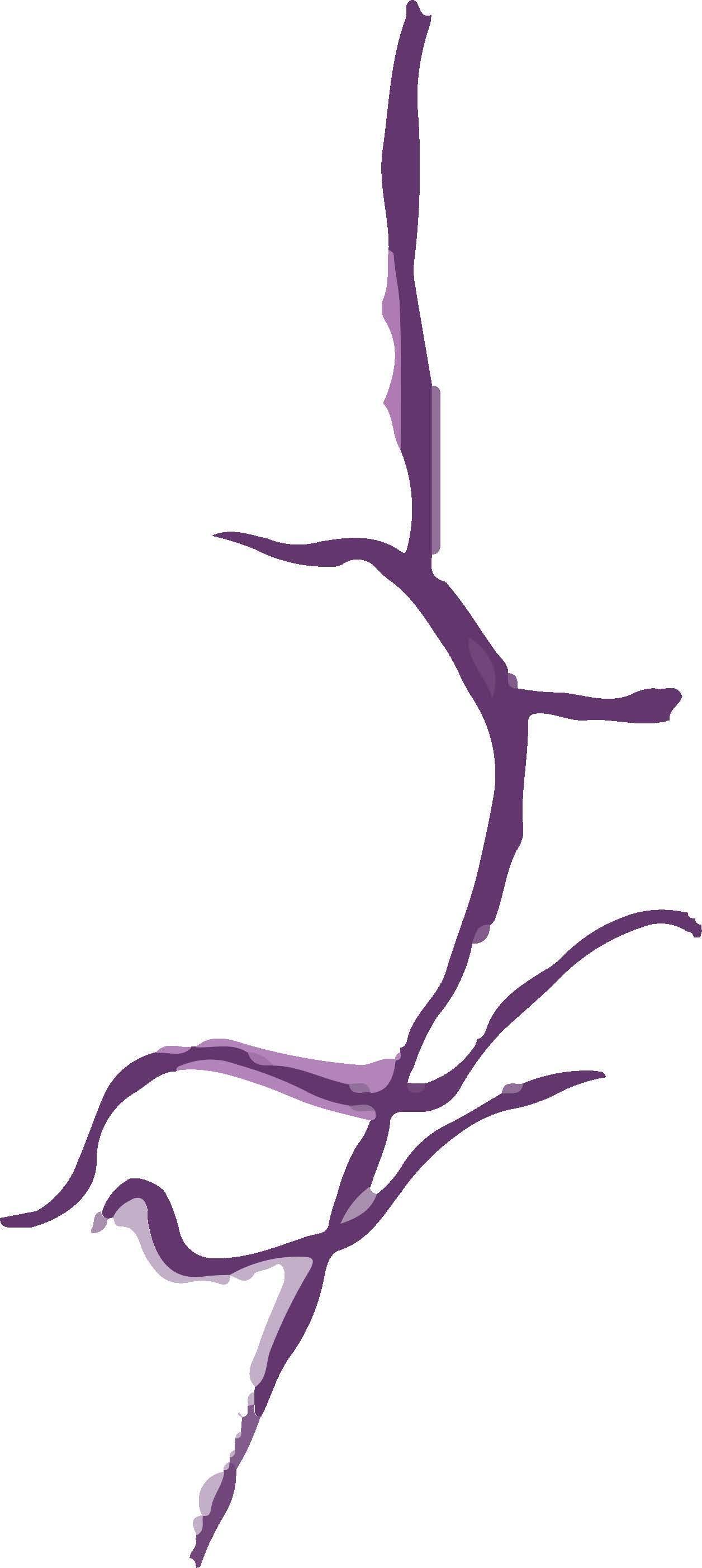
more likely — after all, such tales didn’t come out of thin air. The poor lady needed a break sometimes, I reasoned. I even felt a twinge of guilt, thinking that perhaps I had asked for too much, too often.
On one of those lonely nights, I finally stopped puzzling and got out of bed, for once following in my father’s footsteps and choosing the path of action. If she was not going to tell me a story, I was going to get it myself. I crept to the library that my father had accumulated over the years, his massive collection filled with several heirloom tomes that would be passed along as part of my oldest cousin’s inheritance. He took a great deal of pride in it and so I always made sure that my hands were spotlessly clean before I went in. I wasn’t tall enough to access the high shelves, so I contented myself with the lower ones and found several books on birds that amused me. After all, birds were closer to the supernatural than most people knew. How else could one explain the flight on tiny wings, the endless variety of songs, and the beady little black eyes? Birds had no souls, I determined, but they were a delight all the same.
Tucking my chosen book with its scratchy blue cloth cover underneath my arm, I prepared to make the journey back to bed when outside movement caught my eye. There was someone in our back garden, and it didn’t look like any of the servants. I tiptoed over to the window and squinted my eyes at the bushes beyond, trying to make sense of the shape. A hint of pale green caught the moonlight — my mother’s cloak? Yes, I knew it anywhere; I’d hidden underneath it enough times while playing hide and seek with my cousins. Is that where she went on these nights? Merely the garden? No, she was bolder still — she ducked out the back gate, her hood draping low over her golden hair, and was gone.
This was the only incident that I saw firsthand, but it became obvious that outright escape was what had been keeping her from me. I was never brave enough to confront her about it, and I’m sure if I had, she would have concocted a lie as artfully as she did for the ones about her bruises. So we simply continued on in our modified routine, and I kept her confusing secret locked in my heart — my feelings of childish abandonment were insignificant compared to the bolt of fear I felt every time I pictured my father finding her out. I had no specifics for why he would be so upset, but I knew adults did not like anyone sneaking out of their homes and that his reaction to her doing so would be swift and unforgiving.
Despite these efforts of mine, the tension rose in the house along with the summer mercury. I stayed out of sight, creeping into corners and under furniture as I heard the arguments between my parents escalate. The cook took pity on me and offered me sweets to ease my anxiety, but I couldn’t eat them. I was beginning to get headaches that would last for hours or days and stomach aches almost every night. It made my nocturnal wanderings that much worse, and thus I came to be cowering under a hallway table the night my father was killed — just long enough to see his body carried out, but not long enough to have witnessed the final bloody blow. The papers claimed murder, but I could never call it that myself (despite having no contrary evidence). His death felt too much like a blessing to be marked with such an ugly word.
The perpetrator was never caught, but a week after the funeral a new man began making appearances around the house. At first, the meetings were very short. He would pop in for a half hour, take tea with us, and then leave without ceremony. But as time went on, he would stay for dinner and then dessert,
CANYON VOICES | SPRING 2024
occupying my father’s chair at the table. He had a similar stature to my father, broad-shouldered and tall. Dark hair curled politely around his forehead and ears, and his glittering deep brown eyes squinted up when he smiled. These smiles were frequent, but more importantly, they coaxed similar ones out of my mother. Seeing her happy had always been my life’s objective, but I’d had no idea that it could be attained so easily. Thus, when my mother announced that they were to be married, I raised no objections. The wedding was on the first day of December, and I sat primly at the front of the church with my feet not quite touching the ground and my best dress freshly ironed. Every vow seemed to echo through the empty church, as not even my mother’s friends had chosen to attend — or, in hindsight, perhaps they hadn’t been invited.
After the wedding, the stories beside the fire finally resumed, this time with an additional member. At first, I was apprehensive to have a masculine presence in what had traditionally been a sacred space of womanhood. But what I found was that my mother’s new husband was a wonderful storyteller in his own right. He told us about Italian side streets and Russian winters. The French Revolution, the Fall of Rome. And he told it all in such exquisite detail, down to the colors in Marie Antoinette’s eyes and the sheen of Brutus’s blade, that I couldn’t help believing that he had witnessed these things himself. As I’ve said, I was a fanciful child.
But what was not my imagination were the bandages that started to appear on my mother’s wrists and neck, taking the place of her former bruises. The fashion of the day was long sleeves
and high collars for women, but in the comfort of home, fashions slip and you see people as they really are. My mother never had lies for these things; instead, she would simply flush red whenever they were brought up and then change the subject, telling me for the first time that children were better seen and not heard. I naturally wondered if my new stepfather was harming her as my father had, but key elements were missing. No quarreling, no black eyes, no outright deceit. This time, she didn’t seem to mind her wounds.
Of course, they couldn’t hide it from me forever. As I grew up, I pieced together bits of the truth until the full picture was finally revealed sometime around my 16th birthday. There was no grand slip, no dramatic unveiling; I merely saw him one day as he really was, as if the scales had fallen from my eyes. It took a while to get used to the idea, but after that period of reckoning, I found that it didn’t much matter to me. The man was kind, my mother was content, and he had proven that at least some of her fireside stories were true, as my instincts had always told me.
That was many decades ago, and although my mother has since departed from this earth and I have aged significantly, the man is still alive. He looks no different than he did that first day he walked into our lives. And I have taken further solace from the thought that no matter what happens, he will continue to exist — perhaps bringing his unusual comfort to other lonely women and their curious daughters.
CANYON VOICES | SPRING 2024
Royals

CANYON VOICES | SPRING 2024
Polina Reed | digital art
Nocturne
Lorraine Caputo | poetry
Now nights are clearer, chill air sinks deep into the folds of the darkness ... pearled Venus sheens in ebon sky, the moon’s light seeps through fugitive clouds ... & dreams of far off lands embark in my sleep

CANYON VOICES | SPRING 2024
Spirits of the Tall Hills
Giselle Torres| micron and ink gel pen

CANYON VOICES | SPRING 2024
Counteroffer
Nathaniel Patterson | poetry for Deborah Edelen
Your breath moving in like a warm front caressing the shore of my neck. My life up to now the precursor to when the movie begins. The lights dimming, your delicate finger blades interlacing with mine, shouting phallic slurs at Elvis, moving through territory found only in childhood dreams of love.
Our bodies more knowledgeable than we like a child hand in hand with his mother imploring that, yes, life really is what we make it, and that this can be everything if we trust ourselves, but we, grown old, embittered by the trials of lovers, fear stepping forward. The price of faith these days, like everything else, is more than our wallets can bear, but if we feel what no one else feels and if we hear what no one else hears, shouldn’t we have what no one else has? Your answer waiting behind timid lips in a language nonexistent. Lips to lips, I will translate with my own.
CANYON VOICES | SPRING 2024
There's a Daisy on My Toe
Rowan Raskin| canvas painting
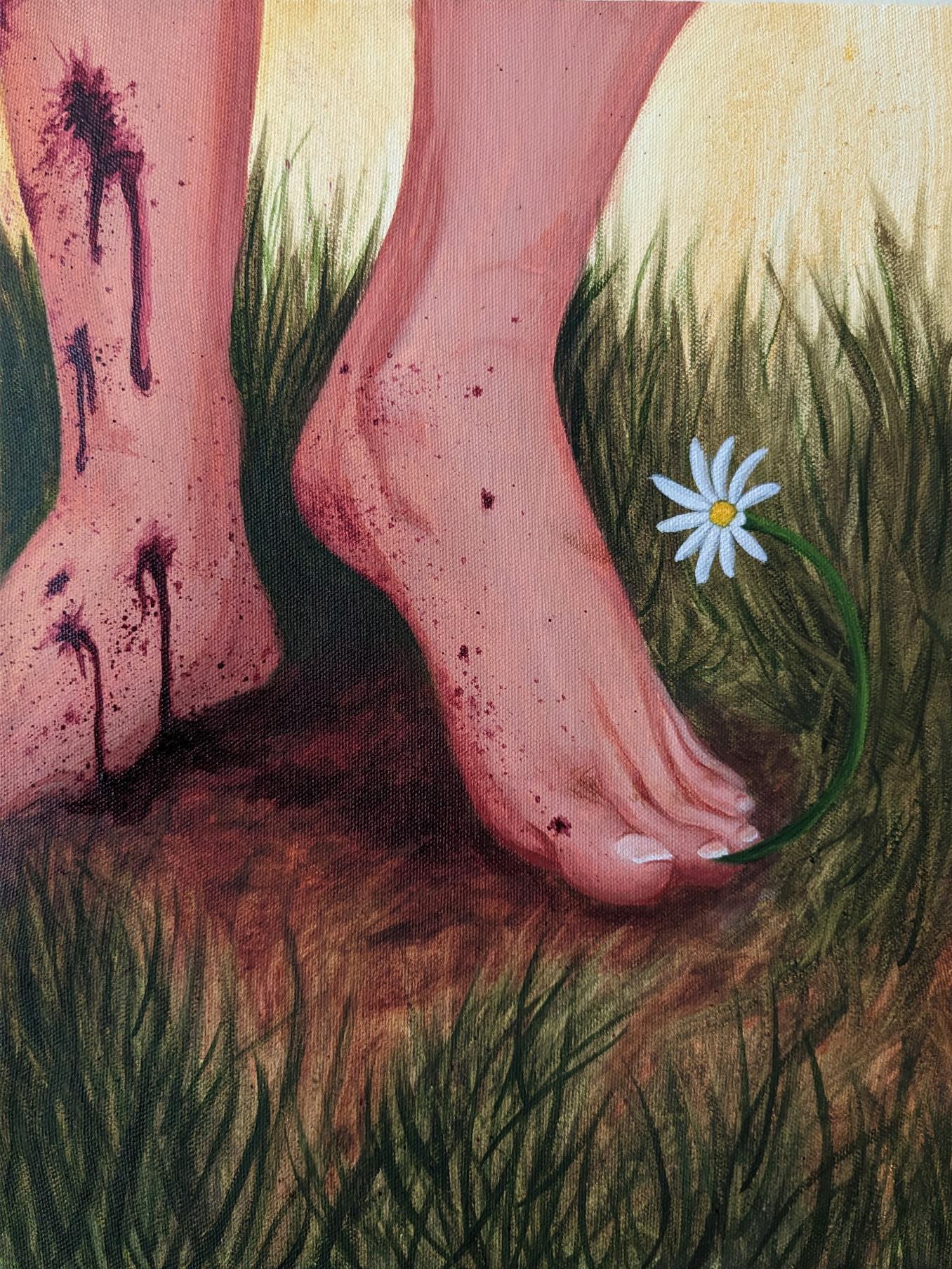
CANYON VOICES | SPRING 2024
Couverture d’amour
Tajalla Qureshi | poetry
The Softness sweetens the taste under thrust, the coziness traced and miles of lushness chased the hearth of heart and hands in the blanket of Holy Romance.
The Fragrance fuels the blaze that leads to the forgetful phase Over and under, the turning glaze Senses stove and Sizzling steam relishes the sensational gleam
The Locks of silky swans energize the breaths until dawn And drops are drowning in the throats deep under the impression of rod in and over the rosy top
Eyes, nose, and lips all are on song breaths beat over the night for a long And airs the magical moves to be strong while gracing the loveliness of lower ride in a merge, the oxygen supplied
The Night of Beats with the delights of heat And the engaging seats Embrace a bath of holiness at hives of jerks and jams to revive.
CANYON VOICES | SPRING 2024
Medusa
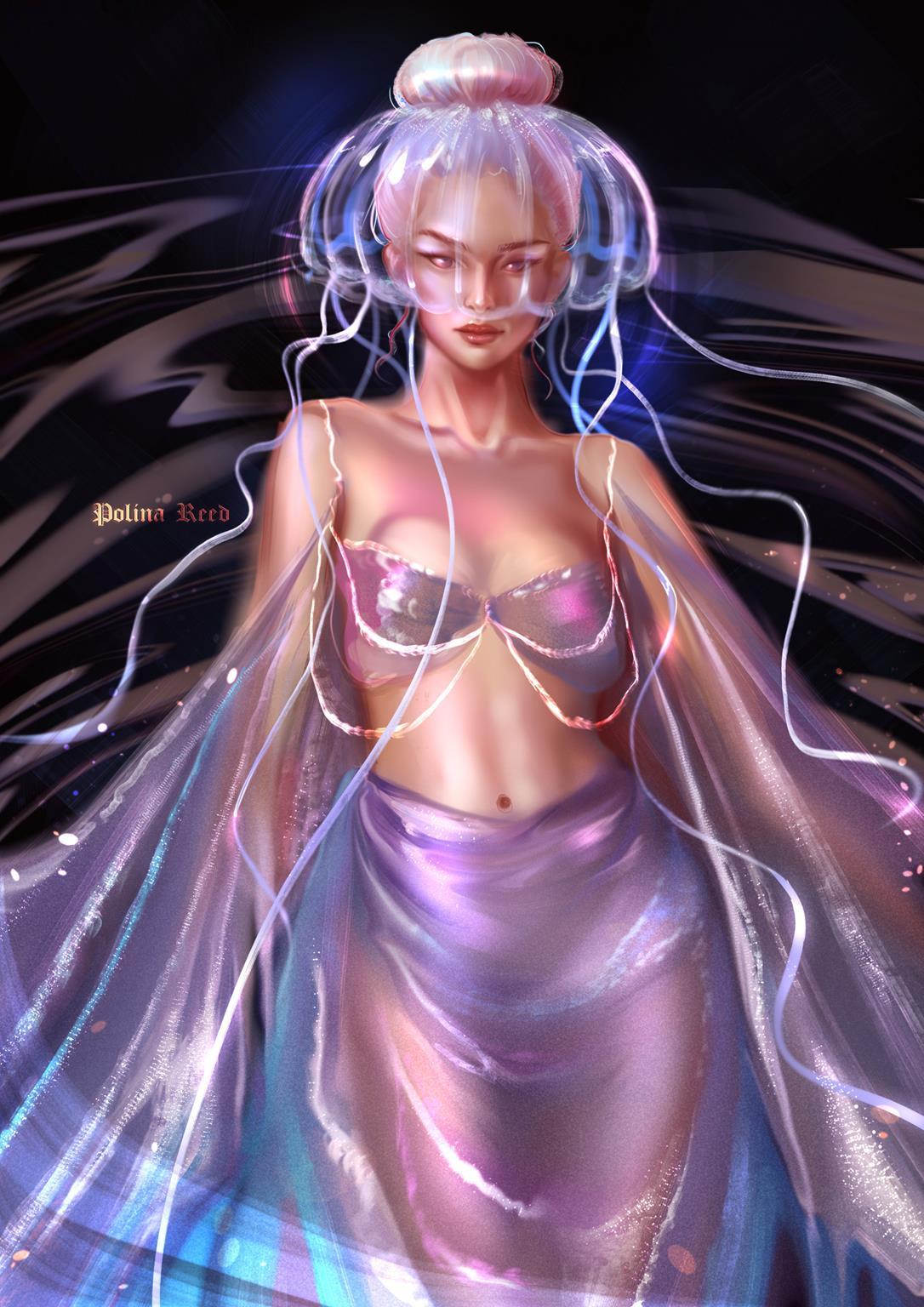
CANYON VOICES | SPRING 2024
Polina Reed | digital art
En Sus Brazos
Nhu Y. Luu | poetry
I had laid there, my skin against yours. It was a sensation I already cemented in my memory. The moonlight had found its new resting place atop our still bodies. We

CANYON VOICES | SPRING 2024
Flower Air
Katie Hughbanks| photography

CANYON VOICES | SPRING 2024
Intimate Distance
Neepa Sarkar | Poetry
Nerve or time, we did not want, But worlds and words, more often than not, cannot be rewritten. We turned with humour, our likely resistance, sometimes to paths buried long ago. Myriad detours, we took, to defer our shared end.
With words, I gaze on the instrument of Time, where we stretch out our presence, vociferously, in inane terms and impossible assurances. Unviable dreams often relegated to unlived experiences, I want to offer you a life puzzle, fathomless and cocooned in slanting sunbeams, with its urge and hazards of an impending end.
You hear me from afar, and my voice does not touch you. We have different nights, strewn in salt and the splendor of the moon. We dash in opposite directions of our time, more corrupt than ideal, We, unreliable witnesses of a tragic verse, instilled by rainy evenings.
We are neither grass, nor firefliesJust silent incantations of words and playful encounters. Elusive Stranger, you arrive over devices and routers, agonized and enlivened by me and untouched by the wind. Offering what we could become and have never been before, And expand the night along with the nightingale to hold the thread of our own history.
Crooked figures of geological time, we are a world and its contradictions, Worn and firm, broken and honest, mean and refined, Dreaming hues of brief spring, like cherry trees glow in a rapturous momentary celebration.
CANYON VOICES | SPRING 2024
Sidewalk Lovers. Chinatown, NYC
William C. Crawford| photography
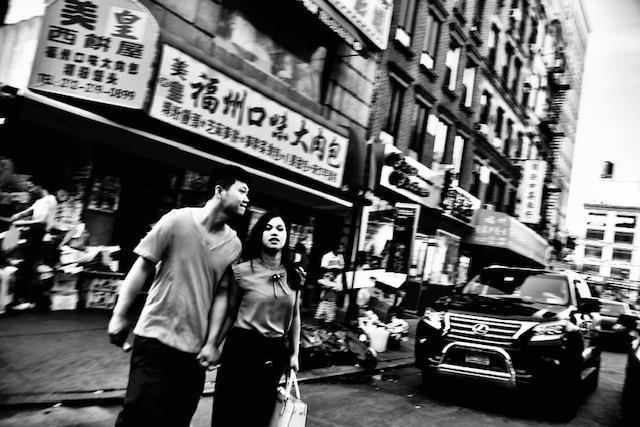
CANYON VOICES | SPRING 2024
Baking Poems and Bar Scribbles:
An Exploration of Vincent E. Day’s Poetry
By Michael Arbizo
Getting a glance into the inspirations and experiences of Vincent E. Day was easy to achieve over a casual phone conversation. Though an email would have worked even easier for this full-time educator, we both decided it lacked that human experience this poet is very fond of. Day is a huge fan of Neil Gaiman and laid-back hotel bars; you never know where his next inspiration will come from.
Glazed, Dazed and Unkneaded was chosen for the contemplation section of our magazine, do you feel this was an appropriate section for the piece, if so, what inspired you to contemplate this situation in such a creative way?
I’m a teacher and I have to proctor SAT/ACT test and it’s just one of the worse things ever because proctoring a test is teacher hell. That’s where evil teachers go. It's just proctoring and nonstop tests. I was with a buddy, proctoring and luckily, I was in my room, and we were able to switch off every now and then if one of us need to go bathroom or whatever but you're not able to do anything while proctoring. You have to watch the students take the test and if you remember standardized testing those are horrid. So, imagine a teacher watching you do it. That's what I was doing and as part of my job that's what I have to do on regular basis. I have the AP test coming up that I have to proctor soon because it’s testing season. I was just done with the day it was towards the end. And I was so tired of everything and the phrase ‘glazed and dazed’ just popped into my head and I was like you know what this sounds like a line in a poem,
and I grabbed one of my journals and just started writing.
Nice! Do you keep a journal handy to jot down ideas when you get them?
Yes, I have multiple journals.
That’s awesome! Have you submitted work from other journals that you have?
No, this is my first time.
That's cool it got published! When you are proctoring the test do you contemplate your whole existence of why you're there? Is this the right thing for you? Etc.?
Yes, and just contemplating not wanting to be there. Wanting to be somewhere else and since there are two of us it's like I feel unneeded. I don't feel I’m necessarily needed for that. So that's where unkneaded came in. I changed it to kneaded as in bread. A baking metaphor. I bake a lot, just as a hobby and so I was like OK what are
some other baking terms that I can pull and add into this poem. When we were done proctoring, my last class of the day they end up coming back to me and we watched a movie because I couldn't ask them to learn a lot that day because they just got done taking a test and I said “Hey, I wrote a poem while proctoring this test. Do all want to hear it?” And they said “Yes!” So, I read it, and they said that is exactly what we feel as well. That is perfect for an explanation of how it feels to take a standardized test and what it feels like the proctor standardized test.
That's a cool back story… Let’s move on to your next published piece. The Permanence of a Pen can be interpreted as poetry with a darker theme. Was it the craft of handwriting, in general, or a specific event that influenced this work?
That one also has kind of a silly story. I was a hotel bar in Newark, New Jersey and I usually like to write things down with a pencil first rather than a pen. Just because that is how I grew up with a pencil on a piece of paper, that’s how my brain works. Since I had been travelling my pencil had broken and I was kind of grumpy about that and so I only had my pen available. I’m like a pen is permanent. I can't make all the eraser marks that I usually make. I’m going to have to make a bunch of scribbles in my journal and it's going to look ugly and it's going to be a mess and I hate that. So that’s where The Permanence of a Pen came from, I just started writing while sitting at a bar in a hotel in Newark, N.J. It just went on from there and then it kind of morphed into this metaphor of mistakes in life can be permanent, but you have to move on from them. Because the mistakes that are being made on the poem ended up being permanent, but I had to move on from them to finish the poem.
Very interesting! In the current landscape of artificial intelligence (Ai) what is the importance of human generated poetry to you?
As a teacher I absolutely loathe artificial intelligence. I use artificial intelligence to find out if my students have used it. It (Ai) just takes away the exigence of the moment that people have when they're creating things. Because Ai it's so instantaneous where with both Glazed and Dazed and Permanence of a Pen, I had to go through all these edits, and I had to sit in that moment. Both pieces took me about an hour to write in that moment and then a bunch of time editing them.
That is the human characteristic of making it authentic, making it real, making it interesting and unique whereas Ai it's this instantaneous thing that there's no unique thought behind it. there's no Oomph! Maybe someday Ai will get to that point where it's way smarter than us and be able to have the whole process but right now, No!
What does being published mean to you? Are these your first poetry works to be accepted by a literary magazine?
These are my first works to be accepted by a literary magazine. I worked as a journalist for my undergraduate newspaper, so I’ve been published a couple times in that sense. But being published in the creative writing field means a lot more to me because it’s what I’ve always wanted to do as a little kid. I thought I wanted to do journalism but that was not what I wanted to do, and I learned that very quickly. Whereas creative writing, poetry, short stories and maybe a book someday, who knows? That’s what I really want to do with my life and where I really want to go and tell stories of characters and lands and all sorts of
crazy things. Having this first initial step is really cool and groundbreaking in a way that it opens a lot of doors. It shows and tells me that I can do something. It tells me that I can do it! I can take a step and another step after that.
Do you have any advice for writers currently trying to get their work established and recognized?
This is probably something I’ve heard from other writers because I follow a lot of blogs, but it’s just write, write, write. Never stop writing. Just don’t
You have to keep honing your craft. It’s like working out. If you miss leg day that’s not good. So, you just got to keep working out, every single day if you want to get somewhere. Writing is a skill just like lifting weights. If you want to be better, you’ve got to go. Write, write, write, and never stop.
What is your favorite kind of donut? Glazed?
I like a good fresh yeast donut that has been

Creating Something Beautiful: A Look into Quinlyn Shaughnessy’s Process
By Shane Douglas and Rachel Hard
Quinlyn Shaughnessy tells us about her love of storytelling and her creative process. In her time as a writer, Shaughnessy has explored a variety of mediums, including short stories and novels, and she advises emerging writers to hold onto their love of creating.
How long have you been writing stories? What drew you to it in the first place?
I’ve been writing in some capacity since I was six, and I started a blog at 11 for stories about my American Girl dolls and my own life. But I really started taking fiction seriously when I was 13 and did the NaNoWriMo challenge for the first time. I think I was drawn to storytelling for the same reasons that many young people are as an outlet for my imagination and a way to cope with and communicate the tough lessons one wrestles with as they navigate the transition between childhood and adulthood. Storytelling gives you some control over your environment, especially your emotional landscape, and I needed that kind of stability. Plus, it’s just really fun.
From where do you usually draw inspiration for your stories? Was there anything in particular that inspired “A Stepdaughter’s Remembrance”?
Random Facebook articles or Pinterest images are common sources of inspiration, and I tend to get my best ideas by combining two concepts that ‘shouldn’t’ go together (such as conflicting genres). But as for “A Stepdaughter’s Remembrance”, I’d woken up one morning and
my mind was still half-asleep (which is a great time to get ideas because your self-editor isn’t up yet). I randomly wondered about the children who float around in supernatural/historical fiction stories but are almost never asked what they think about the weird goings-on, and that created the desire to see how a young girl would process having a vampire as a stepfather.
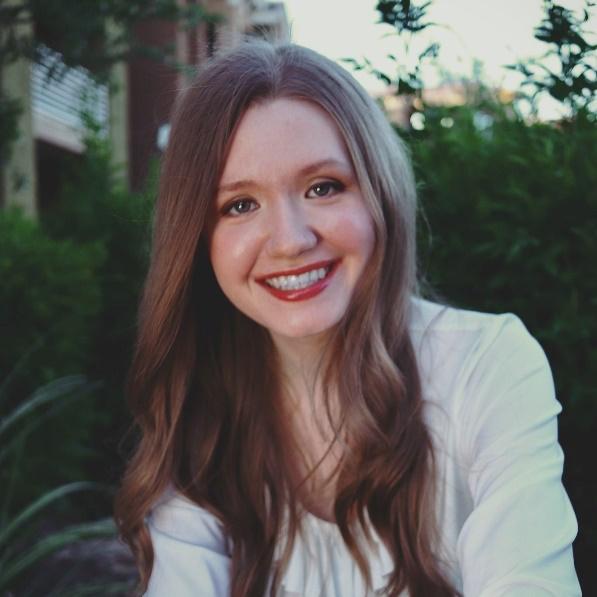
We were particularly intrigued by the twist in your story. What was your thought process in developing the story’s supernatural elements?
I asked myself what traits about this vampire would be revealed point blank and which ones would trickle in through the observations of the main character. Adults reading the story can figure out that the abusive father was murdered by the vampire during his affair with the main character’s mother, but those are incredibly
foreign concepts to a sheltered 8-year-old.
Instead, she sees details like blood on the carpet, an odd disposition in her mother after she’s been out all night, and a commonality between her mother’s stories about the supernatural and the man who eventually comes to live with them. This method fit nicely into the general writing rule of “show, don’t tell” I could have spelled out the twist early on, but a child’s mind trying to work through difficult concepts like adult relationships and supernatural influences is much more interesting to write and to read.
Do you have a favorite line from “A Stepdaughter’s Remembrance”? If so, which line?
The one I personally think about most often is the paragraph about birds being “closer to the supernatural than most people [know].” I’ve spent a lot of time observing birds and their habits, and every time I learn something new about them, I am both endeared and a little terrified. Depending on the species, they have hollow bones, they inhabit every landscape, and they sing regardless of day or night. They’re totally inhuman and yet they mimic our speech and our technology, and they remember our faces. I could never own a bird because I’d feel terrible keeping it grounded inside, but I always put them in my stories. (Also, the ornithology book is a small homage to the one Jane reads in the first chapter of Jane Eyre.)
What do you hope readers take away from your story?
I hope they enjoy it, first and foremost (if not, they can always send me angry emails). Apart from that, I hope they take away an appreciation for
the rich and expansive minds of children, and how important it is that we give them what they need to understand their ever-changing world. Sometimes it’s just care and attention, sometimes it’s hard conversations but most often it’s stories, like the ones that the main character’s mother tells her around the fire each evening.
As a writer, do you find it easier to write shorter stories or longer stories in order to immerse the reader effectively?
I find it easier to immerse a reader through short stories, and this is also true for stories I read (it can take me a long time to get into a novel, but a good short story hooks me quickly). But I write both for different reasons. In general, if a story is about a character’s journey, I’ll write it as a novel. If it’s about a single punchy idea or situation, then I’ll write it as a short story.
What do you enjoy most about writing?
Exploration and creation of something that I find beautiful. I frequently think of a lyric in Taylor Swift’s song “seven” Are there still beautiful things? Some days I feel like the answer is no. On those days, I set out to create one beautiful thing. Granted, beautiful things can be dark or bloody or strange in my opinion; so, it’s not guaranteed to be a happy thing, just an interesting one.
My other favorite part of writing is sharing it with other people once I’ve gotten it how I like it. If my words make another person feel more understood or entertained or less alone, I consider all the toil totally worth it. Plus, their enjoyment (and the actual act of writing) makes me feel good too, so it’s really a unique and symbiotic relationship between writer and reader.
What are some of your plans and hopes for your future in writing?
I have a couple of novels that are almost to the point where I can start shopping them around, so looking for an agent is my top priority right now. I also want to continue writing short stories and publishing them in literary journals. My side goals involve screenwriting and having my work made into a miniseries or movie — I’ve always wanted to see my characters onscreen!
What advice do you have for new and emerging writers?
There’s so much content in the world right now that new writers may feel that they’re at a disad-
vantage — after all, it’s so loud out there, why would they want to contribute their voice to the noise? Who will hear them and their opinions when everyone on every corner of the internet is selling their own? How can they hope to compete? My advice is to not let that feeling engulf you, and certainly don’t let it stop you from creating. Culture in all its forms is shifting every day, and the world is bigger than it may seem. Your voice has a place, and your work will make its way to the audiences that need it. Adopt a “build it and they will come” mentality: put things out into the world and allow them to find their homes when the time is right. I can’t promise you fame and fortune, but I can promise you that somebody, at some point, will make you feel heard

Exploring the Dark with Style:
The Adorable Edge of Giselle Torres
By Lisa Schepper
Giselle Torres goes in depth about her art and how she’s able to manifest such sharp and dark imagery. With inspirations ranging from several metal genres to early 2000’s internet culture, she has had plenty to get her creative gears turning.
What's some general background about yourself?
I am a Type 1 diabetic in her mid-20s with an affinity for the cute and terrifying ends of the art spectrum. I graduated from ASU with a theatre degree when COVID started so I was part of the graduating class that had a virtual ceremony. But after college I got a day job, did a lot of virtual theatre and private script readings, two short films, and two live performances so that’s the most productive I’ve been these past four years. Even though theatre is what I do professionally, I also run an art account on Instagram and am currently doing research for a YouTube video I want to create. I like dressing up and my style varies wildly from alternative to normie fashion.
When did you first start developing an interest in art?
Ask any artist who grew up in the early/mid 00s and you will hear about the same story: the passion for art usually starts with watching anime and Japanese pop culture, goth/alternative subculture, Saturday morning cartoons, video games, stumbling into the forbidden bowels of the internet that will irreversibly scar you for dear life, and other kid-friendly rites of passage.
I was decluttering my drawers a few weeks back and found all my old drawings from age 9 to high school. Nine-year-old Giselle didn’t know where to get art supplies, but she did draw on a composition notebook. That cover is filled with magazine cutout photos from an article hyping up
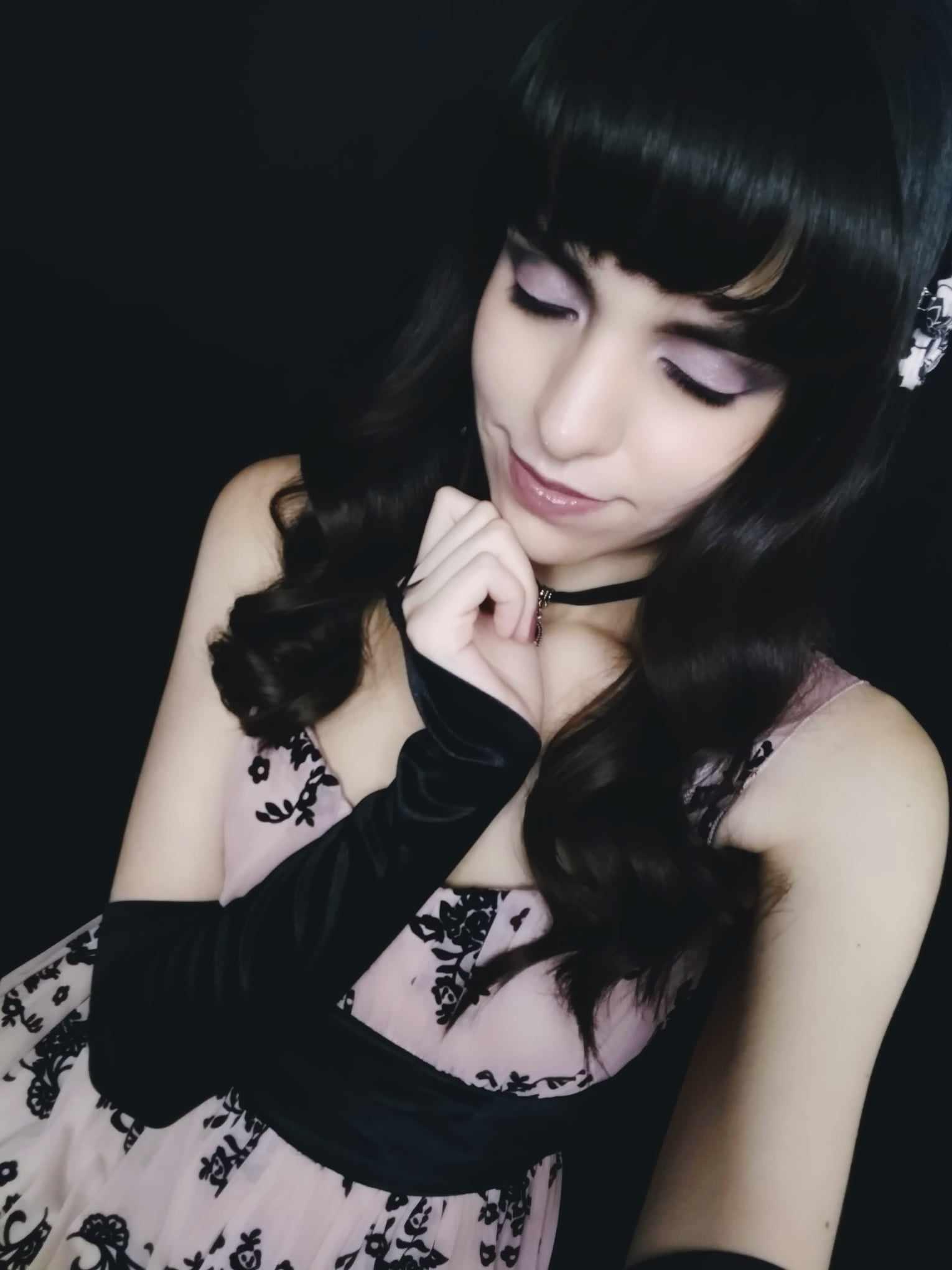
next year’s 2008 Beijing Olympics. I almost cried rediscovering these drawings. As rudimentary and unpolished as they are, I hold some nostalgia for how passionate I was, drawing anything I thought looked cool. Some things have changed, some haven’t.
Do you have any people/artists that inspire you?
Quite a lot! Surprisingly when people look at my art, they would assume Junji Ito is my inspiration. While I respect Ito’s impact on horror, I’m actually inspired by the screaming faces from the many works of Kazuo Umezo. That’s what the children’s screaming faces of the piece, La Llorona, were inspired by. The entire drawing itself was inspired by the illustrations from the book Mexican Ghost Tales of the Southwest by Alfred and Kat Avila. As a Mexican American, I’m well aware of the story of La Llorona and I’ve had Avila’s book ever since I rented it from my elementary school library. I accidentally tore one
of the pages and my parents had to pay a fee for the school to replace the book. I kept the damaged copy, so it’s been on my shelf ever since! Spirits of the Tall Hills comes from a song with the same name from a Doom/Death Metal band Disembowelment. I was listening to their entire album Transcendence Into the Peripheral while making that one. The spirits themselves were inspired by the monster designs in the manga Blame! by Tsutomo Nihei. Other artists that inspire me are HR Giger and Jhonen Vasquez.
What typically spurs on your creativity?
I usually get a creative spark after consuming some obscure media that excite me, especially music. Nothing feels better than winding down after a long day of work, having a matcha tea latte, and taking advantage of my unrestricted access to the internet. I’ve already mentioned Disembowelment, and good lord I can go all day talking about the extreme subgenres of Metal (Doom/Death/Sludge/Black). I got bands that end up as part of my listening routine such as Boris, Funeral, Thorr’s Hammer, Mythic, and Grief. I like creepypastas (NES Godzilla!), analog/digital horror, and discovering niche topics from a good YouTube retrospective. Right now, I’m enjoying the art style of Tamagotchi promotional material and the mech designs from Shmup (shoot-em-ups) video games like Einhänder and R-Type.
What motivates you and helps you get out of artist's block?
Not gonna lie, while there is progress and enjoyment, I’m glad I’ve experienced these past four years. I dealt with some internal struggles. The obvious one being the pandemic and the permanent changes that came with it. I also had a traumatic breakup in 2021 that involved attempted SA and ended with a restraining order. After a mental health break, I slowly got the courage to make a public Instagram page and just kept at it to keep my mind distracted from ruminating. Stuff varies, sometimes I draw because I’m bored of the mundanity of my day job, sometimes I feel utterly heartbroken by
unrequited love, and in recent years I felt a lack of fulfillment/purpose/direction with my life. I turn to art whenever I feel that way, both to alleviate my heaviest emotions and to tell myself I’m doing something productive for my well-being. Also, nothing’s a better motivator than dressing up cute, going to my favorite cafes to draw and feel things when I listen to Midwest Emo on my bus ride there. :’c
What do you pride yourself in most as an artist?
Oh boy, oh boy, do I like the dopamine rush of creeping people out…. but in a good way though! When it comes to my drawings or theatrical performances you get people who are creeped out by it, think I’m weird, and avoid me altogether. Then you got folks who are creeped out by my goofy shit and genuinely appreciate my work, that’s who my drawings are for. The positive reactions, I’ve received over the years, are what keep me going.
During that time in your youth when half the kids were forming their sense of identity by wanting to fit in, I was the other half that had a human need to stand out and be unique, regardless of how cringy I was while doing so! Whether or not my art is considered good or bad by others, at the very least I pride myself in making art that my 9-yearold self would enjoy.
What is some advice you'd offer other artists?
No, suffering does not make good art, omfg who came up with this statement? While some of my most provocative pieces of art were made while I was at my lowest, there’s stuff I do not want to experience again. Make art when you’re happy and appreciate the art you consume, sniff all the tiny joys in life, and the tiny smells in life. Comparison is the thief of joy so please don’t be so hard on yourself and appreciate the humanity that is in your “flawed” scribbles, your smears, and your linework. The biggest fans of your art love you not because of your ability to do art, but for you!
Contributors


Fiction
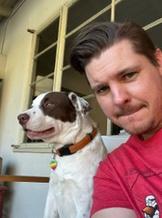

Mark Mitchell graduated from Cal State Long Beach with a degree in Screenwriting and currently lives in the greater Los Angeles area. Their short fiction has appeared in A Thin Slice of Anxiety and Black Sheep: Unique Tales of Terror and Wonder (Dec. 2023). You can follow Mark on instagram @markmitchell.writer.
Peter Wollman is a merchant of charcoal drying machinery to Namibia living against his will in Arizona. This morning he forgot to keep the washer door open, which elicited anger from his managing director. She wondered why it’s so hard to learn not to shut it—doesn’t he know that mold can build up inside? He wondered why he can’t be spoken to in a friendly voice. One side complaining, the other side complaining about the complaining. Their arguments have all the spontaneity of a Japanese tea ceremony. Such is life. Instead of thinking too much about it, he writes stories.

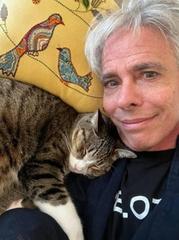
Peter Rustin and his wife Leslie recently moved from Los Angeles to Peter’s native Connecticut, with their three rather intelligent cats. Peter is an attorney practicing remotely with his firm in Los Angeles. He plays guitar badly and drums decently. His work has been published in the Arboreal Literary Journal; Free Spirit; Assignment Literary Magazine; BarBar; WrongTurn Lit; Piker Press; Gabby & Min’s Literary Review; and the South Florida Poetry Journal.
Quinlyn Shaughnessy is a storyteller through words, music, and photographs. She is currently pursuing an MA in narrative studies from Arizona State University, and she’s almost caught up to it. In her off hours she can be found watching TV shows from the ‘90s, collecting dolls and overpriced records, and scouting out creepy museums to drag her family to. (They do not want to vacation with her anymore, a fact she finds puzzling.) You can find her on Instagram @quinlyn_shaughnessy if you desire to send complaints, praise, or creepy museum recommendations.

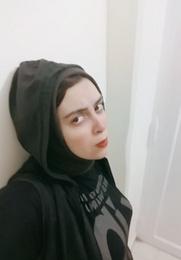

Poetry
Amirah Al Wassif is an award-winning published poet. Their poetry collection "For Those Who Don’t Know Chocolate" that published in February 2019 by Poetic Justice Books & arts, And their illustrated children book: The Cocoa Boy and Other Stories published in February 2020 and their poetry book was also their poetry collection to bury a curious girl by Bedazzled Ink Publishing Company. Amirah’s poem, "Hallucinations" was nominated for the Science Fiction Poetry Rhysling Award. Their poems have appeared in several prints and online publications including South Florida Poetry, Birmingham Arts Journal, Hawaii Review, The Meniscus, Chiron Review, The Hunger, Writers Resist, Right Now, and several other publications.
Bray McDonald is a poet and Environmental Educator. Mr. McDonald has been published in numerous journals in the U. S. and Europe including ‘Blue Collar Review’, ‘California Quarterly’, ‘The Cape Rock’, ‘Dash’, ‘I-70 Review’, ‘Rockhurst Review’, ‘Third Wednesday’, ‘Chiron Review’, ‘Adelaide Literary Magazine’, ‘Nod’ (Can.); and “Between These Shores Anthology”, “Gold Dust” in the UK and The Transnational (Ger.). He has poetry forthcoming in ‘Evening Street Review’, ‘Plainsongs’, ‘Steam Ticket’ and ‘New Reader Magazine’. Bray McDonald can be reached at braymcdonald@hotmail.com

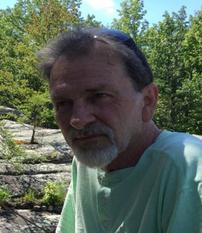
Coleman Riggins (He/Him) is a gay writer and an undergraduate student at the University of Nebraska at Kearney studying English Education and Creative Writing. He enjoys both editing and design and has worked as the Editor-in-Chief of The Carillon Literary Magazine and is also a co-founder and editor-in-chief of Do Geese See God, a literary magazine created as part of his undergraduate research. He has published poetry in the literary journals Euphemism, Zhagaram Literary Magazine, and The Carillon, and will have a poem published in the Gulf Coast journal in Spring 2024. He has presented his work in local readings as well as on the international level for the Sigma Tau Delta International Convention in 2023.
Lorraine Caputo is a documentary poet, translator and travel writer Her works appear in over 400 journals on six continents; and 23 collections of poetry –including In the Jaguar Valley (dancing girl press, 2023) and Caribbean Interludes (Origami Poems Project, 2022). She also authors travel narratives, articles and guidebooks. Her writing has been honored by the Parliamentary Poet Laureate of Canada (2011), and nominated for the Best of the Net and Pushcart Prize. Caputo has done literary readings from Alaska to the Patagonia. She journeys through Latin America, listening to the voices of the pueblos and Earth. Follow her travels at: www.facebook.com/lorrainecaputo.wanderer
https://latinamericawanderer wordpress com
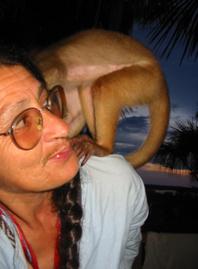
Mukut Borpujari is a graduate in English Literature and a Masters in Computer Application (MCA) degree holder. Based in Guwahati, Assam, INDIA, his poems appeared in Mount Hope Magazine of the prestigious Roger Williams University (RWU), RI, USA and New Feathers Anthology. Cerasus Magazine, London, UK, Copihue Poetry, The Chapter House Journal, Strange Horizons, Heathentide Orphans are other major journals and anthologies where his poems appeared. He was also long listed in the Erbacce-prize for poetry 2023. You can find Mukut on Facebook (https://www.facebook.com/mukut.borpujari), Instagram at @mukut.borpujari and on Twitter/X @MukutBorpujari.



My name is Madeline Davidson (they/them) and I am a third-year student studying Psychology with a minor in Communication at the ASU West Valley Campus. I have a passion for people and for positive communication, and always aim to emulate enthusiasm, creativity, and humor within my interpersonal interactions and relationships. I have had the opportunity and the pleasure to express my authentic self at this campus and the spaces it has. In the future, I aspire to work in creative spaces alongside people who care, no matter where it is! In my free time, I love to edit videos, read, and journal.
Nathaniel Patterson is a writer and former high school English teacher from Charleston, West Virginia. His work has been published in the 2023 Ohio Bards Poetry Anthology by Local Gems Poetry Press and the Anthology of Appalachian Writers, Volume XIV: Marie Manilla by Shepherd University. In 2017, he was awarded the Denise Giardina Prize for Fiction by West Virginia State University for his short story “Get Along.”
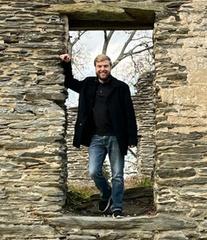

Dr. Neepa Sarkar’s recent collaborative monograph will be published by IBIDEM Press in Spring 2024. She has a Ph. D in English Literature and has taught in the Department of English, Mount Carmel College, Bengaluru. She has been published in History Today and Middle West Review, Irish Studies Review, The Confidential Clerk, Mejo Journal, Journal of Literature and Aesthetics, Glocal Colloquies, De Gruyter Press and Lexington Books. Also, her creative works have been published in Within and Without Magazine,Wingless Dreamer Publications, Cyberwit publishers, Daath Voyage journal, Metonym Journal (Spring 2024), Shiuli Magazine (December 2023), Curious Blue Press and Running Wild and RIZE Press (accepted 2025). Find her work here: https://filmsliteratureandphilosophy.wordpress.com/


Như Ý Lưu : Emotion is woven into our everyday lives, from love to loss. Như Ý attempts to capture life’s most hidden moments through their writing. Their muses are their experiences with self discovery, vulnerability, and their loved ones. You can find Như Ý on Instagram @fear2byte
Patrick Cuff is a writer from Boston. When not ghostwriting Fortune 500 CEO's newsletters and memos, he publishes poetry and short stories for his sanity. Patrick is married with a dog named Charley (after John Steinbeck's 'Travels with Charley'), but unlike Steinbeck's pup, his Charley doesn't enjoy road trips.

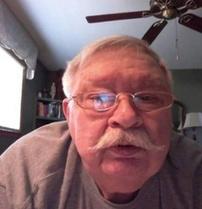
Philippe R Hebert is an 80 year old poet, writer, and story teller. He has been published in various forums such as: Vietnam War Poetry, Spill Words Press, The Stillwater Review, Arts By The People, Poetry Nation, Exit 13 Issue. Mr. Hebert has a manuscript in the hands of his publisher (Human Error Publishing) due out this year titled “A Begging Bowl”. Hebert is also working on a children’s book titled “Fritz, My Bestest Friend” His newest book of Vietnam War poems “Elephant Ears and Bamboo Shoots” published by Human Error Publishing is selling well.
R.T. Castleberry, a Pushcart Prize nominee, has work in Vita Brevis, San Pedro River Review, Trajectory, Silk Road, StepAway and Sylvia. Internationally, he's had poetry published in Canada, Wales, Ireland, Scotland, France, New Zealand, Portugal, the Philippines, India and Antarctica. His poetry has appeared in the anthologies: You Can Hear the Ocean: An Anthology of Classic and Current Poetry, TimeSlice, The Weight of Addition, and Level Land: Poetry For and About the I35 Corridor.
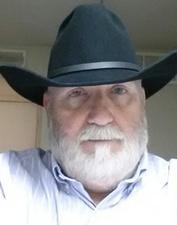


Steve Brisendine lives, works and remains unbeaten against the New York Times crosswords in Mission, KS. A 2024 Pushcart Prize nominee, he has appearedinModernHaiku,FlintHillsReview,I-70Reviewandotherpublications and anthologies. He has no degrees, one tattoo and an unironic fondness for stripmallChinesefood.Writetohimatsteve.brisendine@live.com.
Steven Fortune is a resident of Sydney, Nova Scotia (Canada) and a graduate of Acadia University (English Literature/History). He has released five poetry collections to date, edited several works for others, and has also appeared on CBC Radio,whilehisworkhasbeenfeaturedandreadonseveralradioprograms.Healso aspirestowriteforthestage,havingrecentlycompletedhisfirstone-actplay.


Thomas Piekarski is a former editor of the California State Poetry Quarterly. His poetry has appeared in such publications as The Journal, Poetry Salzburg, Modern Literature, The Museum of Americana, South African Literary Journal, and Home Planet News. His books of poetry are Ballad of Billy the Kid, Monterey Bay Adventures,MercurialWorld,AuroraCalifornia,andOpusBorealis.
Tajalla Qureshi; An emerging author from Pakistan. Her heartfelt genre is poetry. Her lustrous art has been published in a well-known German Magazine and an Indian E-Magazine. She has been served as a co-author in International and National Anthologies. Moreover, her published poem, My Phoenix has been given in final exam of the 7th semester in Honors. She won many open mics at international forums. In addition, her interview has featured in The Mount Kenya, an African Paper. She believes that purity, authenticity, and transparency are the monuments of a beautiful pure soul. Her Mentor is an artistic emblem of embers and love. She dedicated all her writings to her Mentor. Mr Muhammad Adnan. You can find Tajalla on Facebook (https://www.facebook.com/tajala.atiq.5?mibextid=LQQJ4d)andInstagram@tajalla_qureshi_

Vincent E. Day is a student in ASU’s Master of Arts in English program whose name is not really Vincent E. Day. Currently, Vincent works in a profession in a particular state that would not appreciate him sharing his ideas with the world. Still, he believes that people should have the right to share their voices and ideas without fear of being stifled. He likes “piña coladas, getting caught in the rain, the feel of the ocean, and the taste of champagne.” Additionally, Vincent likes writing about experiences that he and others have gone through in a world that often neither accepts nor understands. His writing heroes are Douglas Adams, Neil Gaiman, Mary Shelley, and Sarah J. Maas.
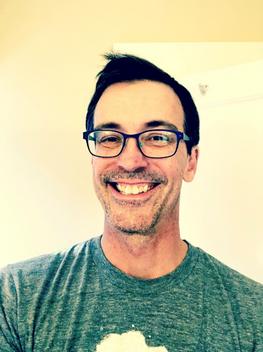

Scripts
Since 2018, Lee Richard Lawing has had a renewed passion for writing and telling stories. He participated in the 2018 William Inge Playwright’s Festival with his one act play Crashing Through Kauai and his short Play Eve Addam’s Tearoom was a part of the BUA Takes 10: Stonewall Edition in Buffalo June 2019. His 10-minute play, Alien Lovers and Friends Anonymous was produced twice in 2020 once in Virginia and then in London. The last few years have graced him in ways he had never expected with several publications and performances. Lee is truly thankful that he’s still writing and telling stories. You canfindLeeathttps://newplayexchange.org/users/20860/lee-r-lawing
CreativeNon-Fiction

Amara Farooqui is a senior at ASU, pursuing a degree in Criminology and Criminal Justice. Originally hailing from England, she has just recently embarked on a new chapter of her life by moving to Arizona, where she continues her academic journey. Through her studies, writings, and experiences, she aspires to contribute meaningfully to the criminal justice field, hoping to shed light on issues of social significance and advocate for positive change within society. You can find Amara on LinkedIn (https://www.linkedin.com/in/amara-farooqui-9b5347131/).
Mohamad Kebbewar was born and raised in Aleppo. Immigrating to Canada at age 19, Kebbewar earned a degree in history from Concordia University before becoming a graphic designer. He recently published a chapbook with JackPine Press entitled The Soap of Aleppo.HeisputtingthefinaltouchesonhisnovelThe Bones of Aleppo.

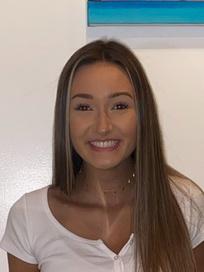
Rivers Finney is an undergraduate student studying tourism development with a focus on resort and hotel management at the Watts College of Public Service and Community Solutions at Arizona State University. Rivers has had a passion for writing from a young age and continues to write in her free time while she pursues herdegree.
Art


Giselle Torres is a 25-year-old artist, performer, and ASU alum with a BA in Theatre Giselle has been making drawings since early childhood and performing in theatre since she was 12 Her recent theatrical performances include “Anita the Musical” from Borderlands Theatre and “Ghosts of Bogotá” from Stray Cat Theatre Aside from art, Giselle likes to play every installment of The Sims, watch makeup tutorials, and listen to music Her artwork is mostly inspired by that very music she listens to, ranging from Doom/Death metal such as Disembowelment and Funeral, to 90s emo such as Anasarca and Jejune Ever since starting #inktober and other drawing challenges, pen and ink became Giselle’s favorite medium and stuckwithiteversince Gisellehopestoexpressherself withherdrawingsandmakefriendsalongtheway,youcanfindmoreofwhatGiselleisupto onInstagram@gisellespider art
Meet Jade Sheng, an award-winning illustrator and visual designer known for her versatile talents in various visualizations. With a keen interest in typography and storytelling, Jade's work is a vibrant tapestry of color and expressive details, transcending the flat surface to create captivating visual narratives. With work exhibited in magazines and public screens, and as murals, her ability to bring visions to life has left an indelible markonthecreativelandscape.

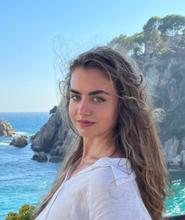
Polina Reed hasbeenpassionateaboutdigitalartsinceshewasachild Drawinghas alwaysfascinatedherandhasquicklybecomeatherapeuticexperience.Whenevershe strugglestoexpressmyfeelingsorthoughtsshecanalwaysturntohergraphictabletand pourallofherthoughtsontotheblankcanvas.
Polina is from Ukraine, currently living in Oslo, Norway. To go away from reality she turns on lo-fi hip hop, makes herself a cup of coffee, opens Paint Tool SAI and starts creating something beautiful. Whenever she runs out of ideas, but still feels the urge to draw, Polina opens her folder with references and makes simple studies to make sure she develops her skills everyday, little by little. Polina thanks you very much for taking a look at some of her personalwork:)MoreofherworkcanbefoundonInstagram@polinareedart
Siv Limary is an artist based in Albuquerque, New Mexico. He enjoys photography, printmaking, and painting and has a passion for philosophy and being in nature. He feels art provides a vital way to open people’s minds and cultivate creativity that ultimately helpstoconnectustoourhumanityandthegreatergood.


Katie Hughbanks is a writer, photographer, and teacher whose photography has been recognized internationally, including two honors from the London Photo Festival. Her photos appear in various publications, including in Peatsmoke Journal, In Parentheses,
L'Esprit Literary Review, New Feathers Anthology, Glassworks Magazine, and Black Fork Review. She teaches English and Creative Writing at Assumption High School in Louisville, Kentucky.

Rowan Raskin is a non-binary artist from Arizona and a graduate of the Rhode Island School of Design. Currently located in Boston, MA, but inspired by their childhood spent exploring the southwest; Rowan mythologizes the Southwestern queer experience. By combining the aesthetics of the southwest gothic, narratives of found family, perceptions of the body as landscape, and roadkill as an analogy for transgender life, Rowan hopes to create tenderness and love where some might only see horror. Rowan received the Worcester Center for Art’s Glass Residency upon their graduation and has shown work with the Art League of Rhode Island. You can find Rowan on Instagram @boynamedsueglass and on their website (http://www.rowanraskin.com/).
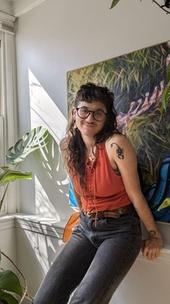
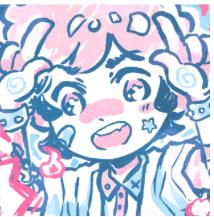
Marshall (they/them) otherwise known as Basketcase on social media is the comic creator of Not Your Binary. You can find them on TikTok (basketcaseart) or their website. Basketcaseart.com
Mark Pack is an artist who defines his artistic process as one of cultivation rather than manufacture. Mark seeks to explore the ways we relate to nature. This alliance manifests itself through painting, sculpture, and installation. In this materialization he is discussing the duality between chaos and control. During this discussion he is thinking about the way weexaminenatureandtakepartin.MarkPackreceivedhisBFAinPaintingfromNorthern Illinois University in 2001 and his MFA in Painting from Rhode Island School of Design in 2004, graduating with honors. Since then Mark has been in numerous juried, solo, and group exhibitions. His work is also in numerous private and public Collections. You can find Mark on Instagram @paintingspecimen092901 and on Facebook (https://www.facebook.com/markpackart?mibextid=eQY6cl).

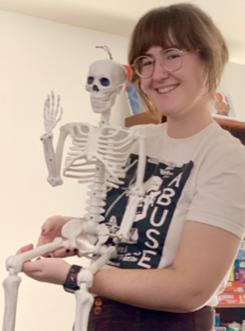
Regina Guisto an Arizona artist working in illustration and storytelling and selfproclaimed squiggleologist. Regina creates pieces that center feeling and environment throughcontrastandlinework.Theirworkisinspiredbyclassicillustratedchildren'sbooks, organicforms,andbutternoodles. Instagram: @reginadraws •Twitter: @regina_draws • Tumblr: @reginadraws • Website: reginadraws.neocities.org
Jacy Arreola-Romero is a 20-year-old, third-year student majoring in Business Communication at Arizona State University. Although she initially delved into photography in junior high, it wasn’t until high school that she consistently pursued it. There, she honed her skills in photoshop, studio work, and the technical aspects of photography. During summers, she work for a photographer as an editor and second photographer, elevating her photography experience.


William C. Crawford is a prolific itinerant photographer based in Winston Salem, NC. He invented Forensic Foraging, a throwback, minimalist approach to modern digital photography. See more of his work on Instagram at https://www.instagram.com/ bcraw44/



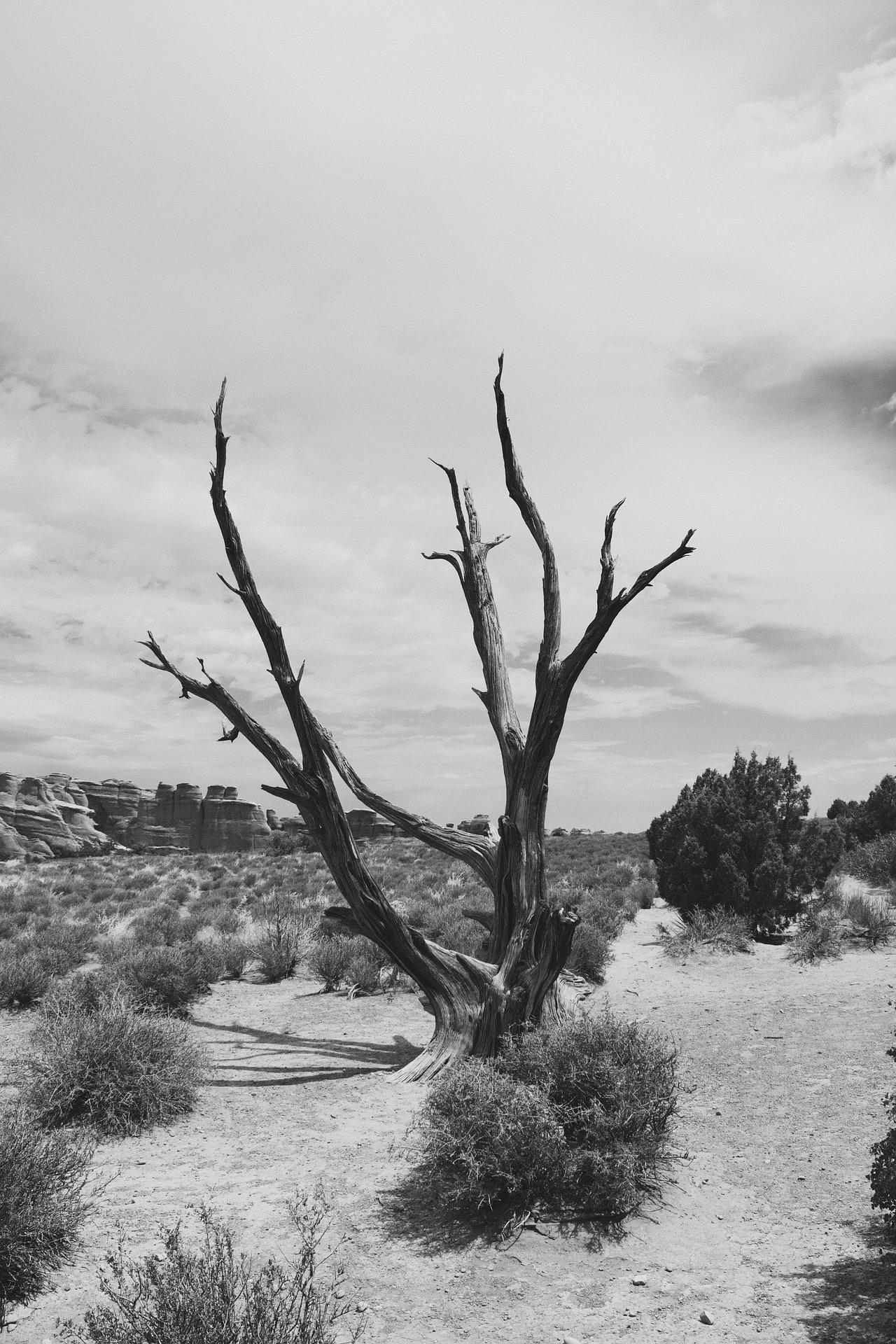
ABOUT US
CANYON VOICES LITERARY & ART MAGAZINE is dedicated to shedding light on the works of emerging and established writers and artists. Founded in the spring of 2010 at Arizona State University’s West campus by one professor, Julie Amparano Garcia, and six students, this journal strives to bring the creativity of writers and artists to light within the community and beyond. Supported by the students and faculty of the School of Humanities, Arts and Cultural Studies at ASU’s New College of Interdisciplinary Arts and Sciences, CANYON VOICES accepts writing and artwork from writers and artists from all corners of our planet and from all walks of life. The work of maintaining and producing this magazine is entirely student driven. Since its formation, CANYON VOICES has expanded into a full credit, hands-on class. Students build a full literary journal each semester, heading every aspect of production, including soliciting submissions, editing, marketing, design and layout, and publication. We strive to bring you an eclectic range of voices each semester.
OUR MISSION CONTACT US
At CANYON VOICES our mission is to provide an online environment to highlight emerging and established voices in the artistic community.
By publishing works that engender thought, Canyon Voices seeks to enrich the scope of language, style, culture, and gender.
Questions, comments, feedback? We would love to hear from you.
Contact us via email at: CanyonVoicesLitMag@gmail.com
You can also visit our website or on Facebook: www.canyonvoices.asu.edu www.facebook.com/asucanyonvoices

your work, please send it to CanyonVoicesLitMag@gmail.com attach all the work you wish to submit to the email. Your submission must include an author biography and a photo, which will be included in the magazine should your work be chosen for publication. We are affiliated with Arizona State University, and we uphold academic standards. If your work is accepted, we reserve the right to make changes. You will be contacted should your work require more extensive edits. We accept simultaneous submissions.
All documents submitted should be double spaced with a 12 point font, in either Times New Roman or Arial. Poetry may be single spaced. All written documents must be submitted in (.doc) or (.rtf) format. Artwork may be in JPEG format. All work submitted must have a title.
FICTION
Up to two stories may be submitted per issue. Each story may be 20 pages or fewer.
POETRY
Up to six poems may be submitted (no longer than two pages each) per issue.
CNF
Up to four stories per issue. Two pieces may be 20 pages.
SCRIPTS
Up to two scripts may be submitted per issue. Script maximum 15 pages.
EXPLICIT MATERIALS
Because this is a university magazine, submissions containing sexually explicit material and explicit language will be reviewed and determined eligible for publishing depending on the context of the material in the work. Material deemed inappropriate or gratuitous will be rejected.
ART
Up to ten pieces, with at least 300 dpi or JPEG format (<1 MB). Include detail on medium.
READING PERIOD
Our editors read submissions in August, September, and through October 15th for the fall issue. The reading period re-opens in January, February, and through March 15th for the spring.
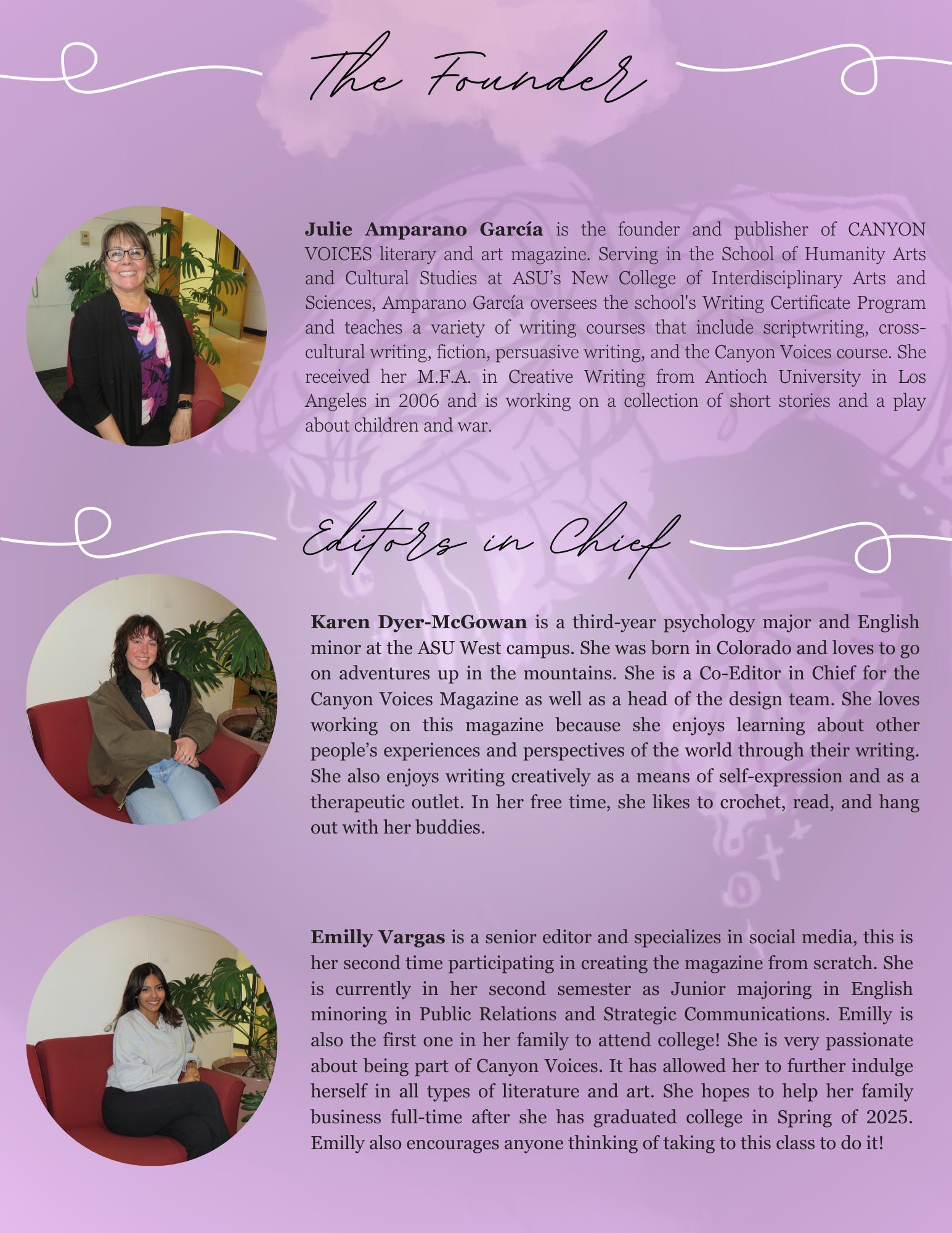


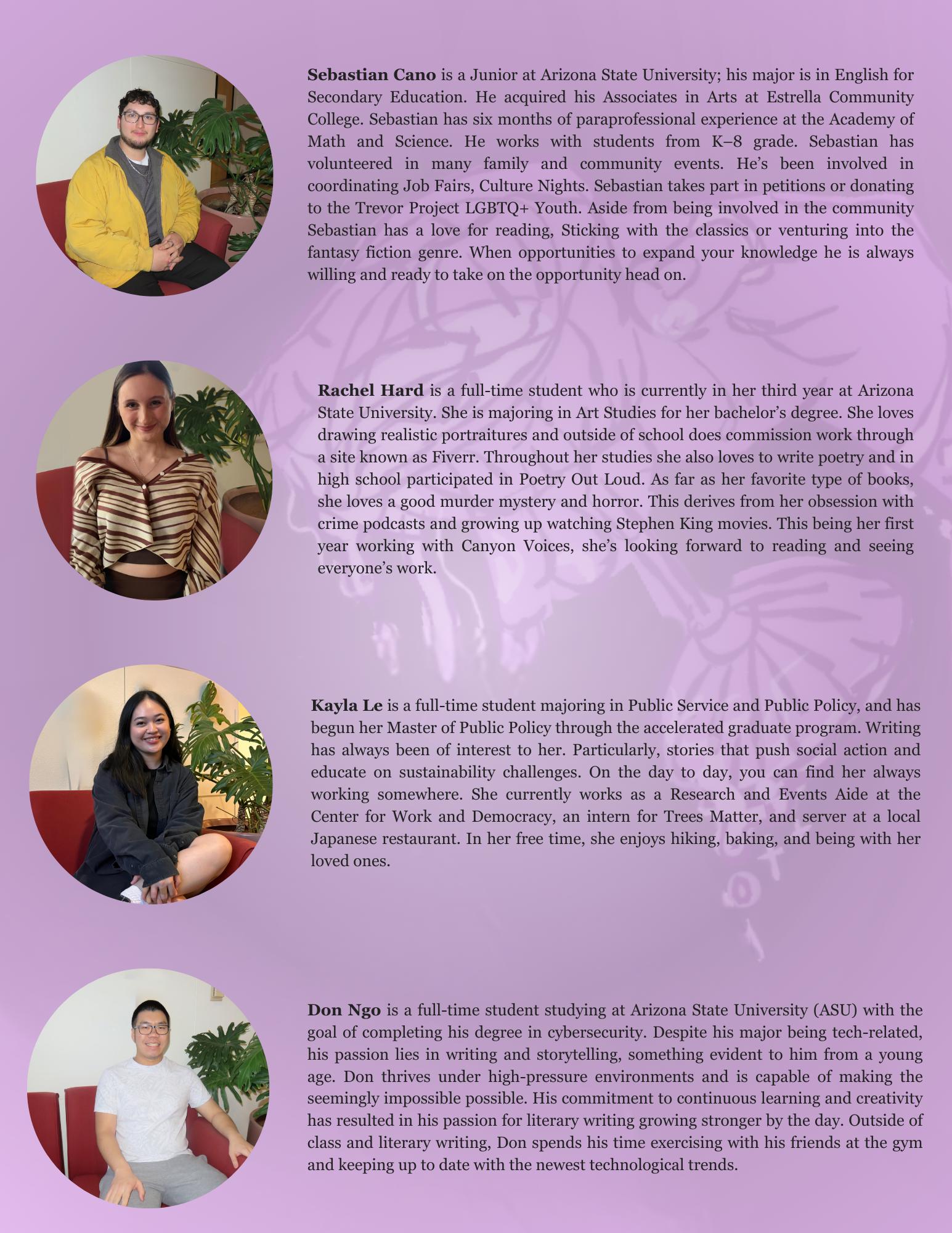
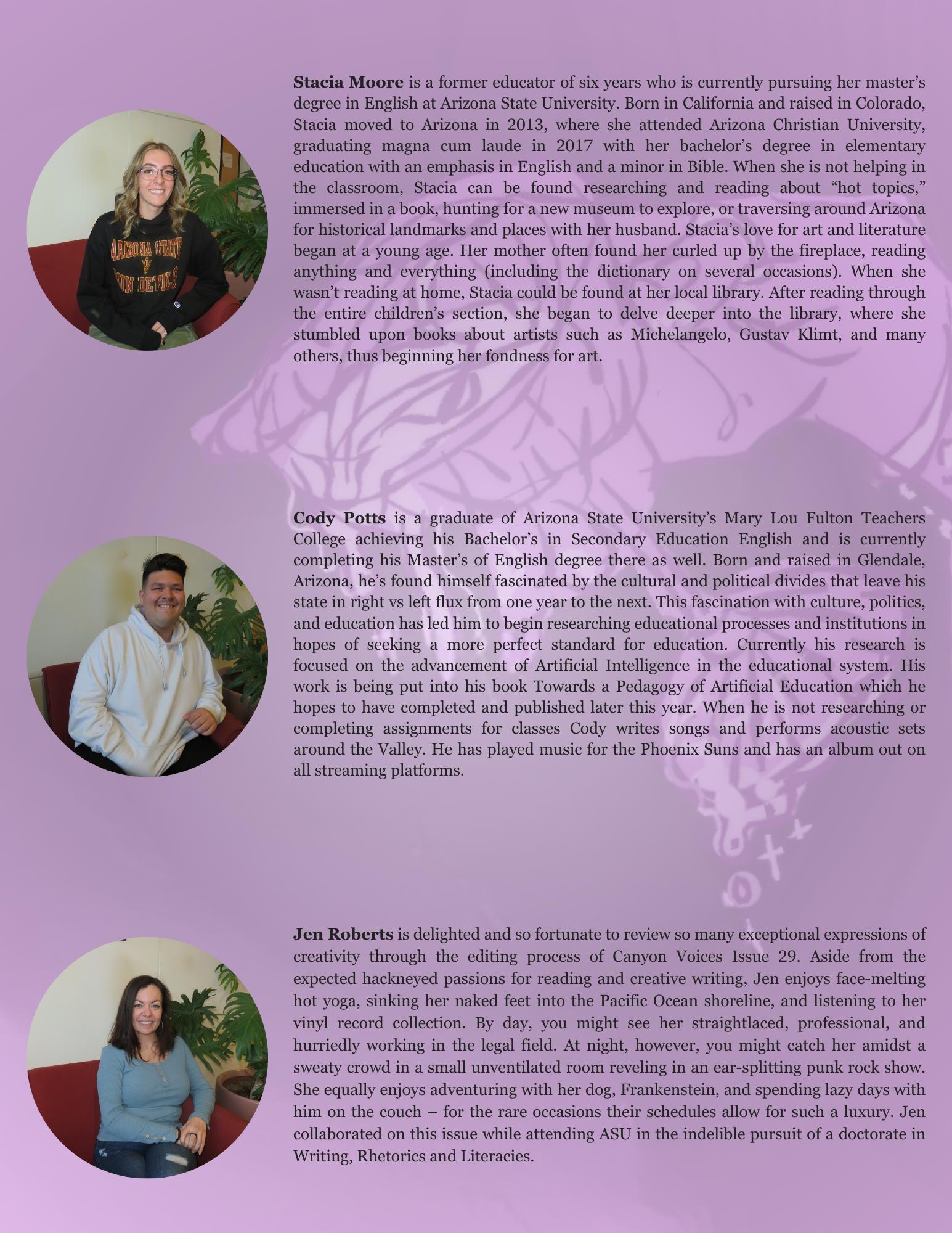
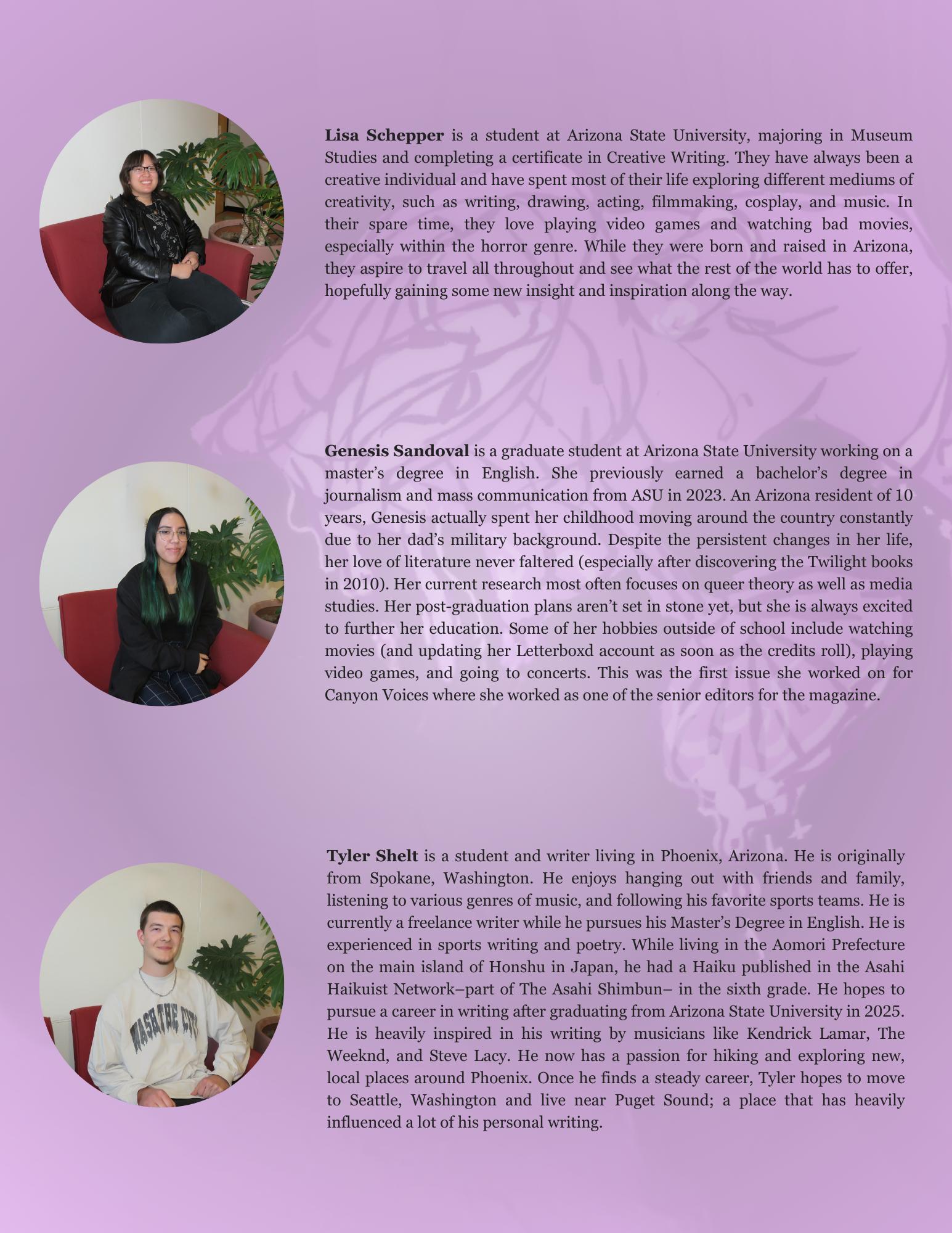

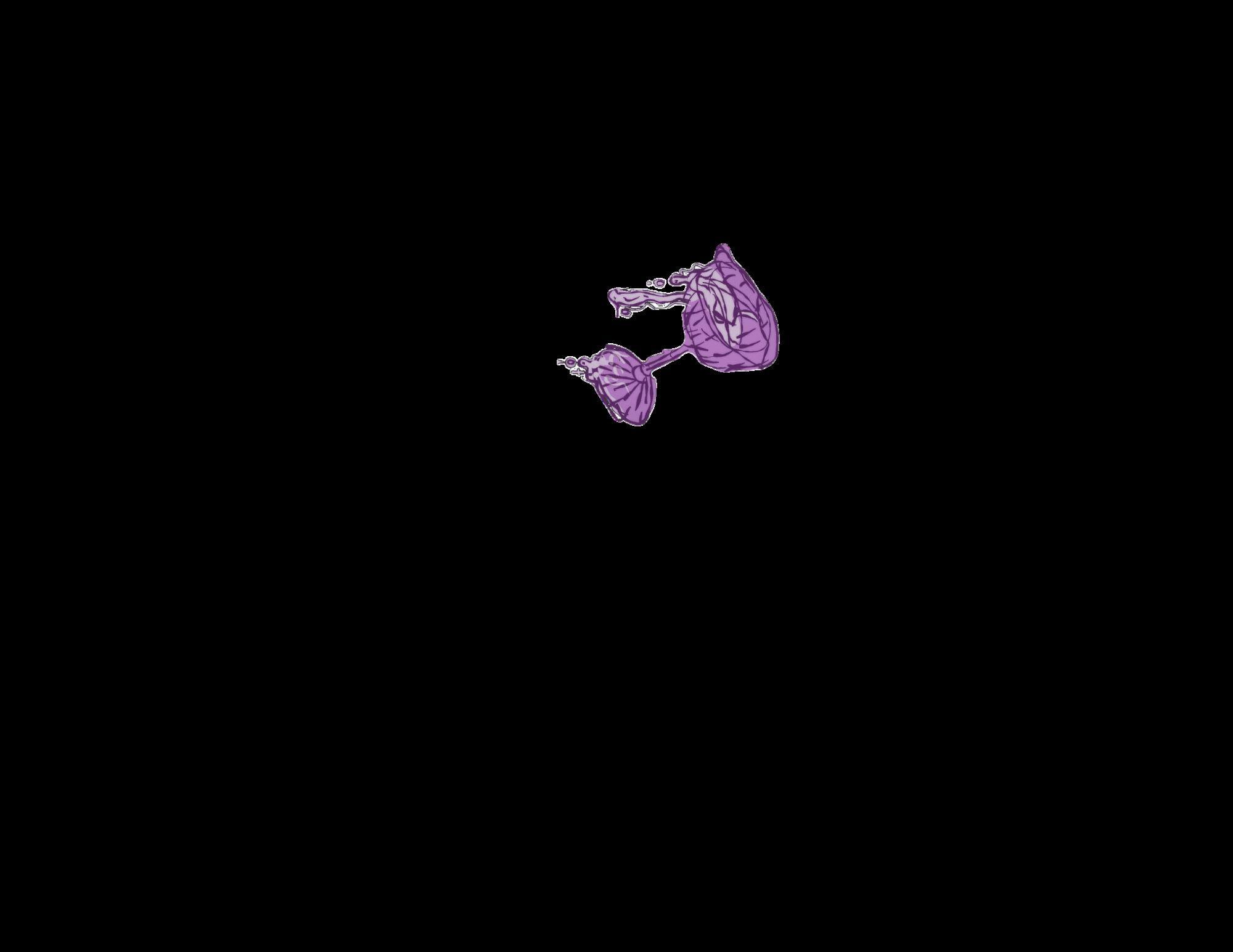



Canyon Voices Issue 29






 Karen Dyer-McGowan Emilly Vargas
Karen Dyer-McGowan Emilly Vargas






























 Jacy Arreola-Romero | photography
Jacy Arreola-Romero | photography






















































































